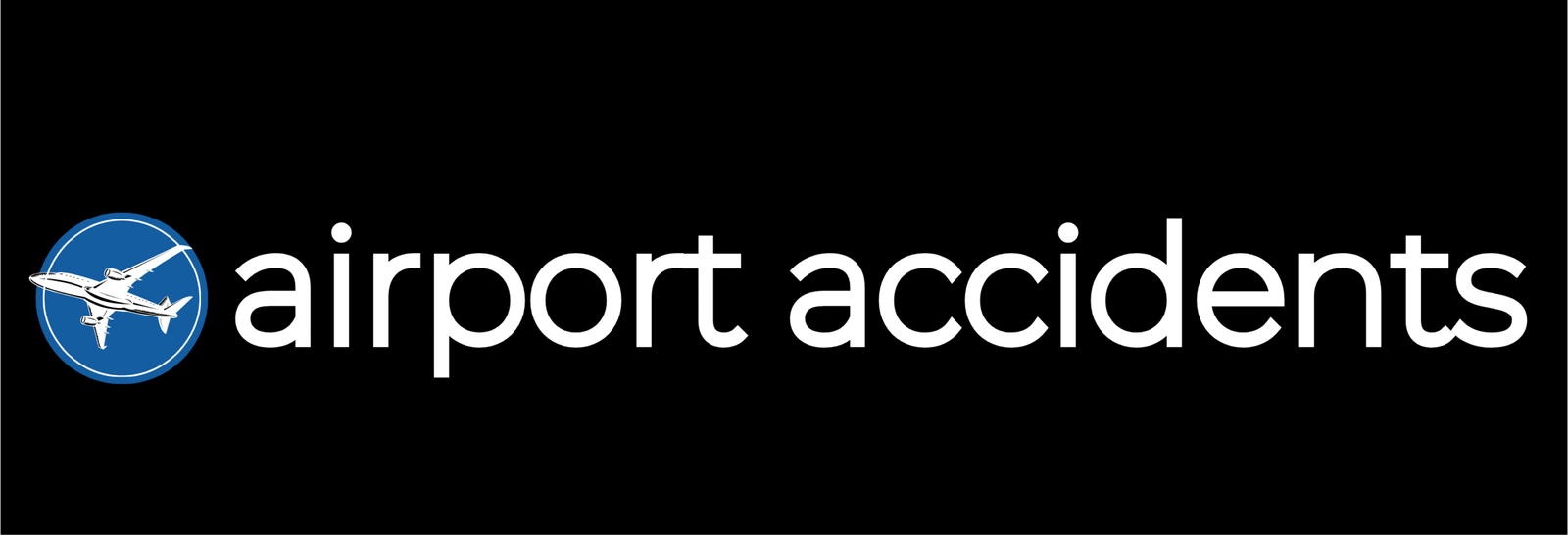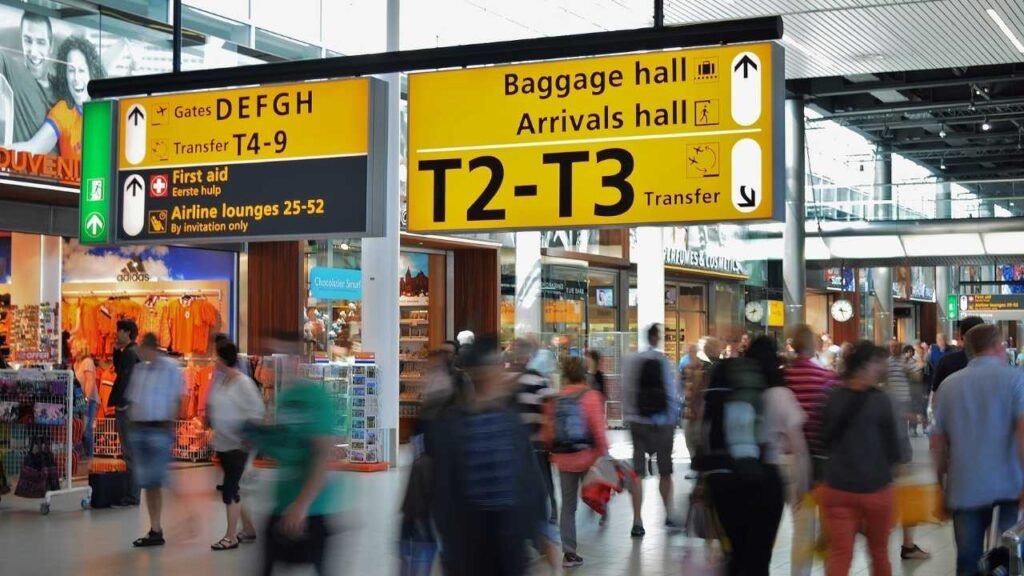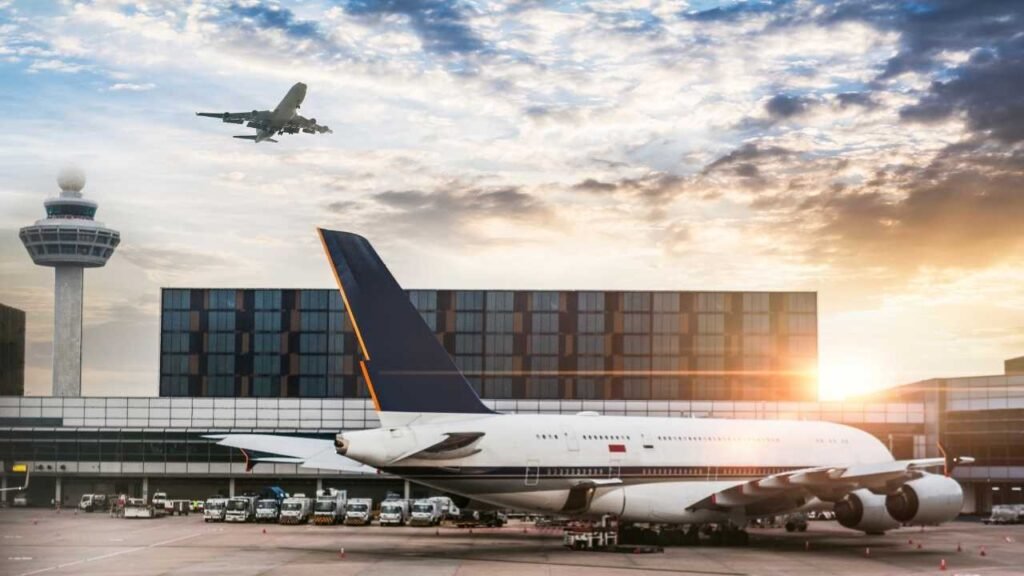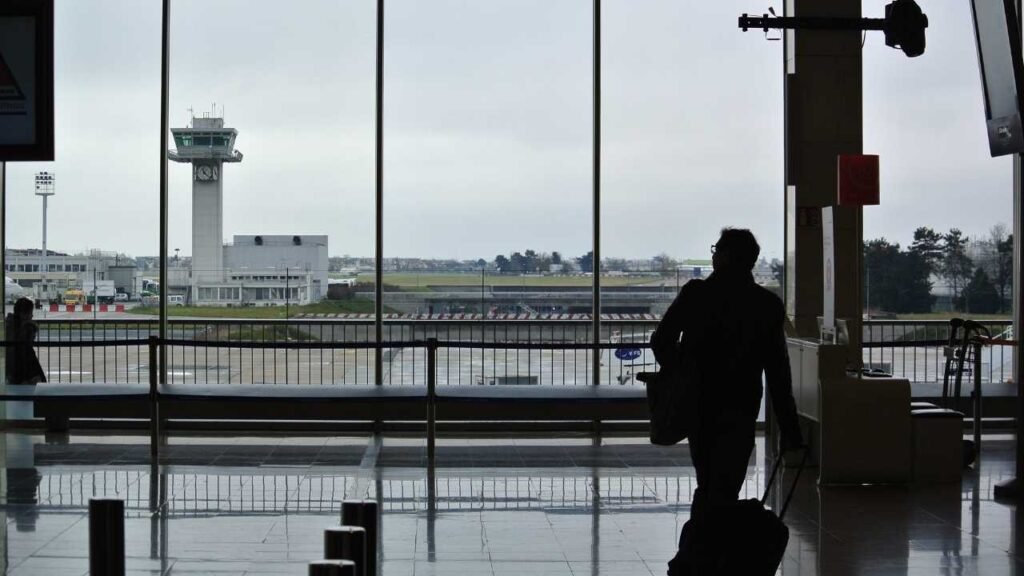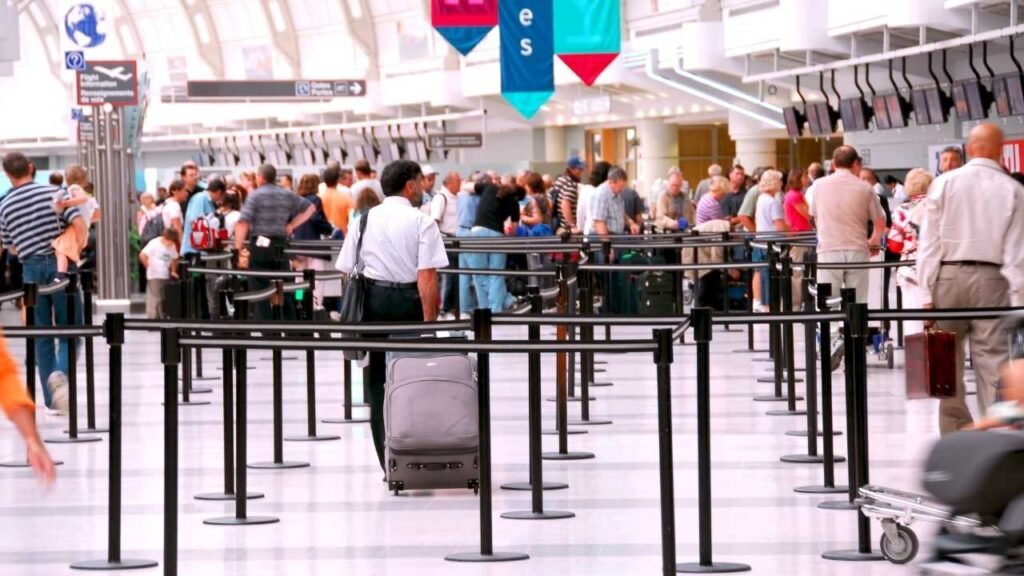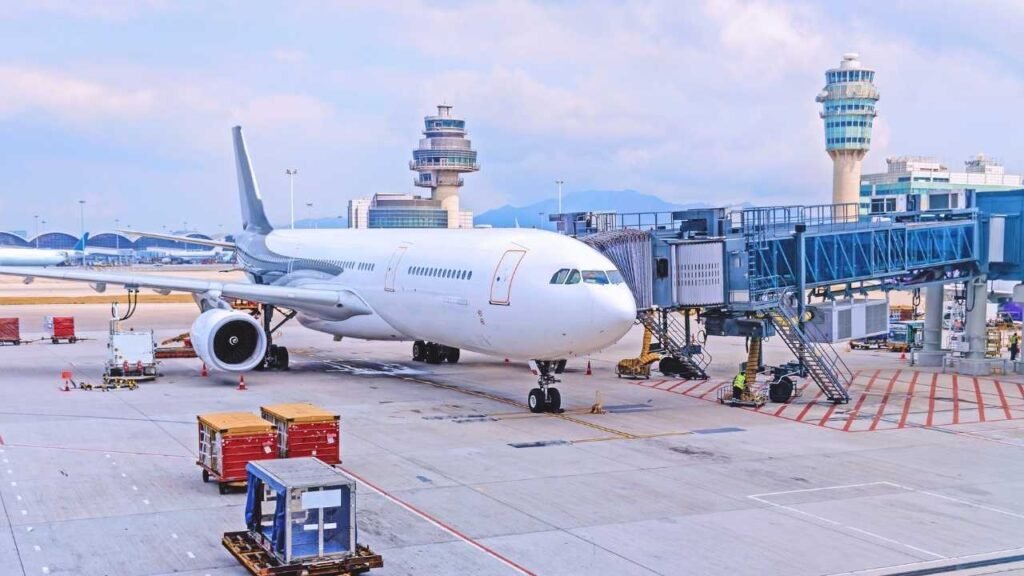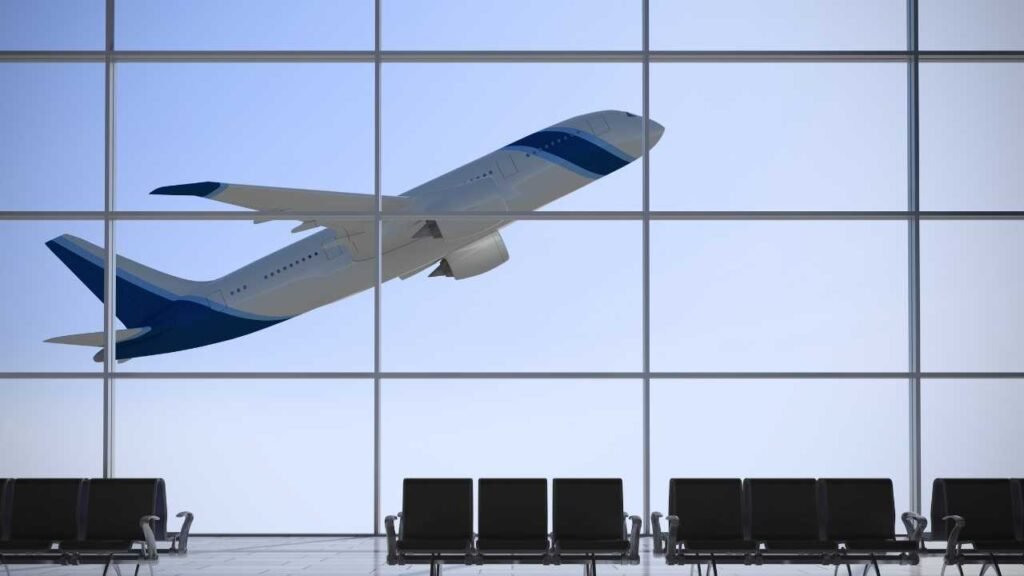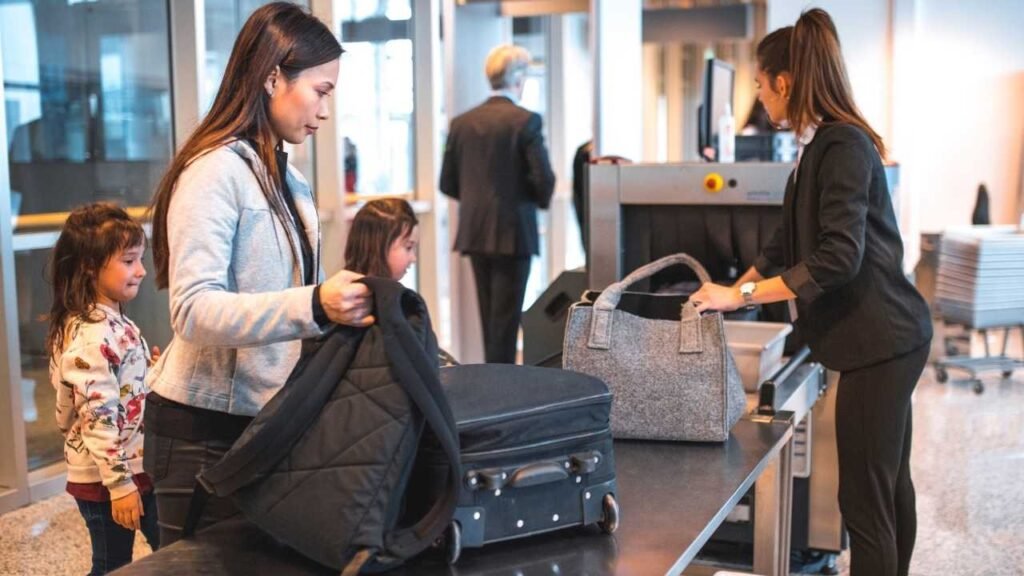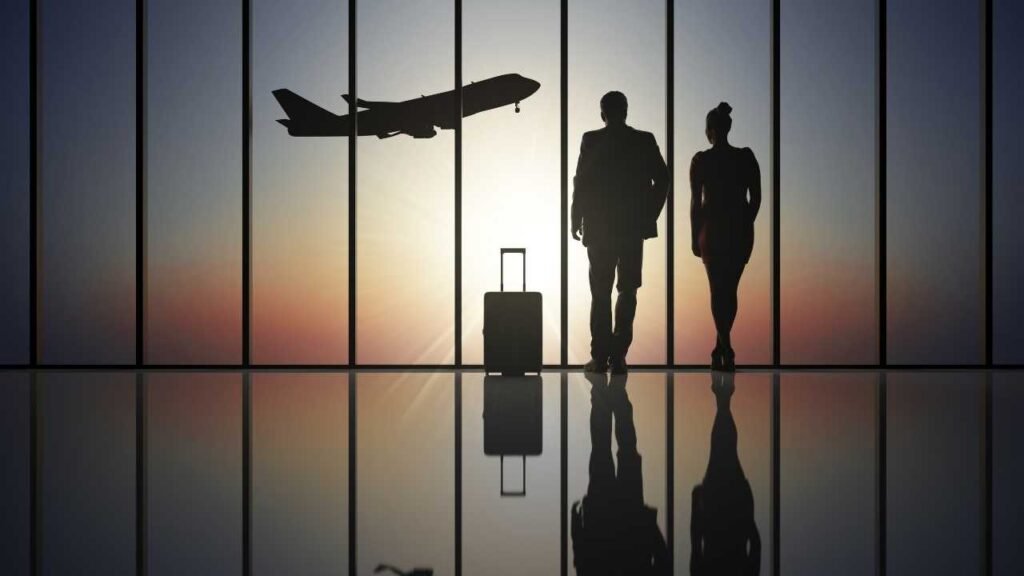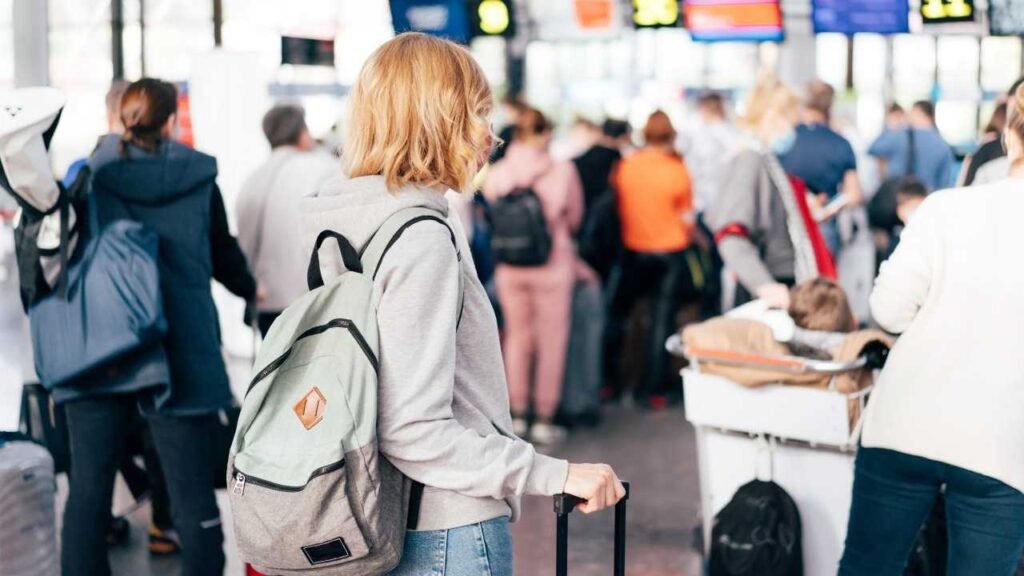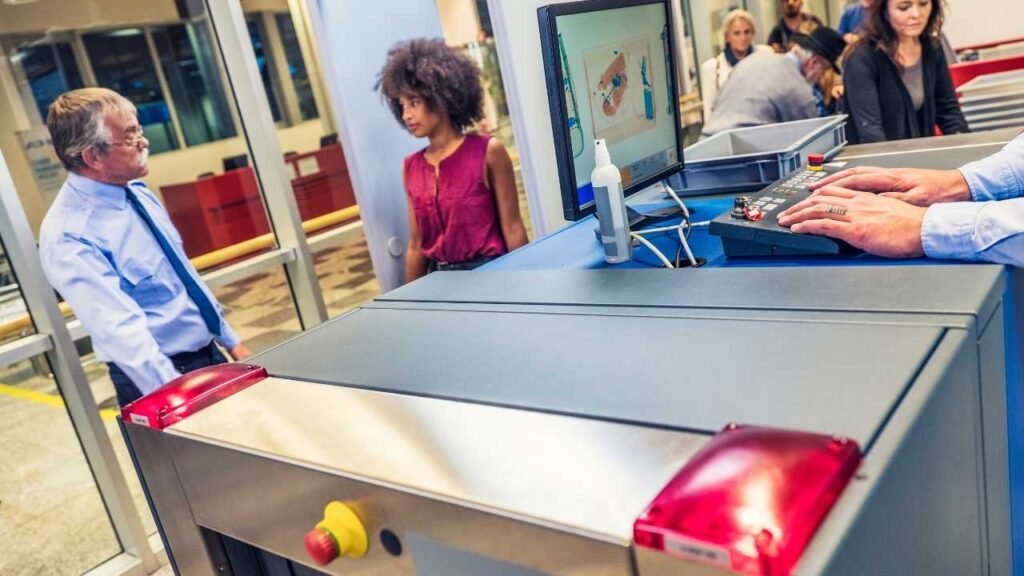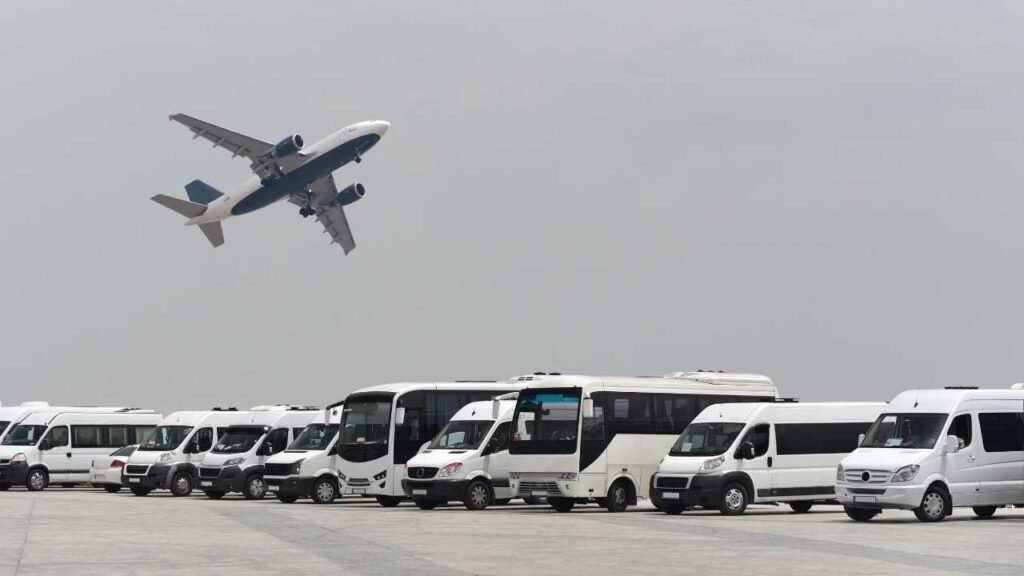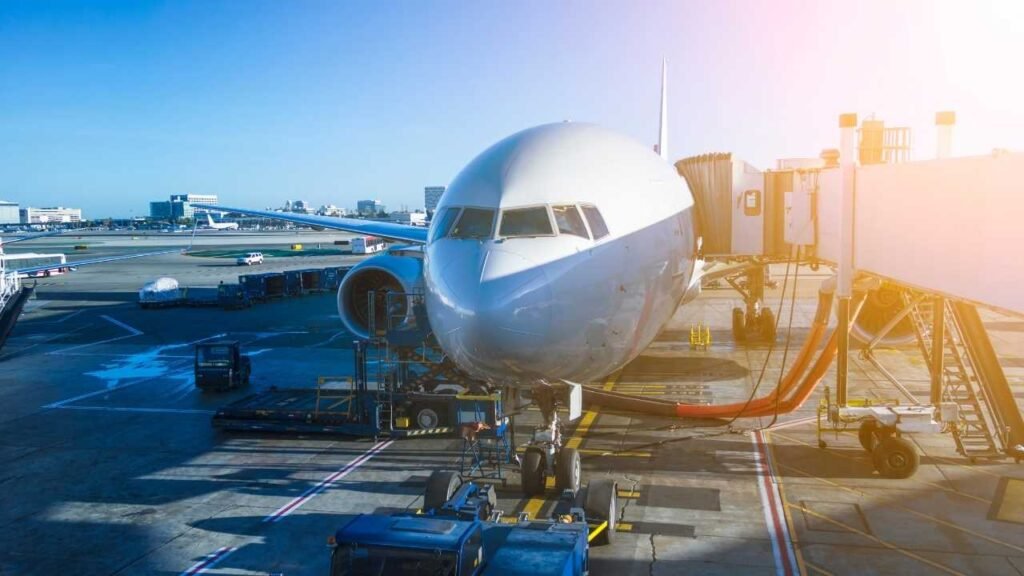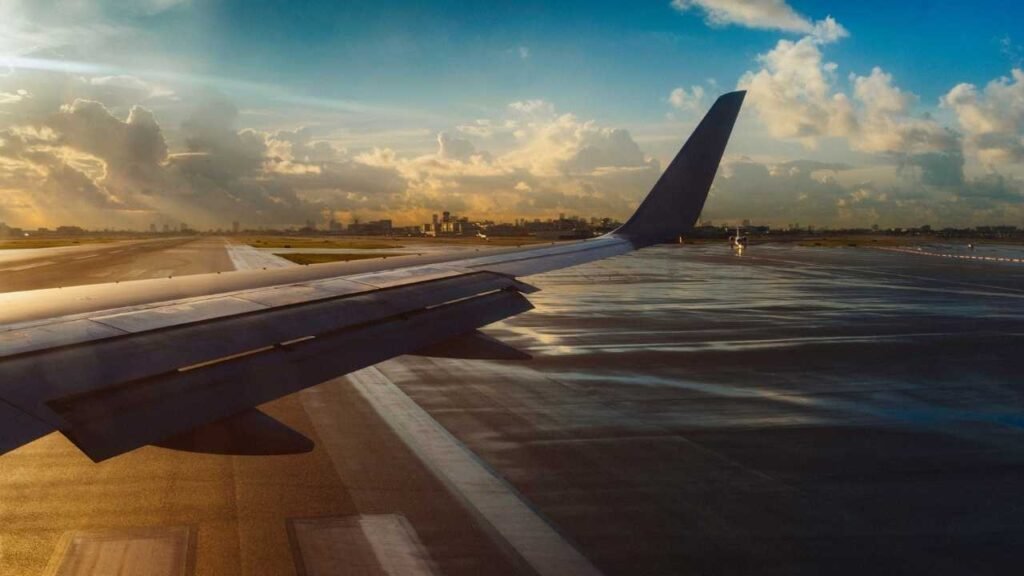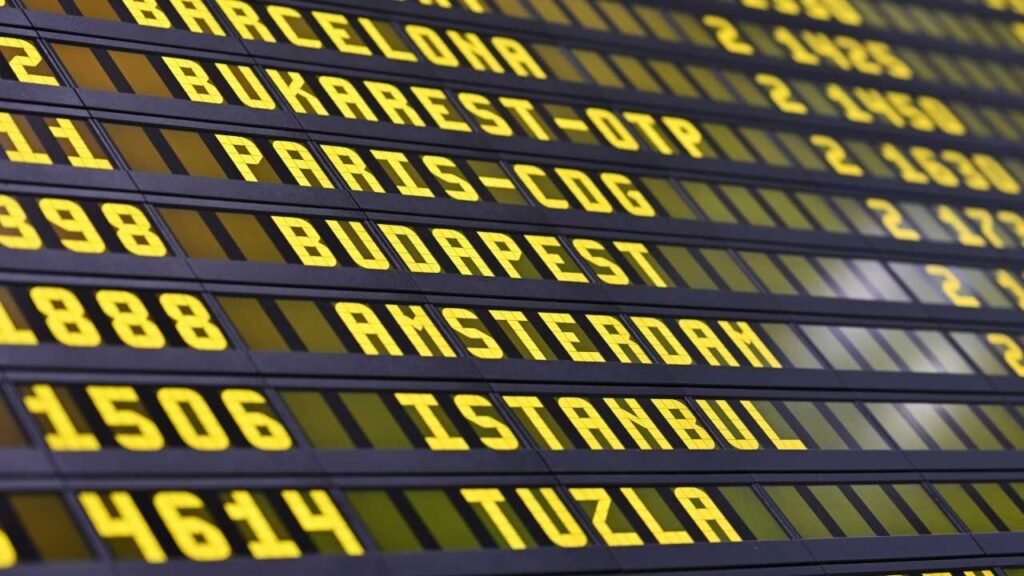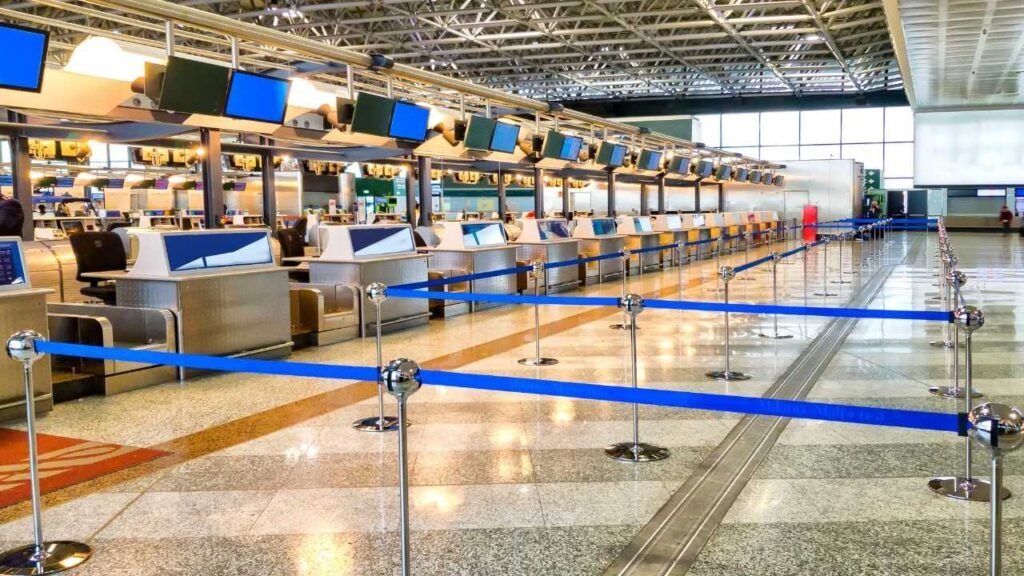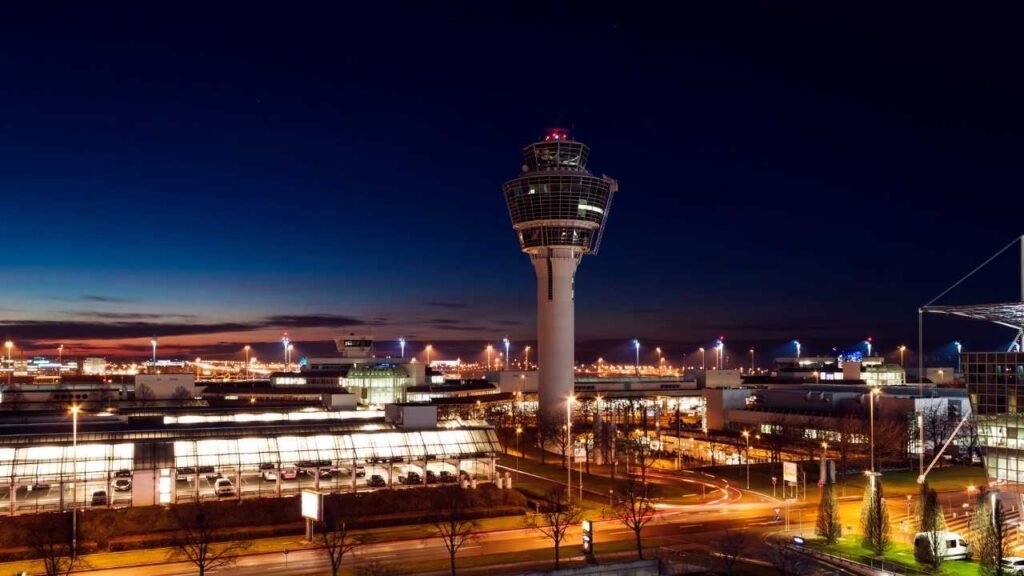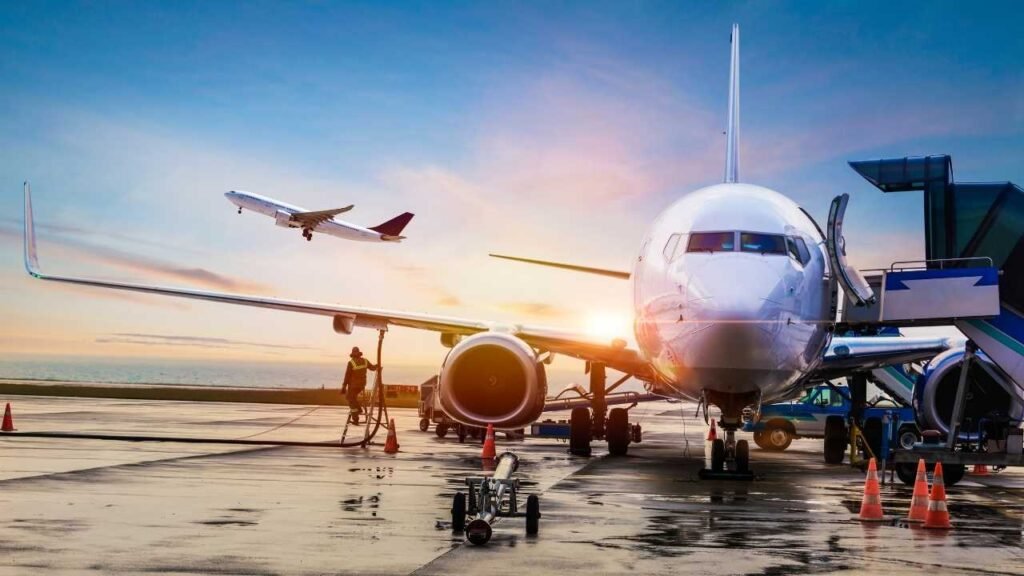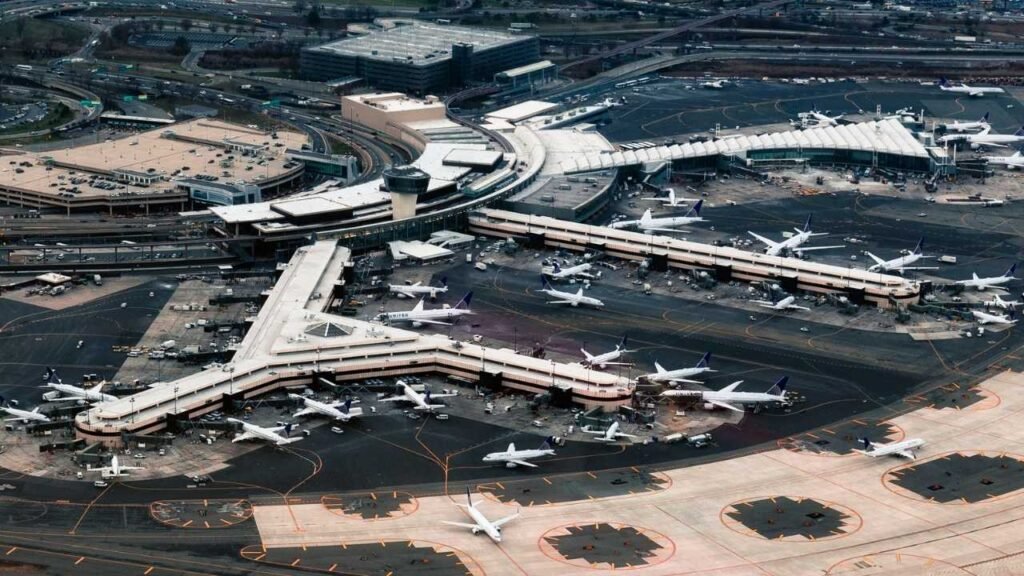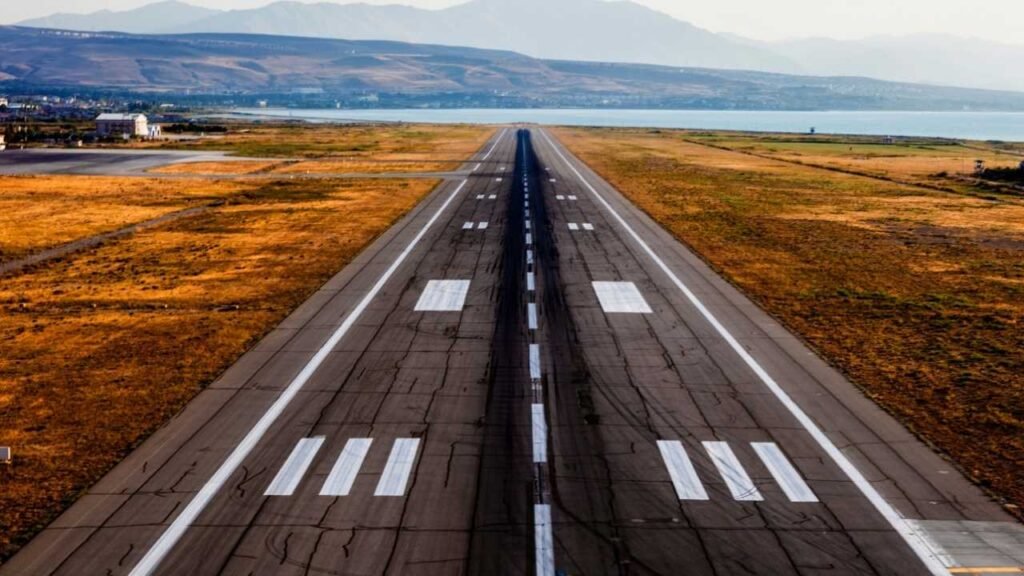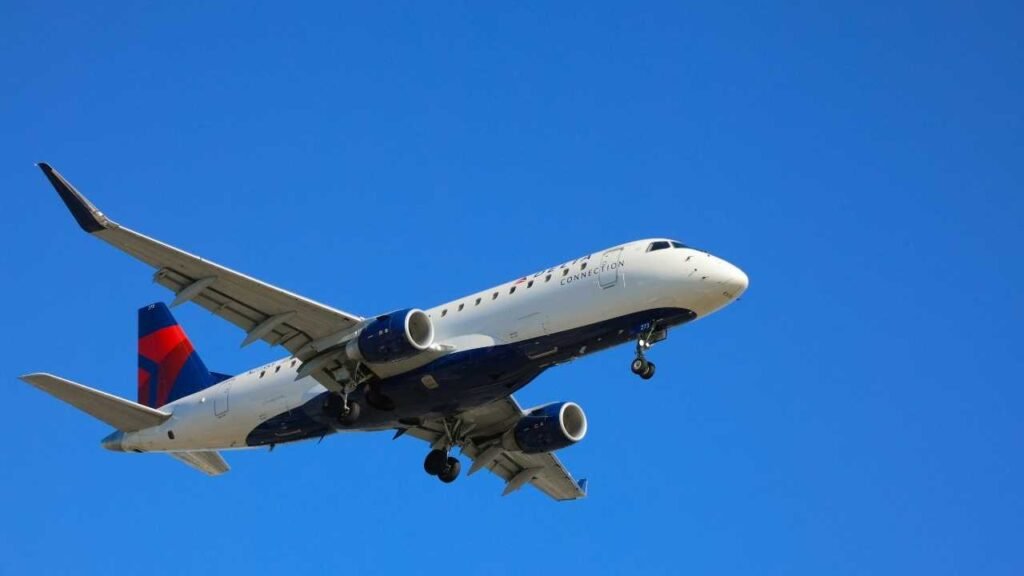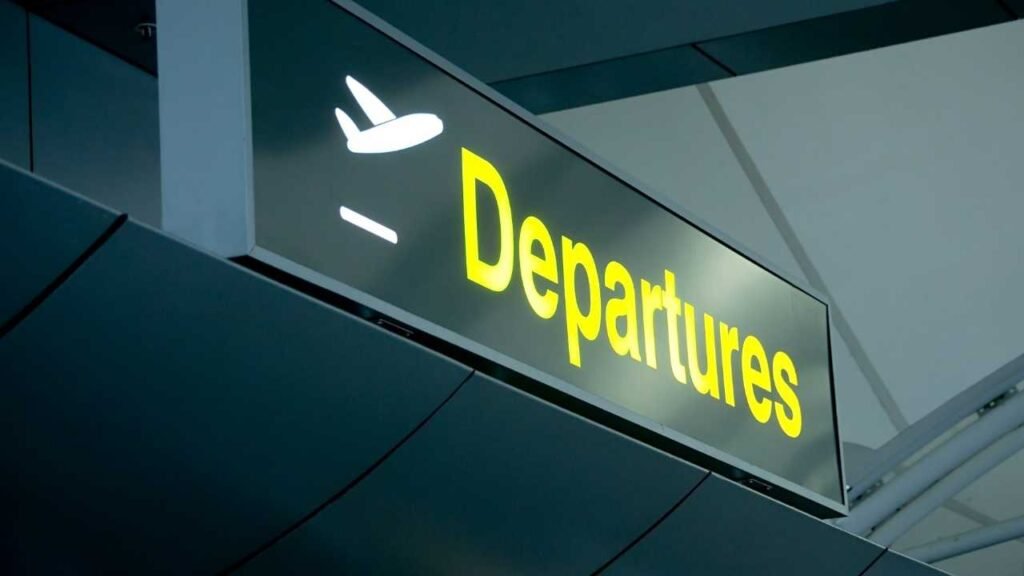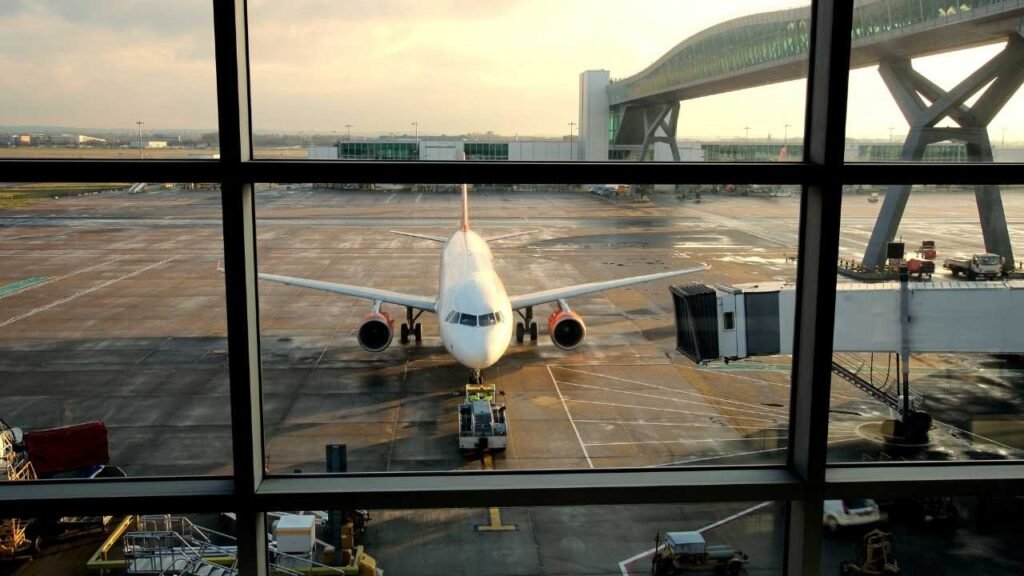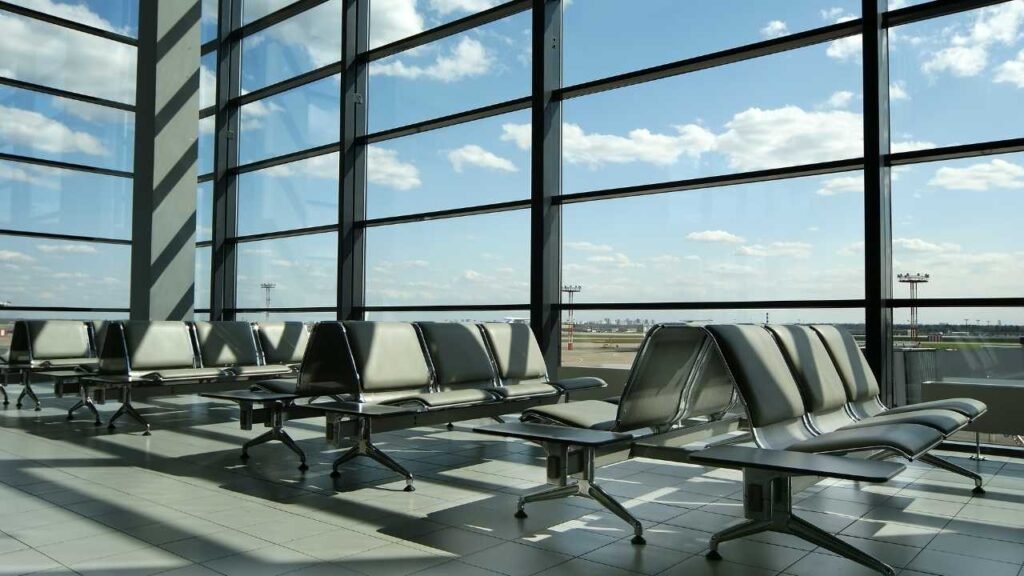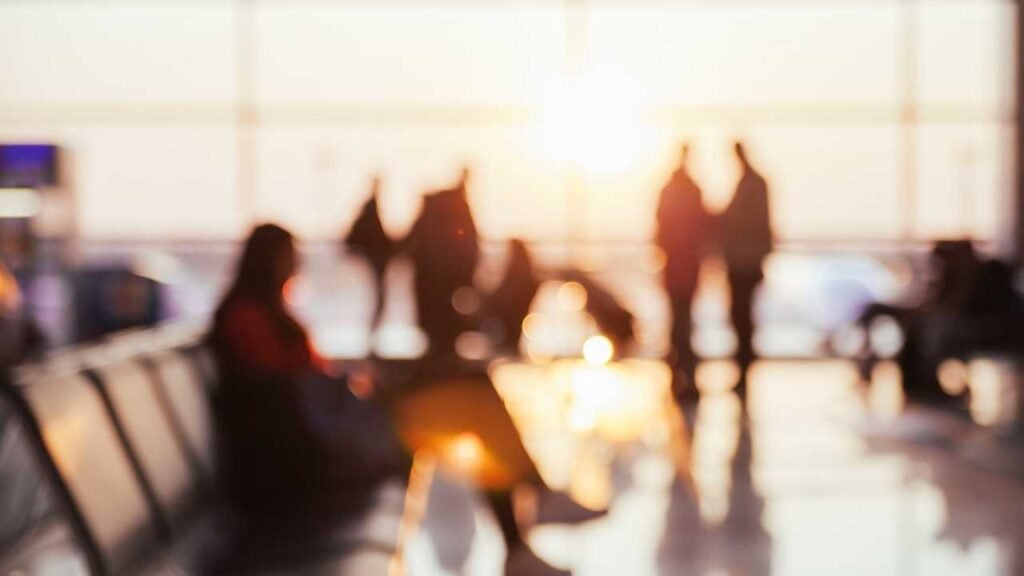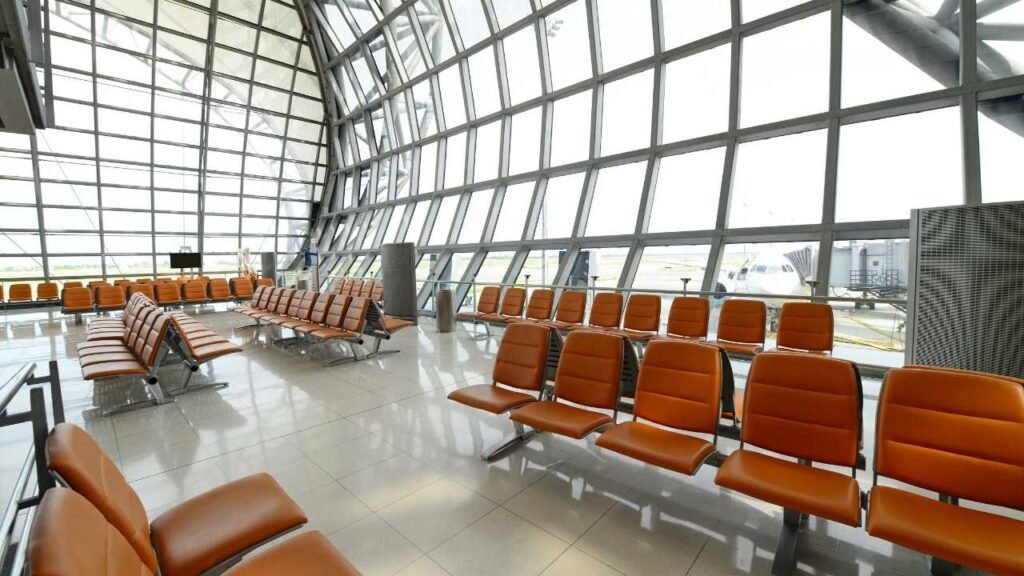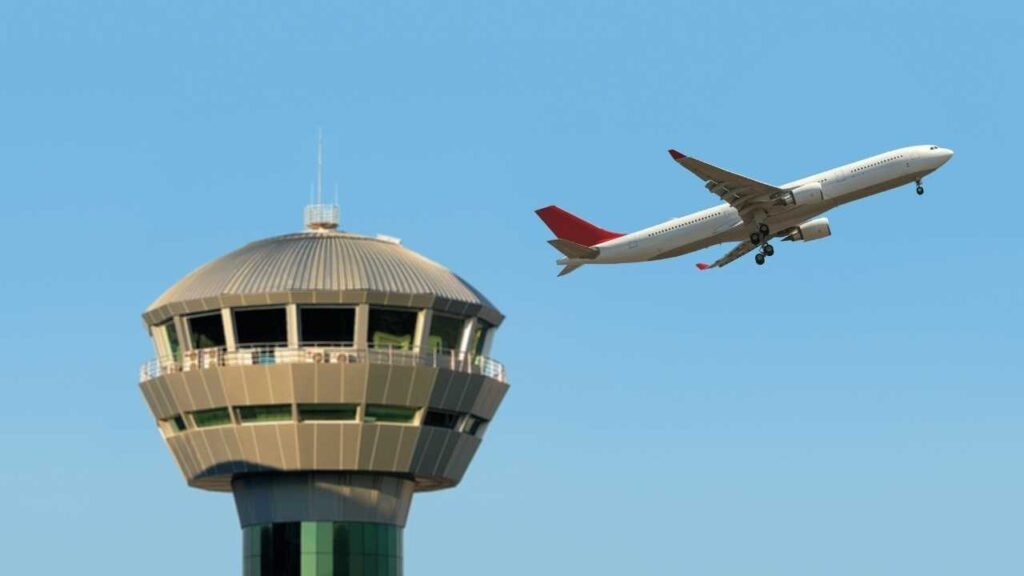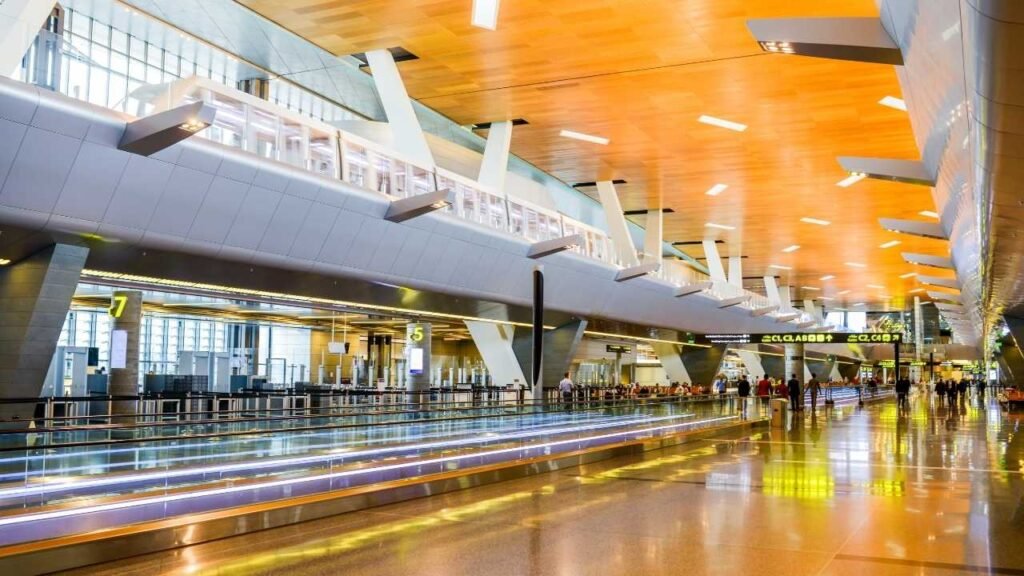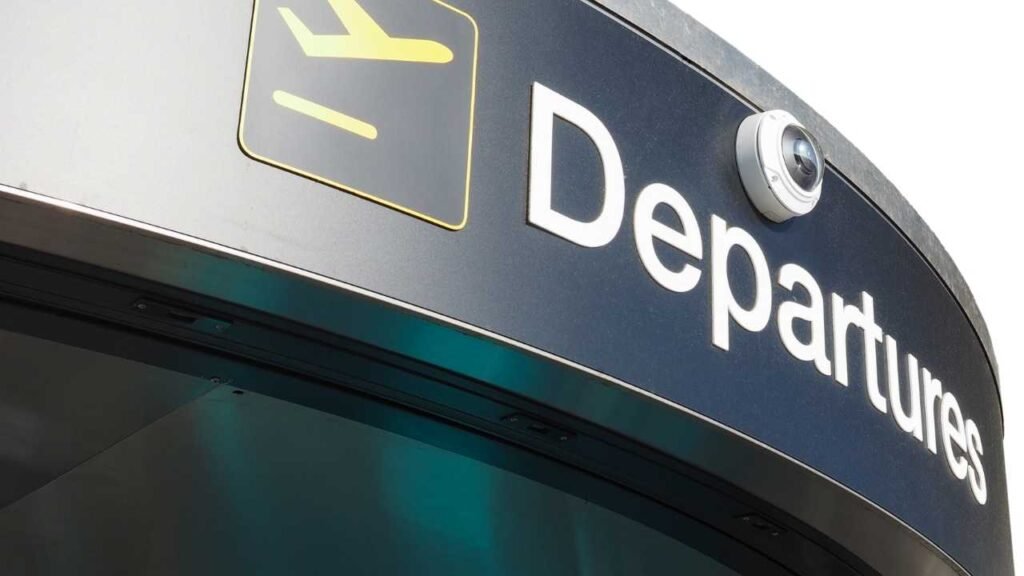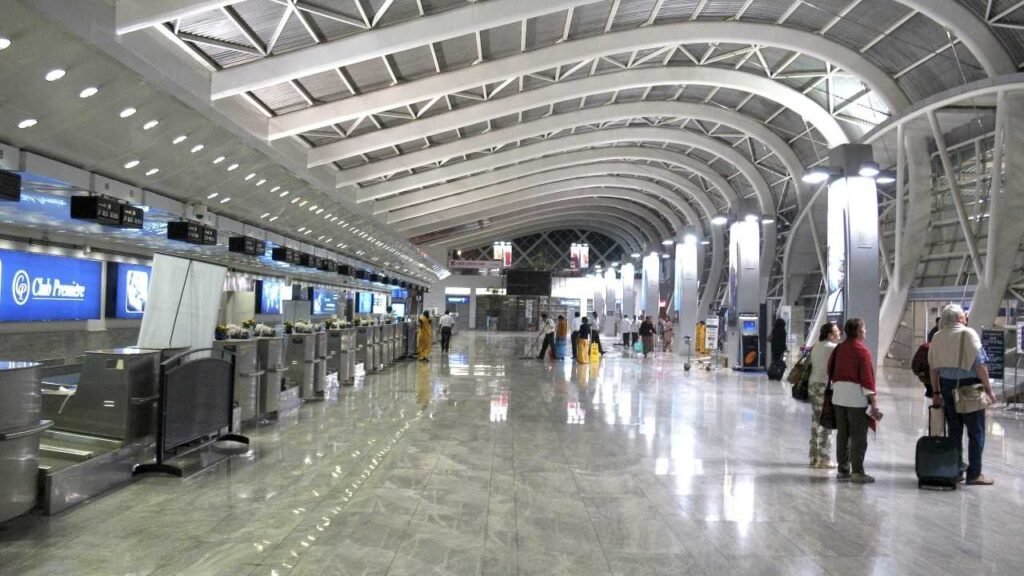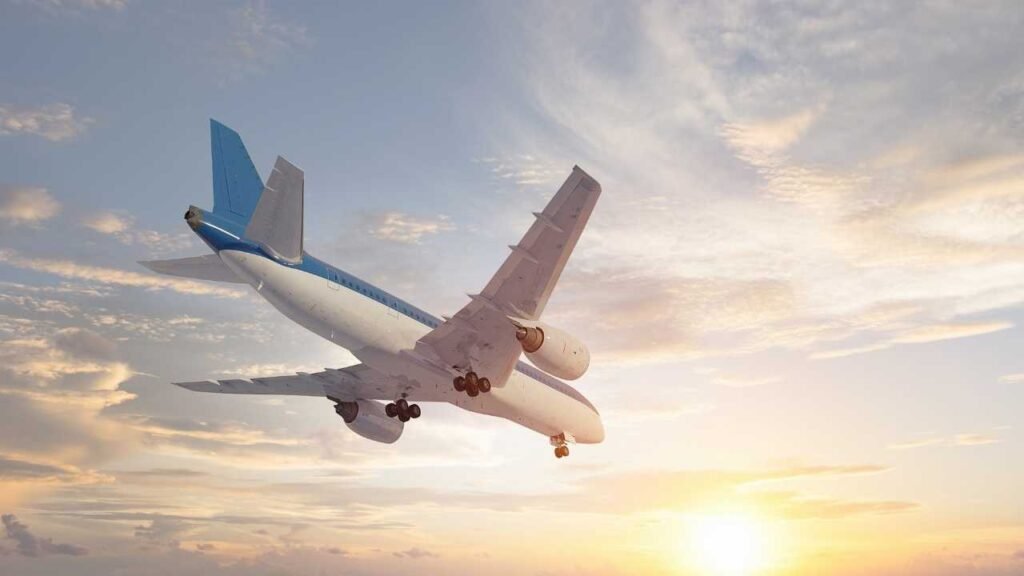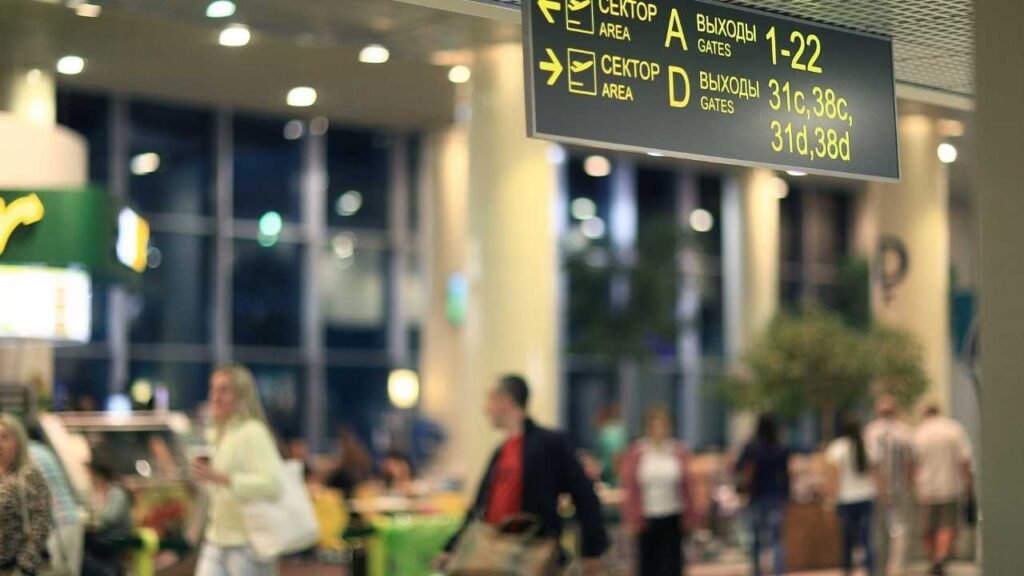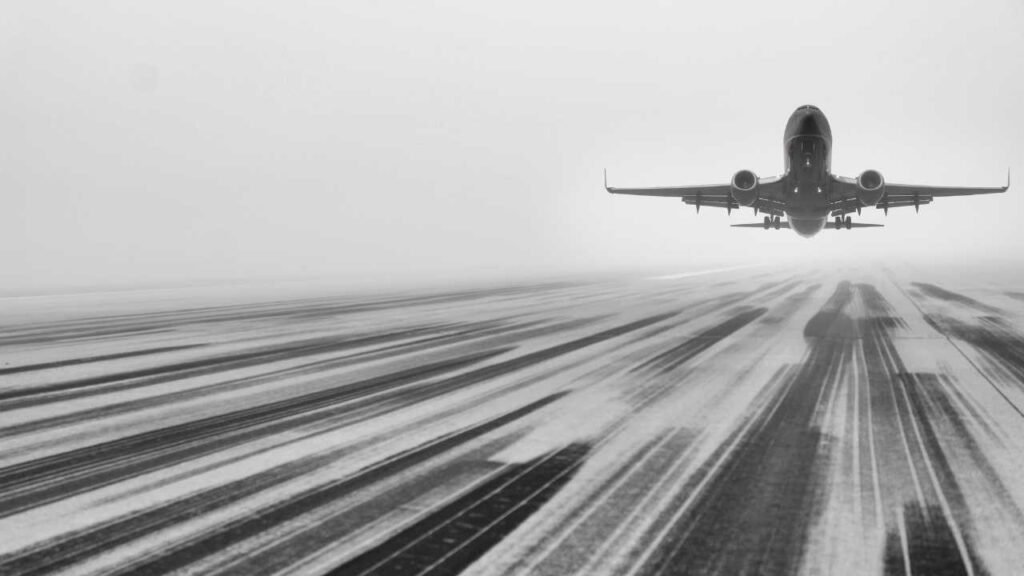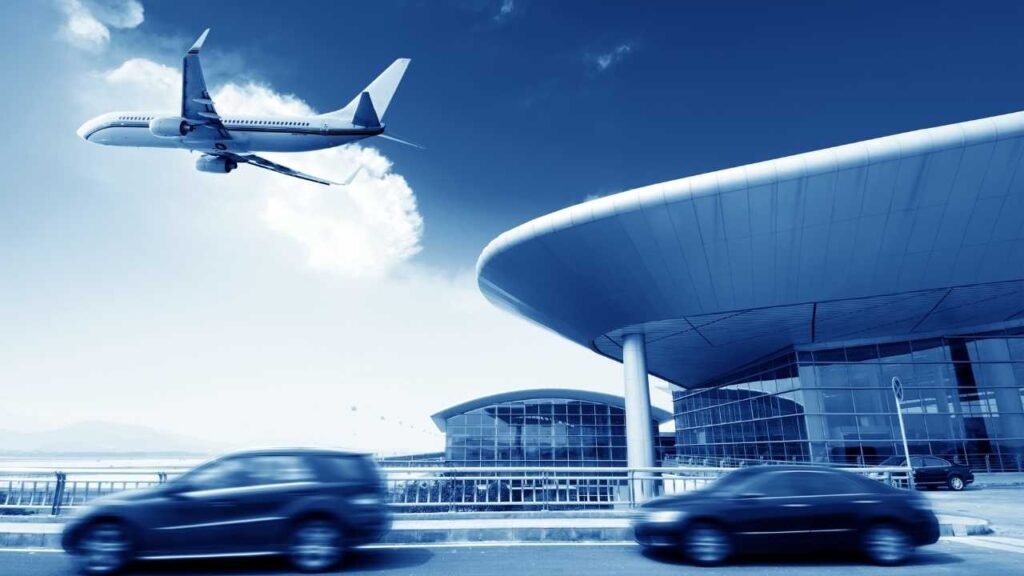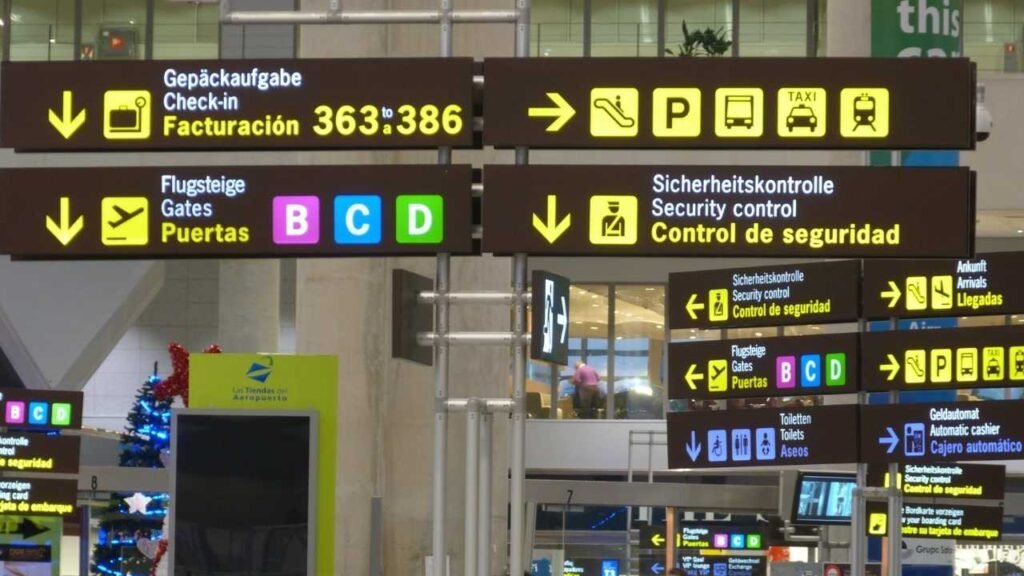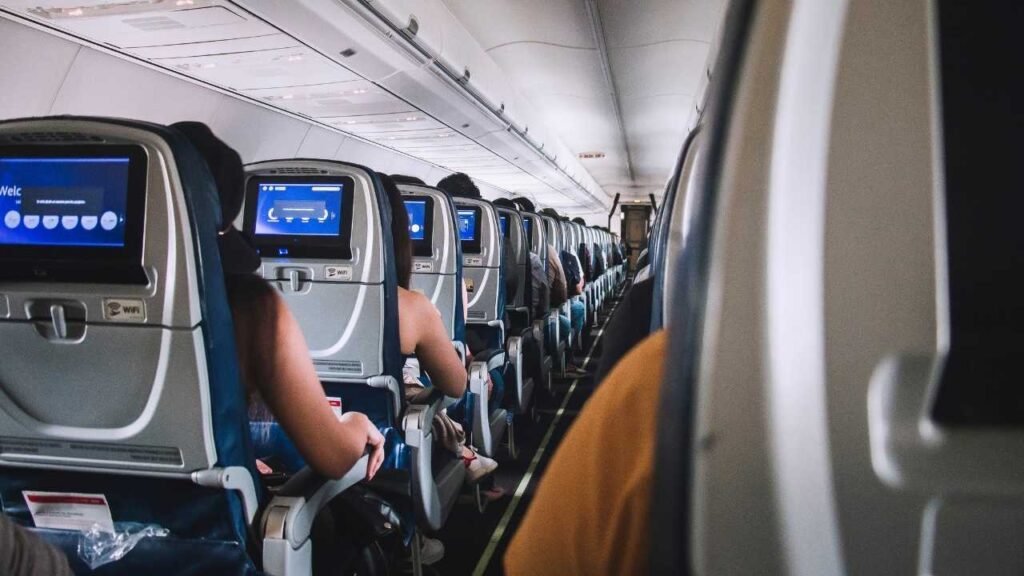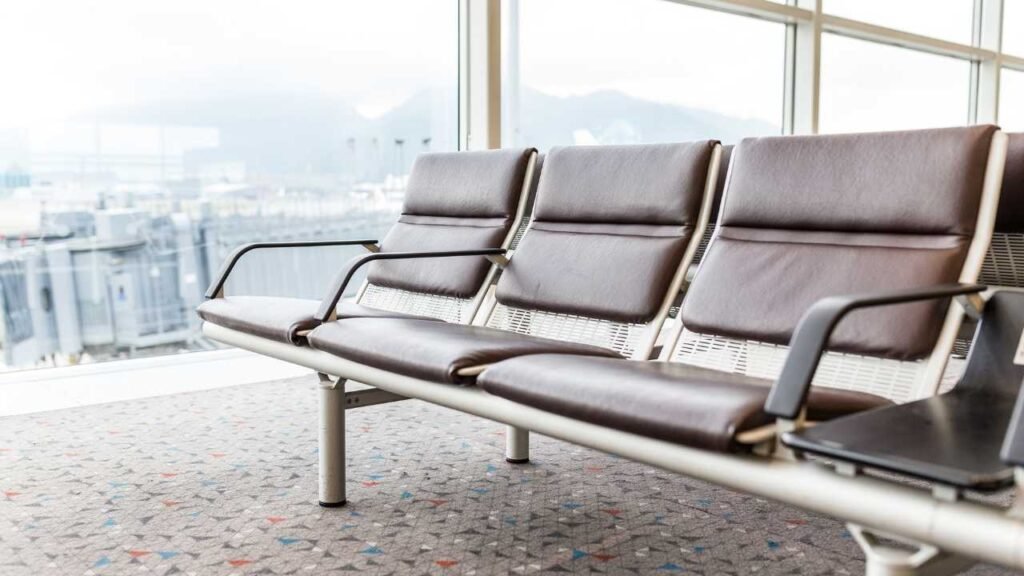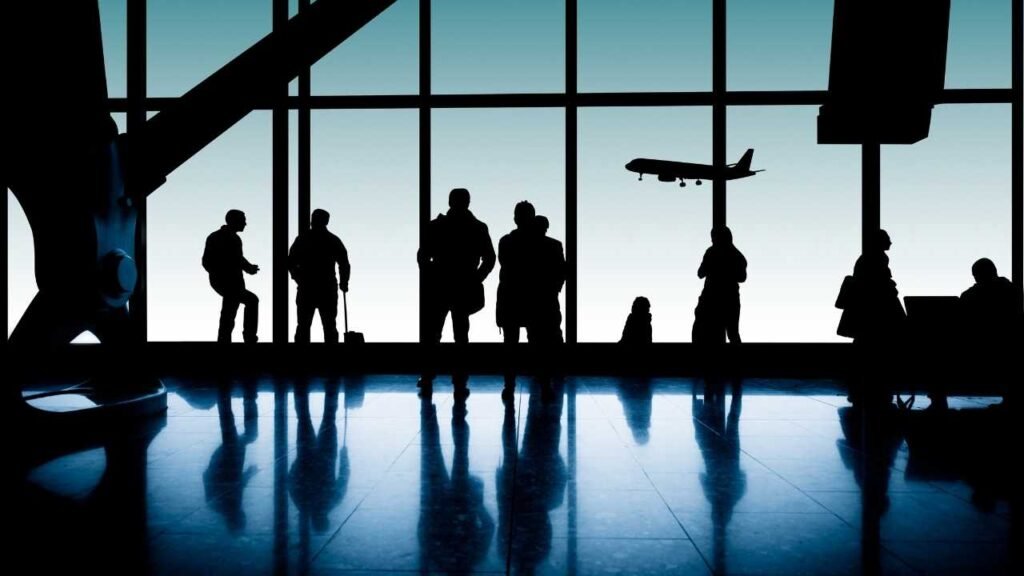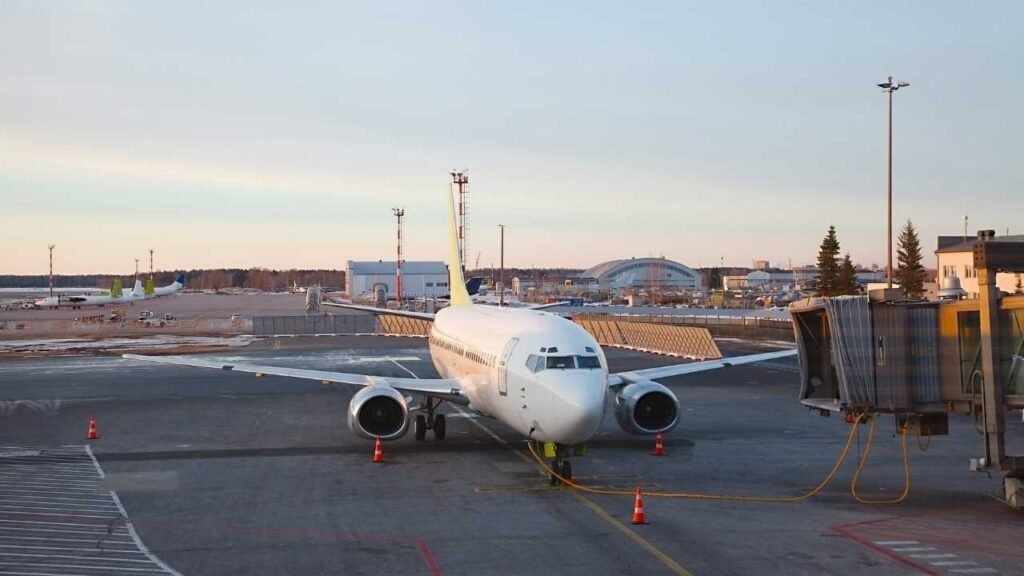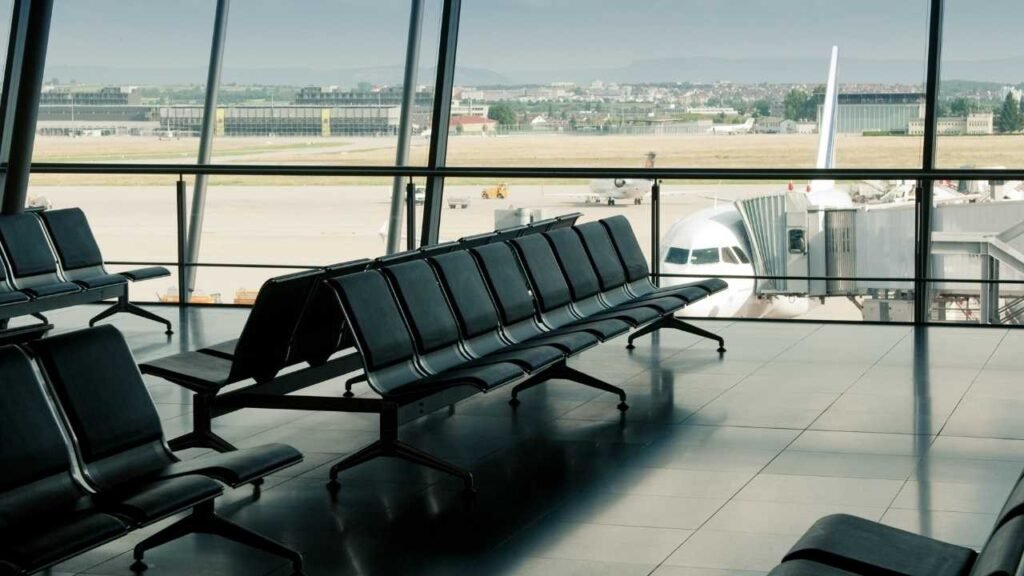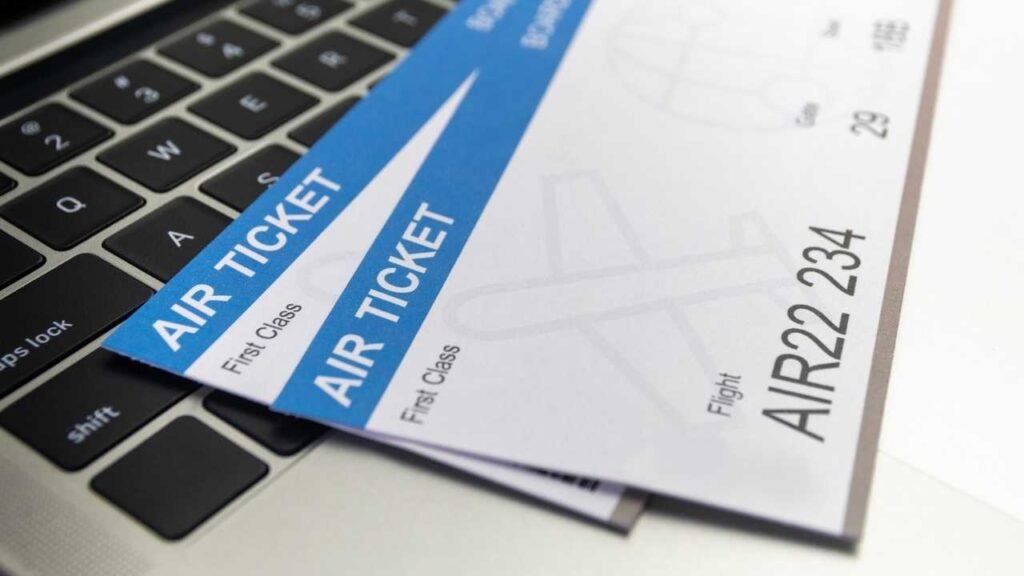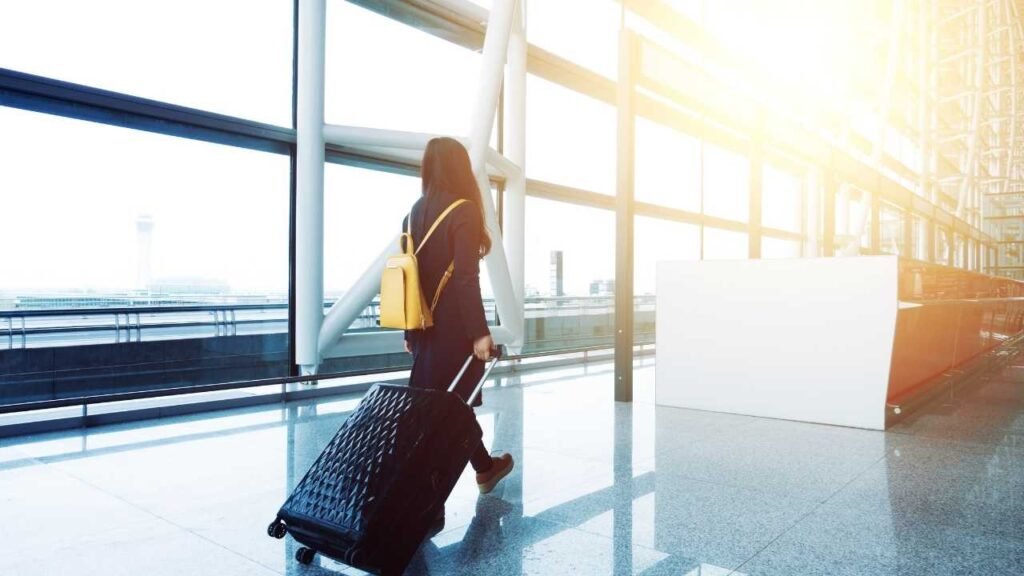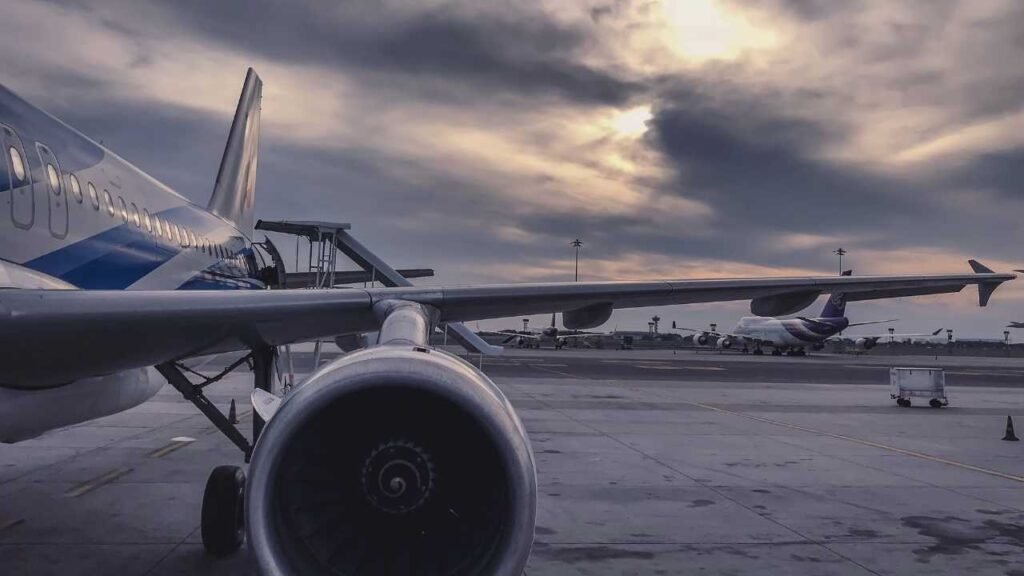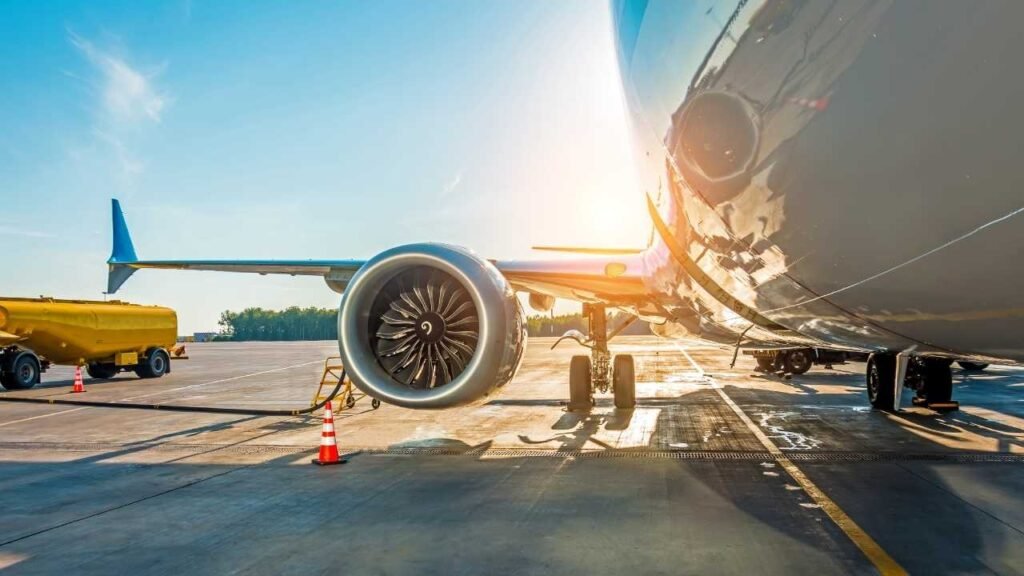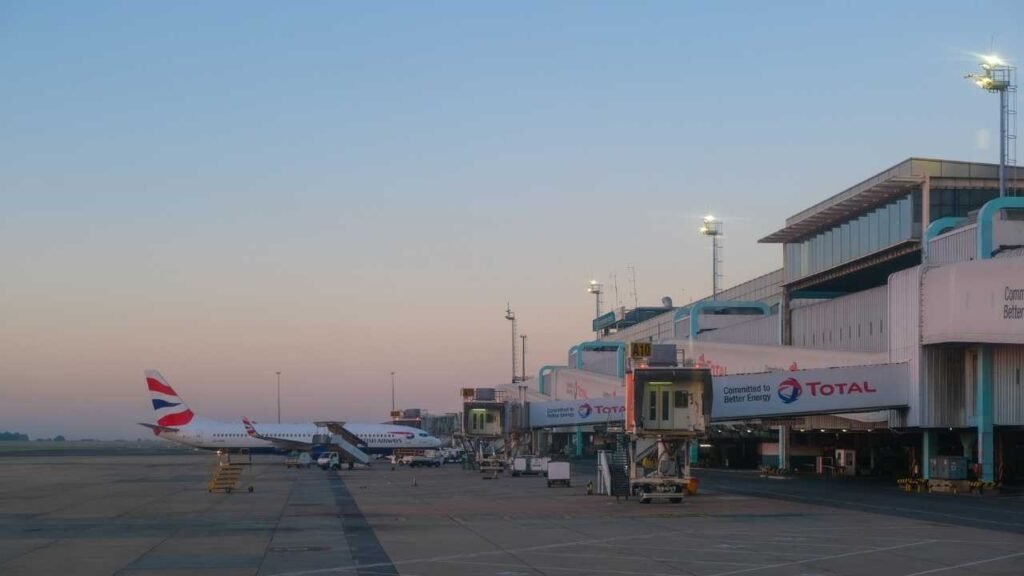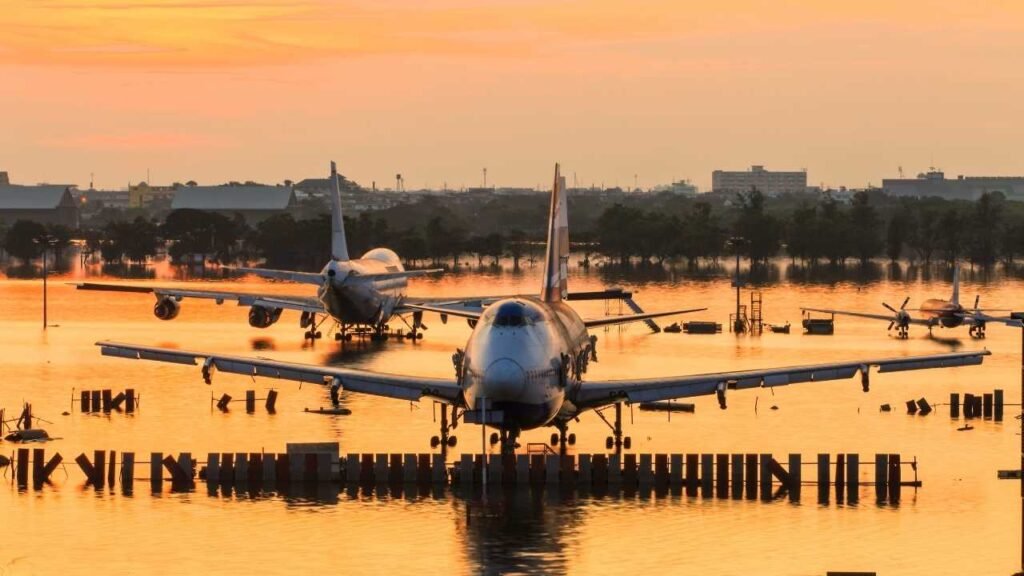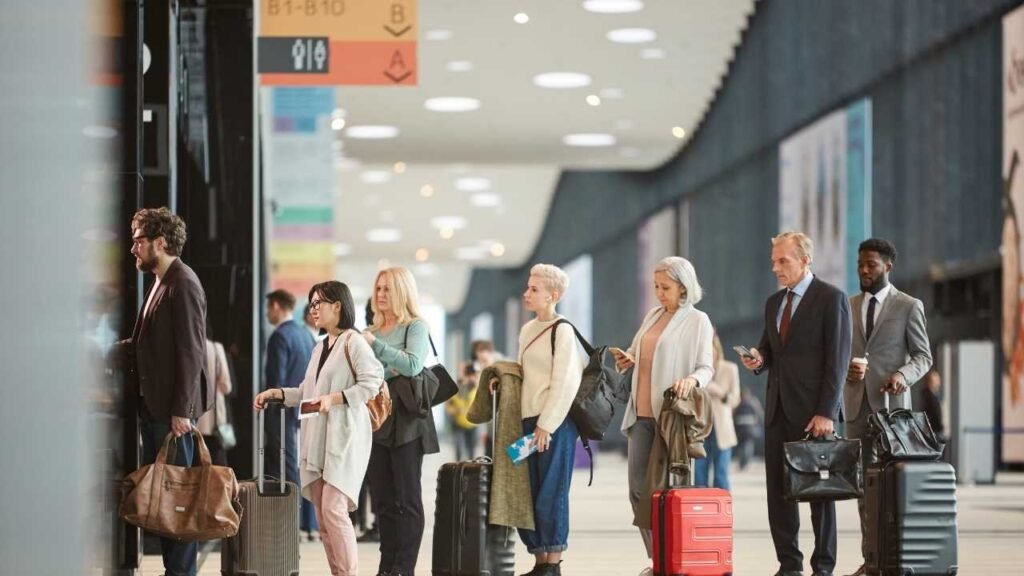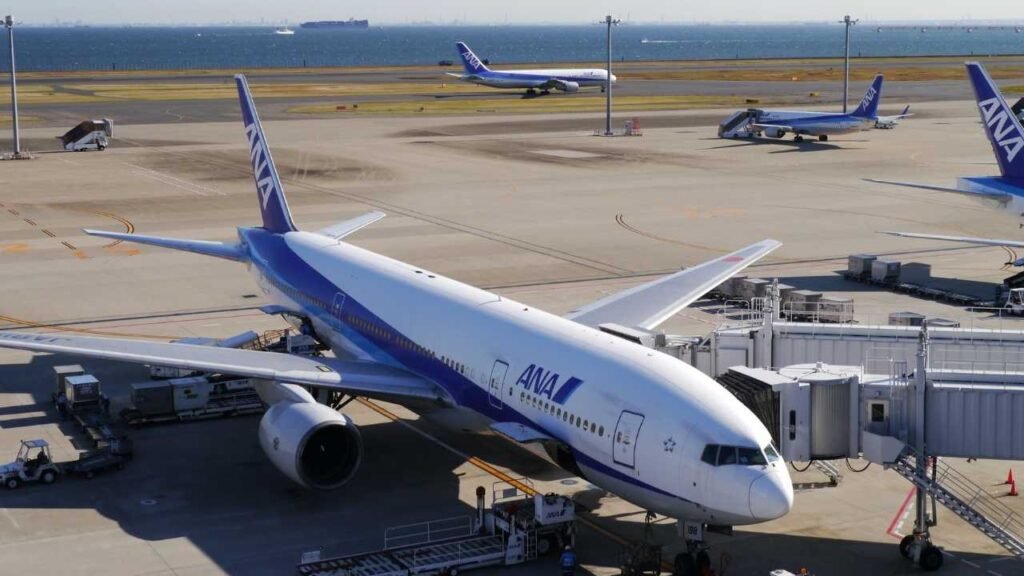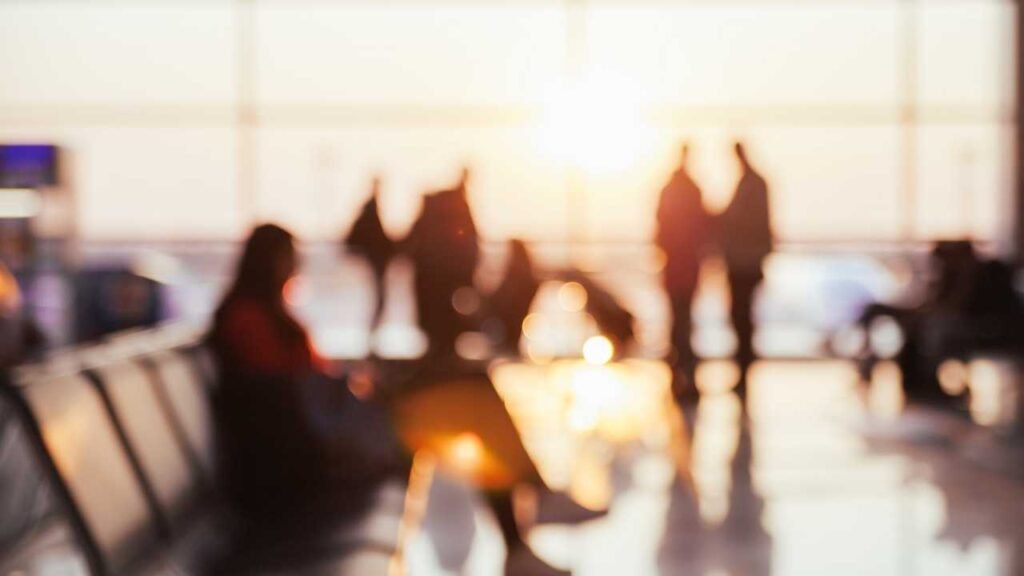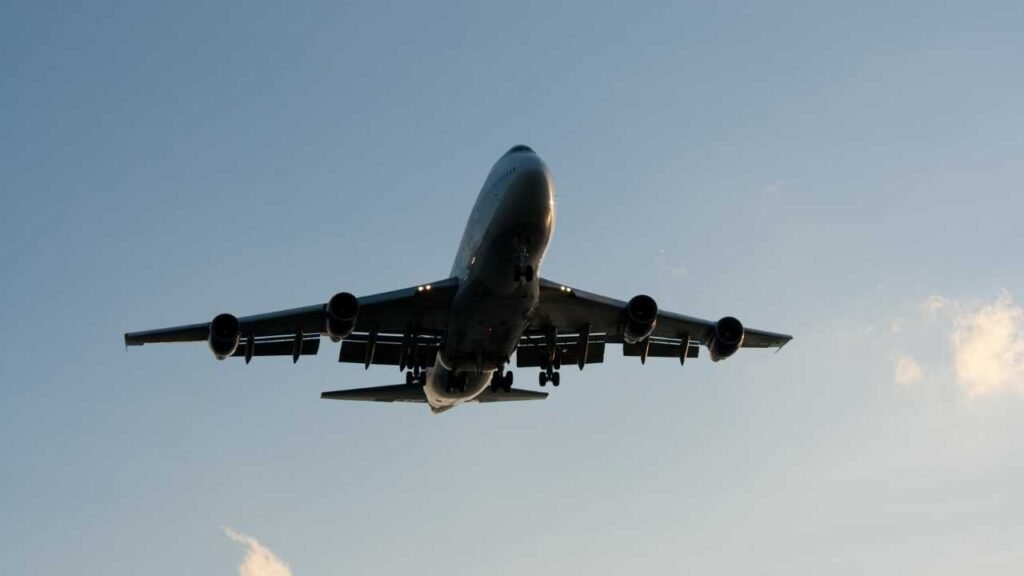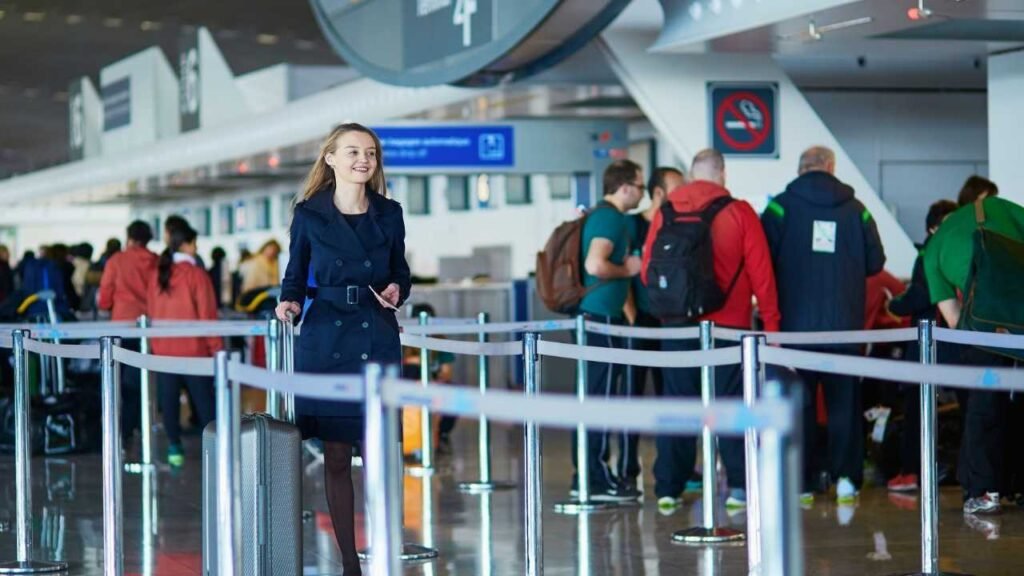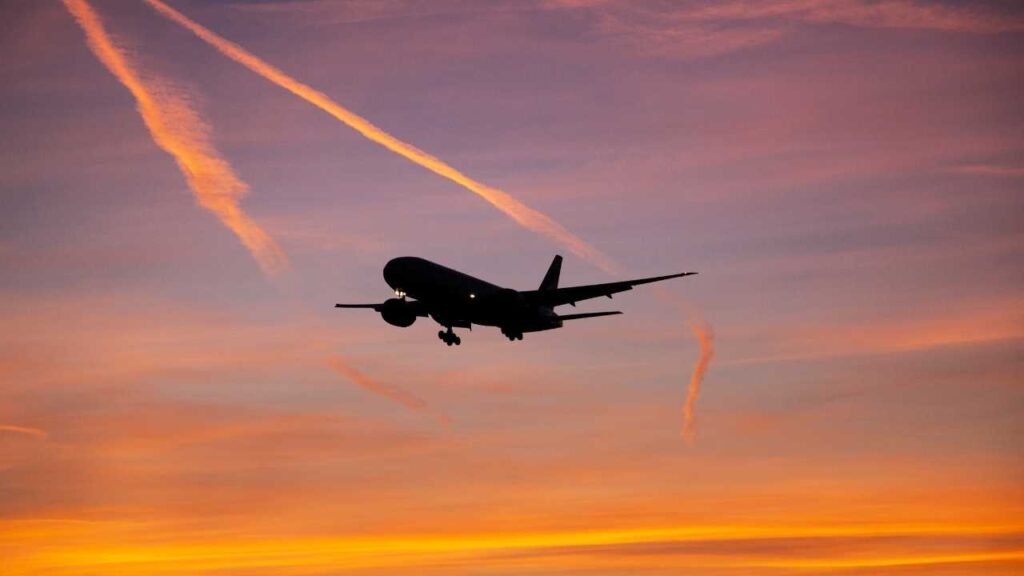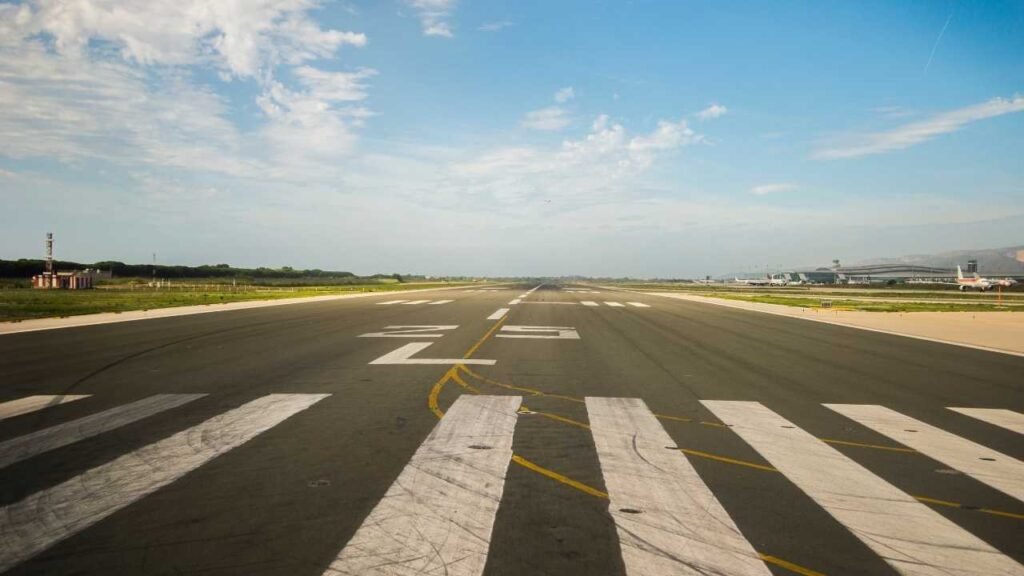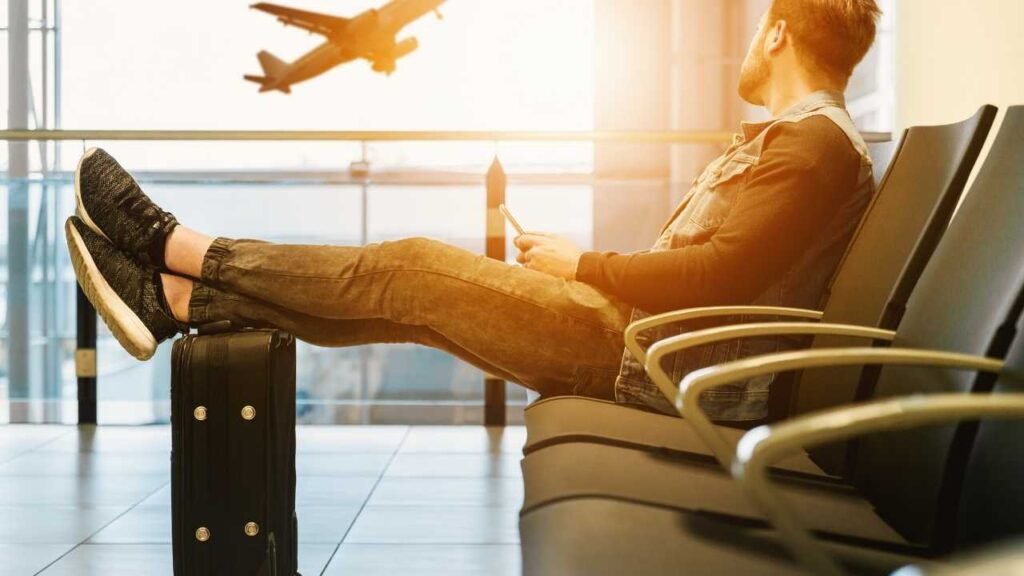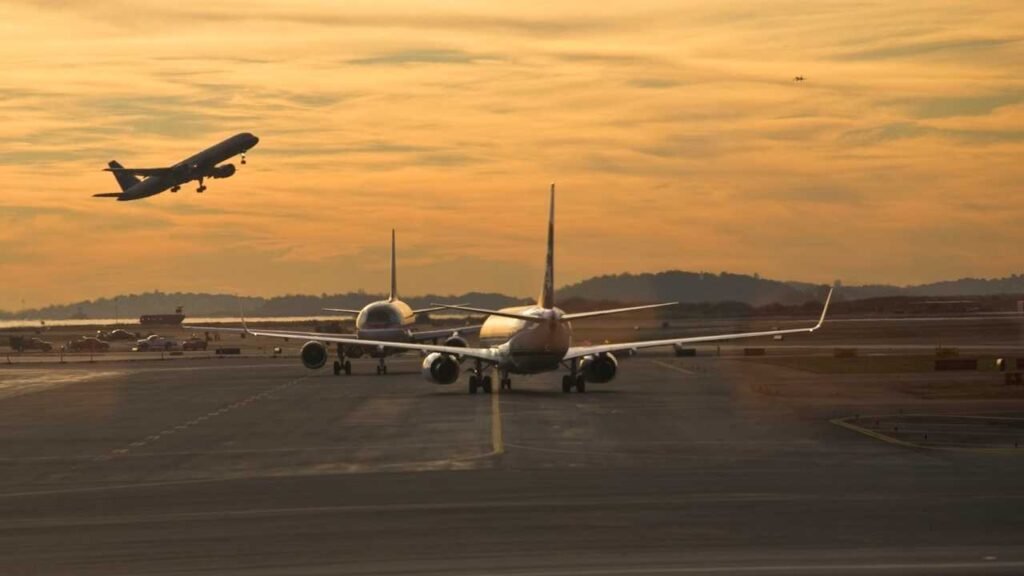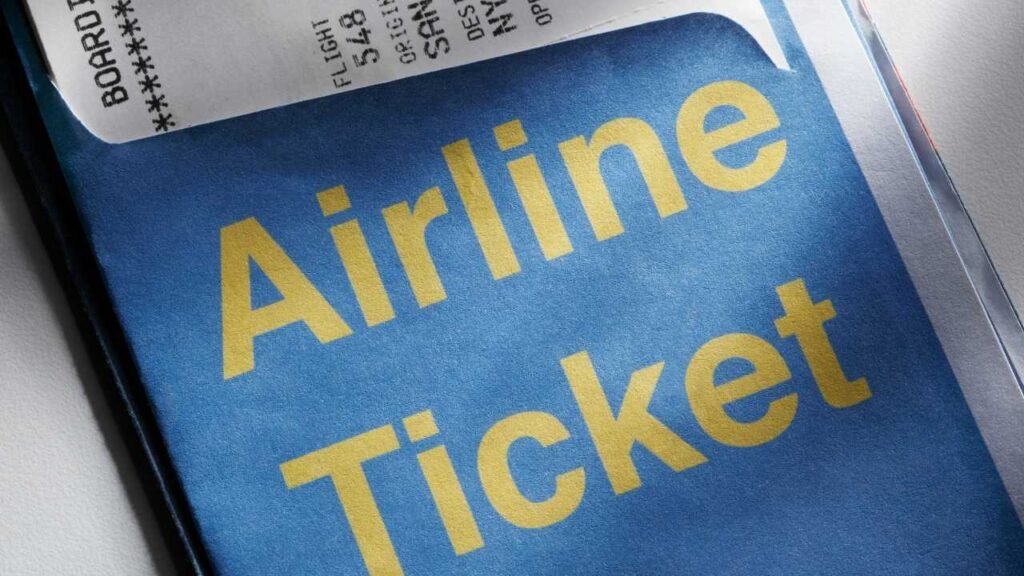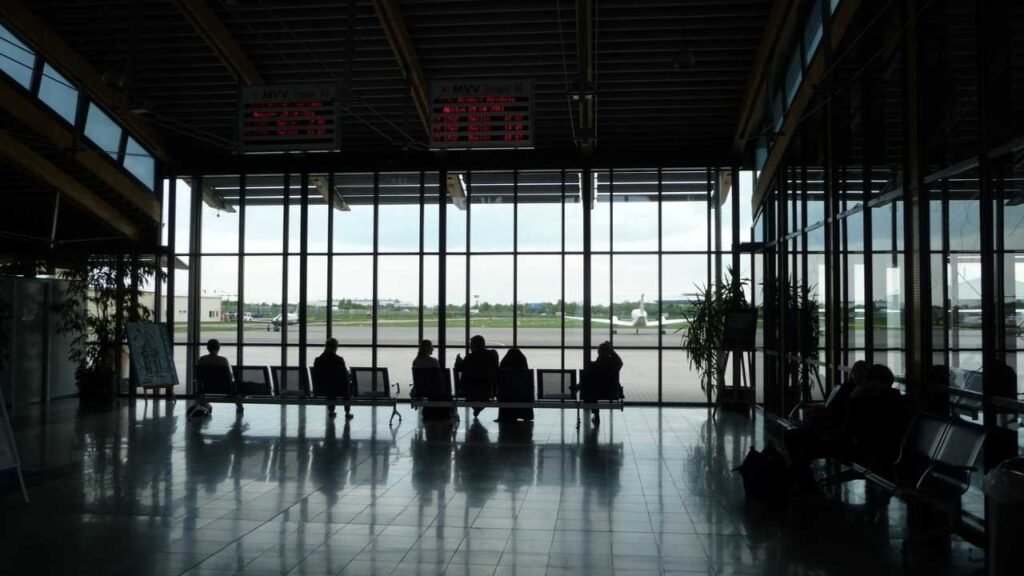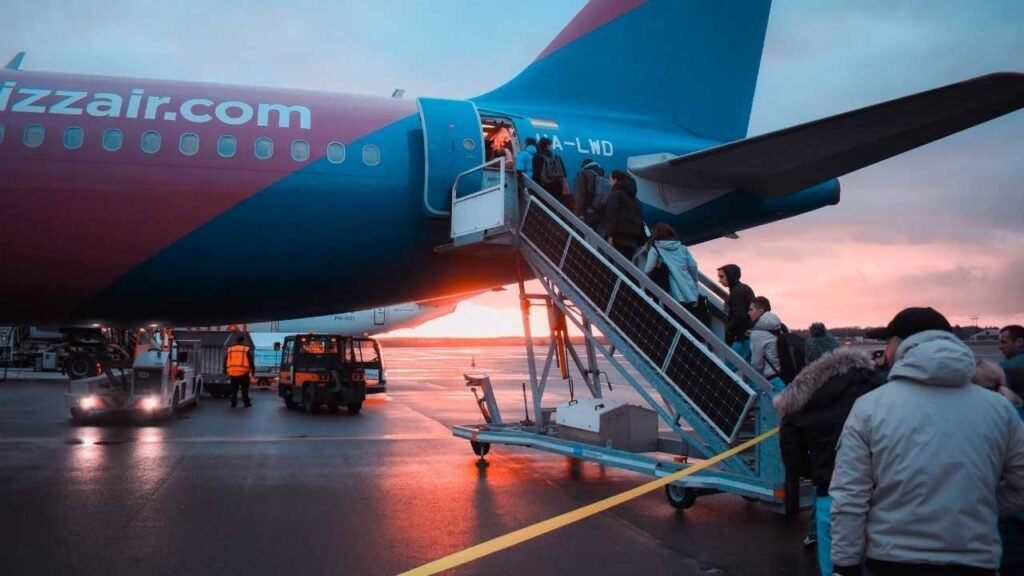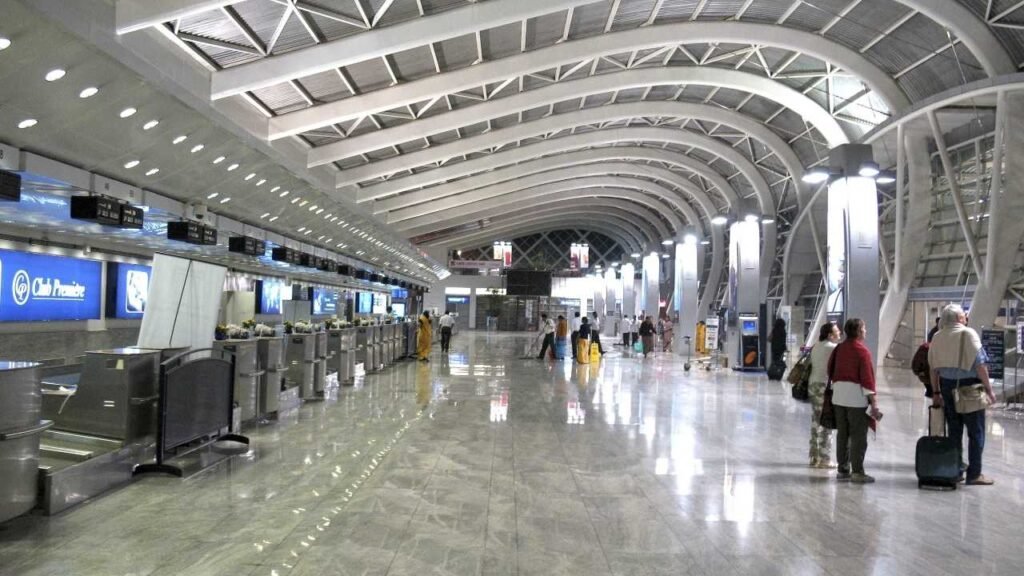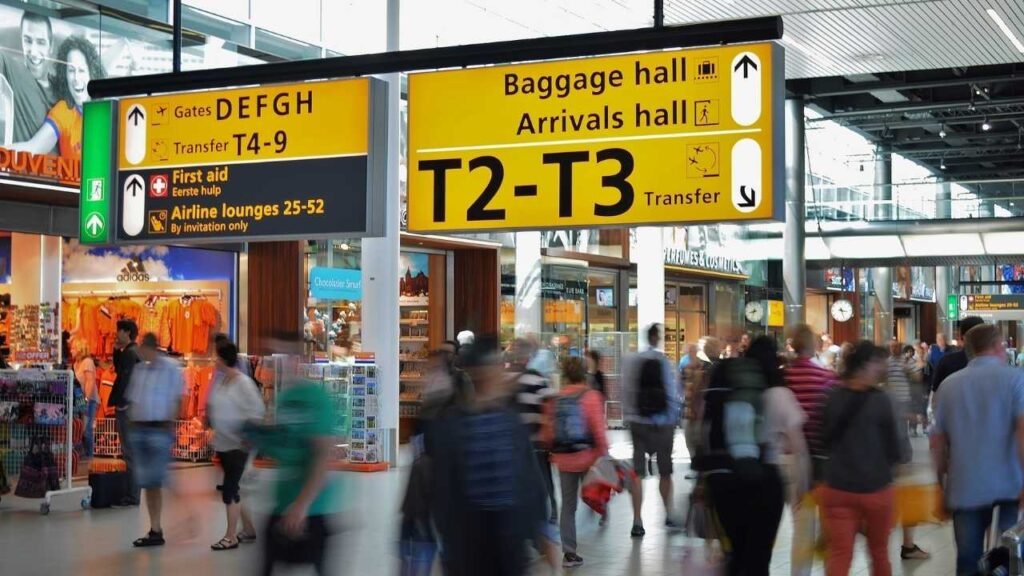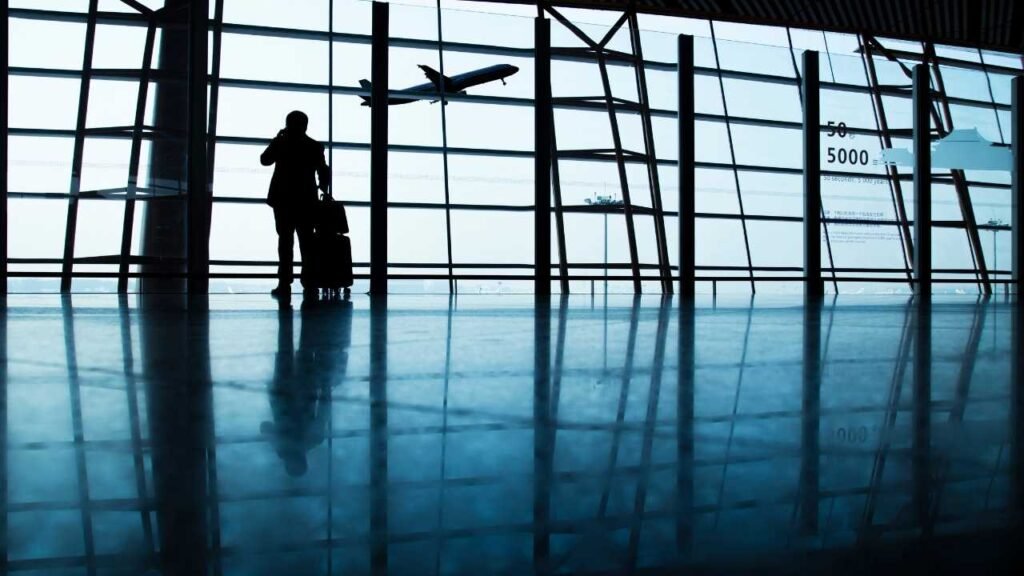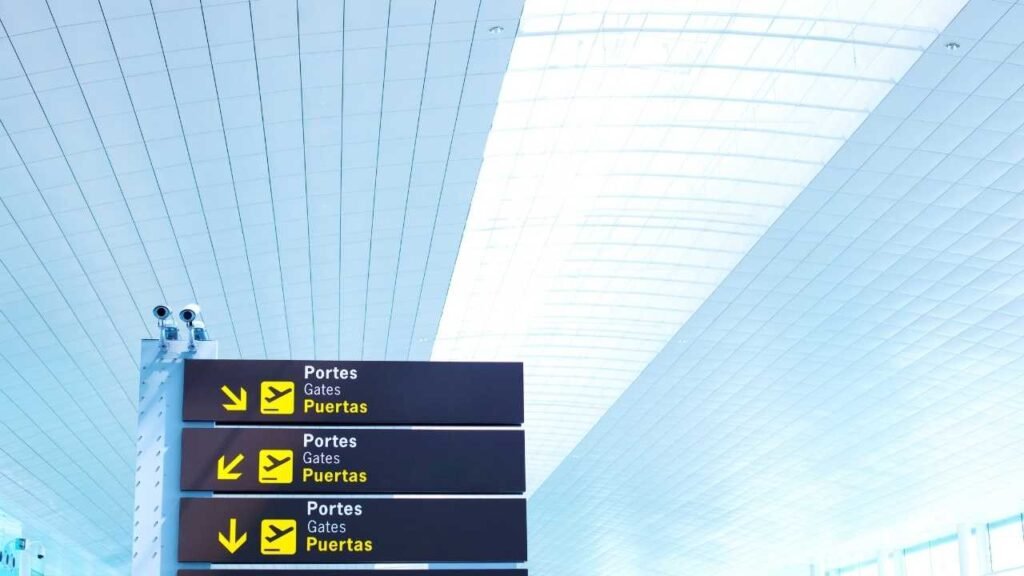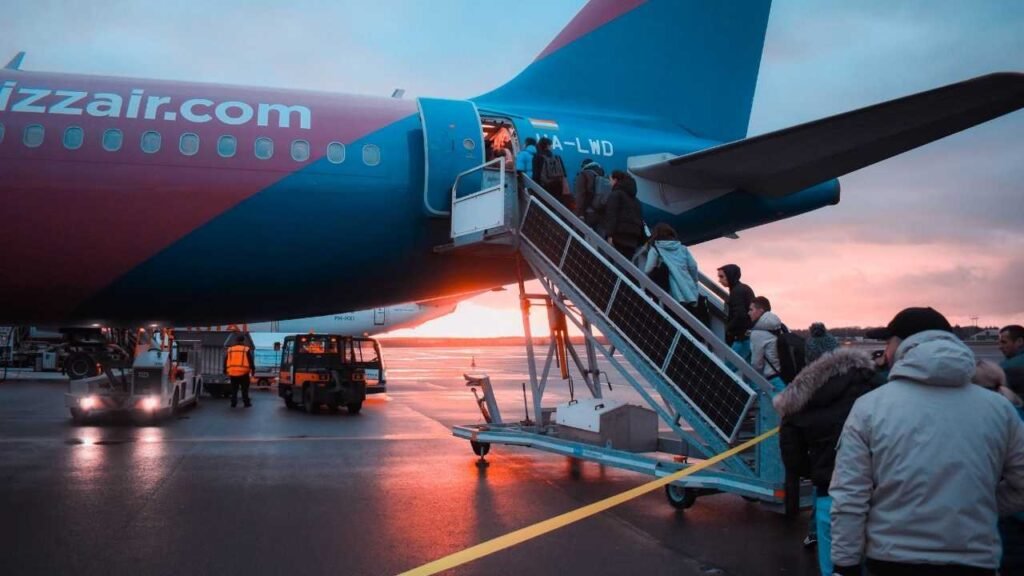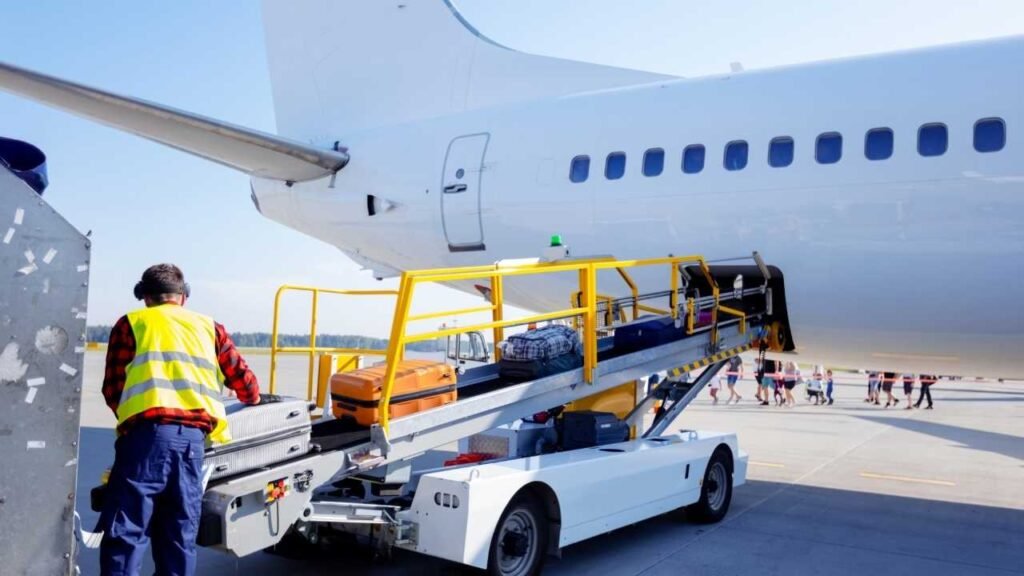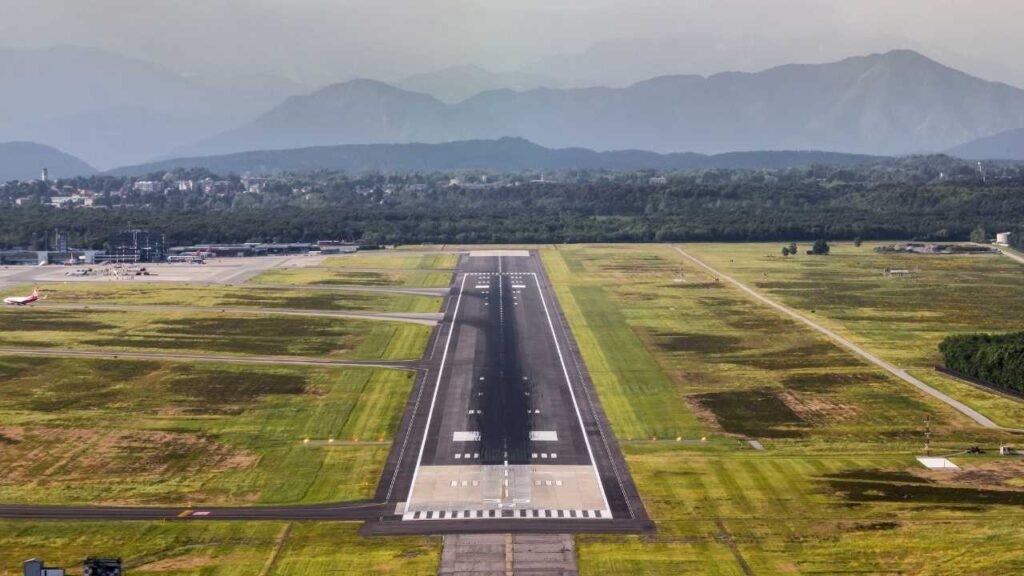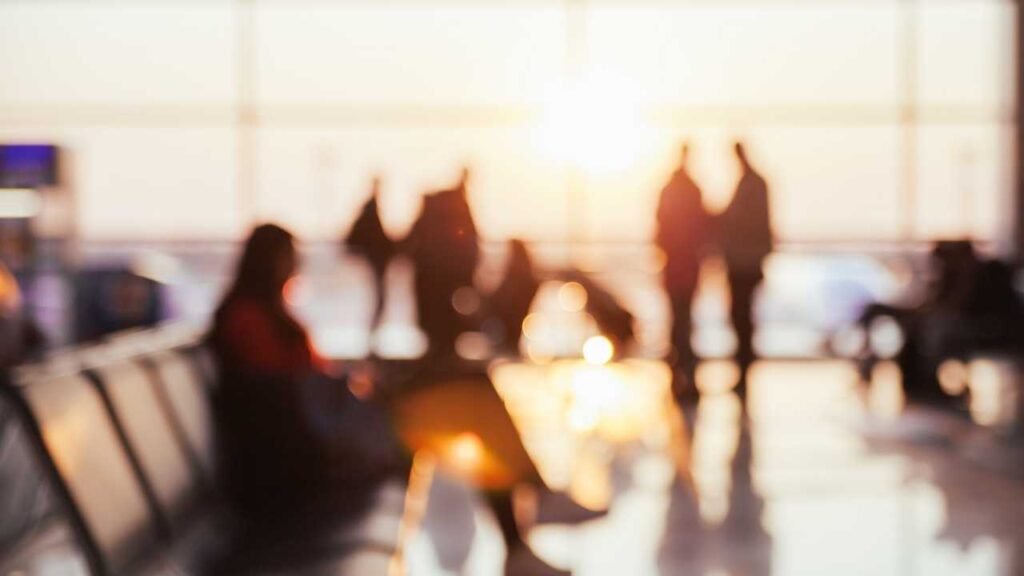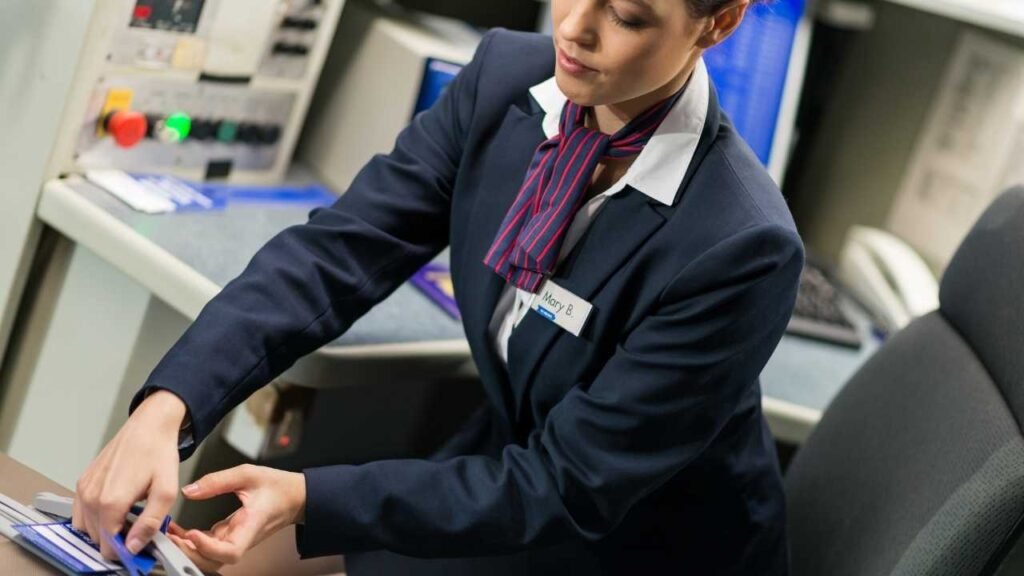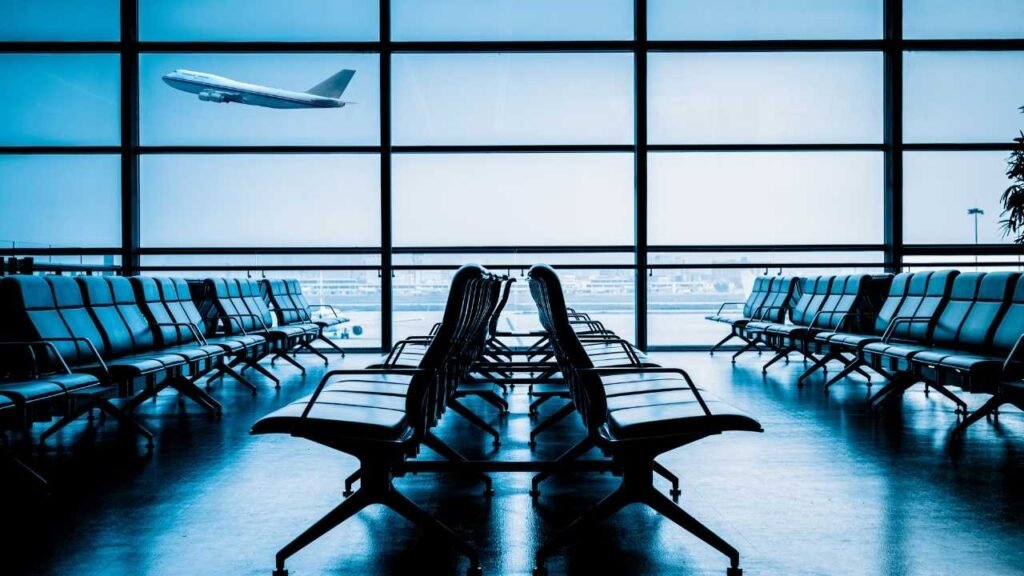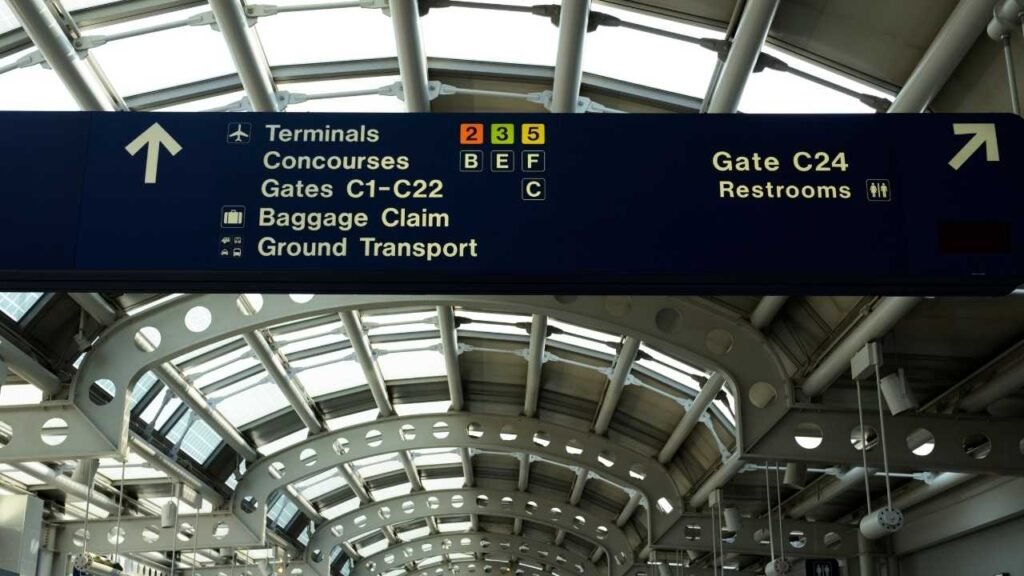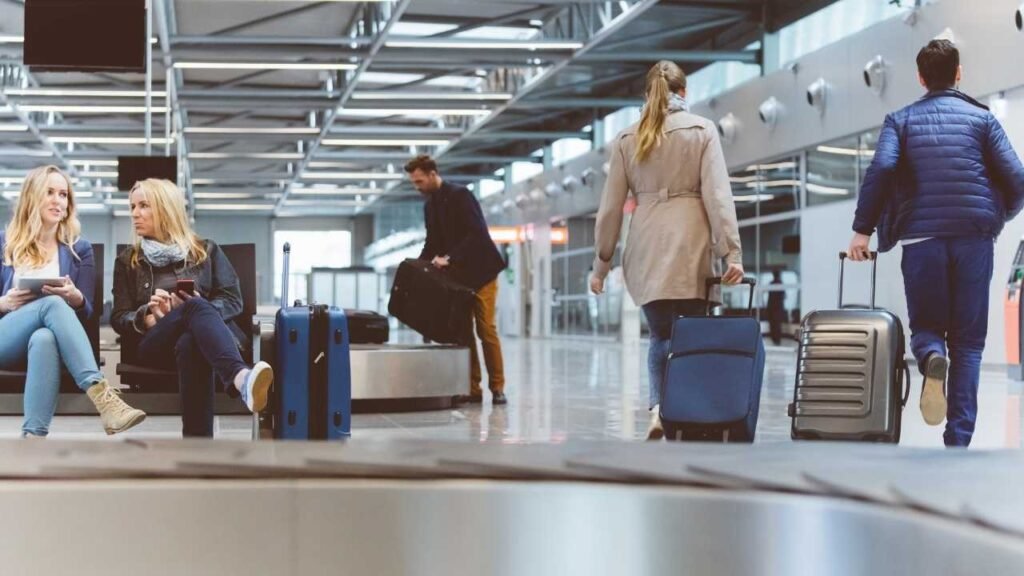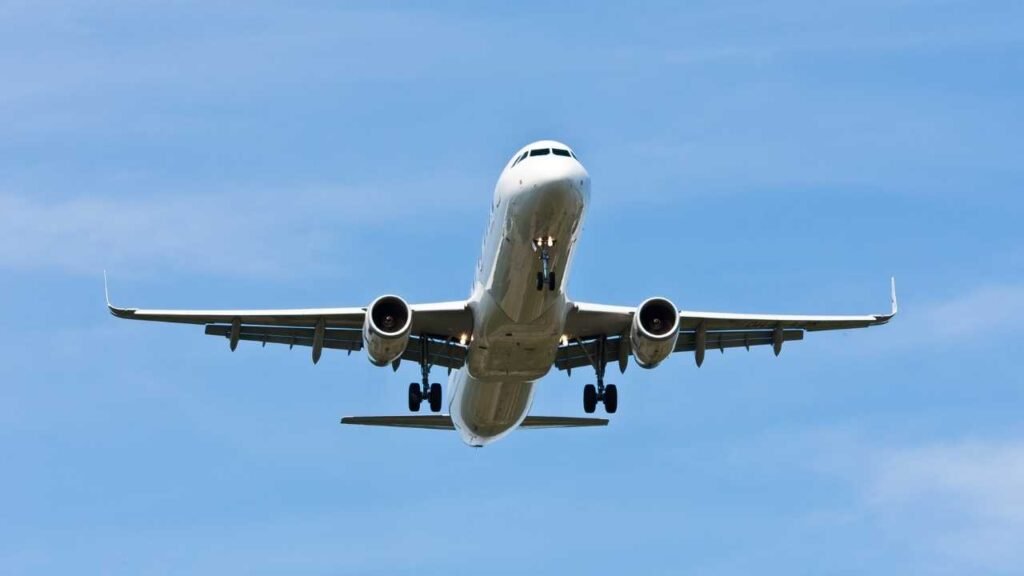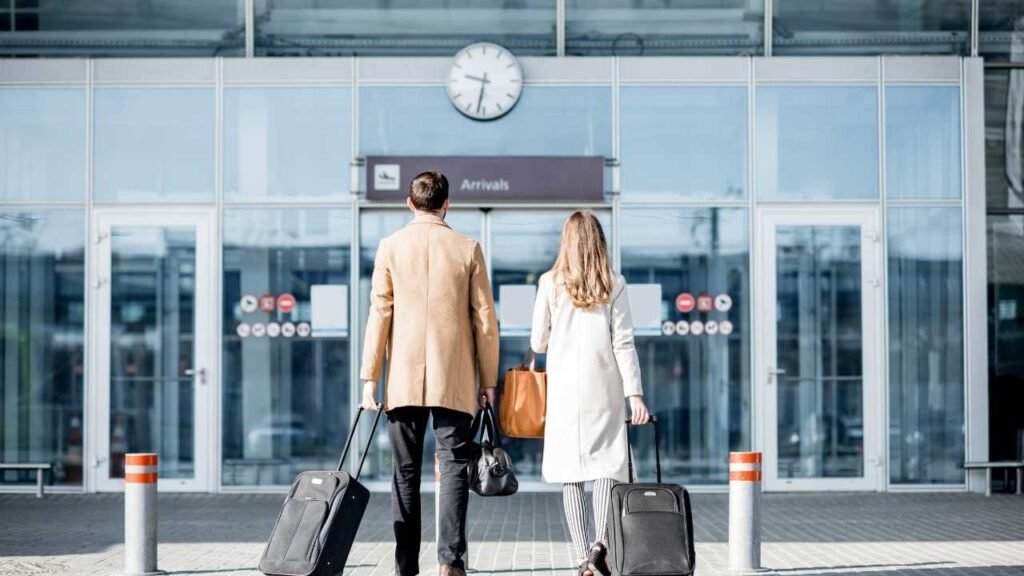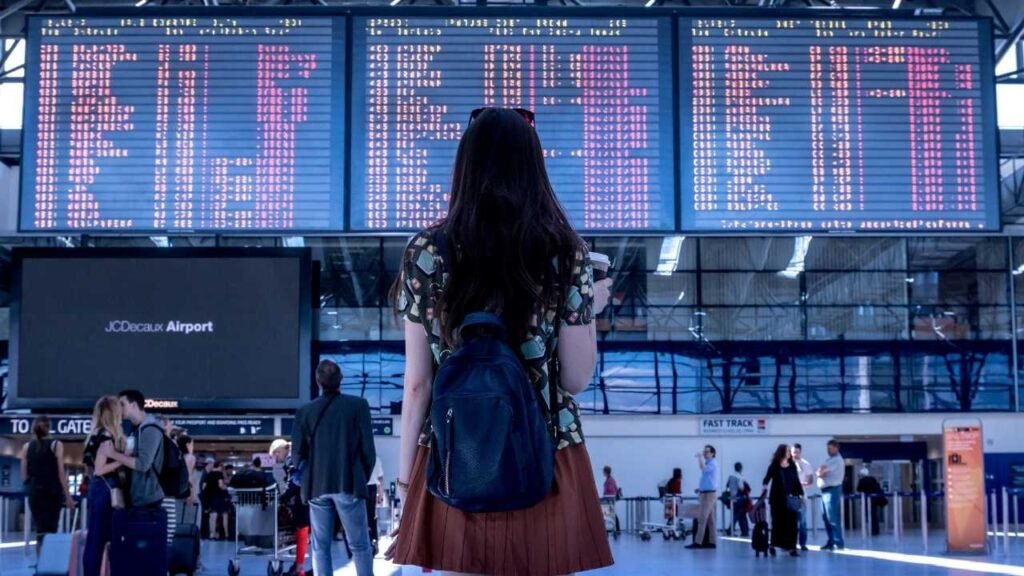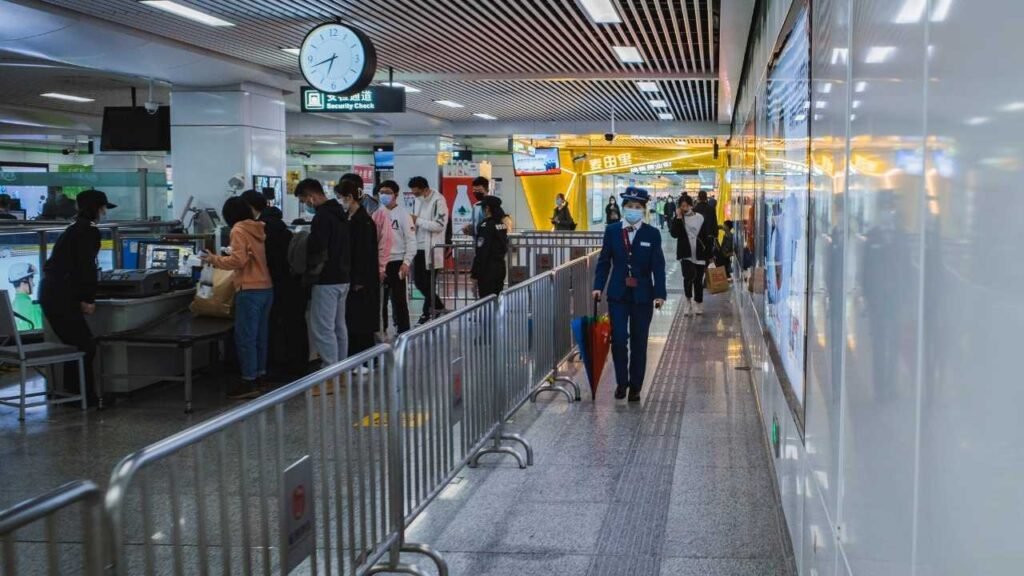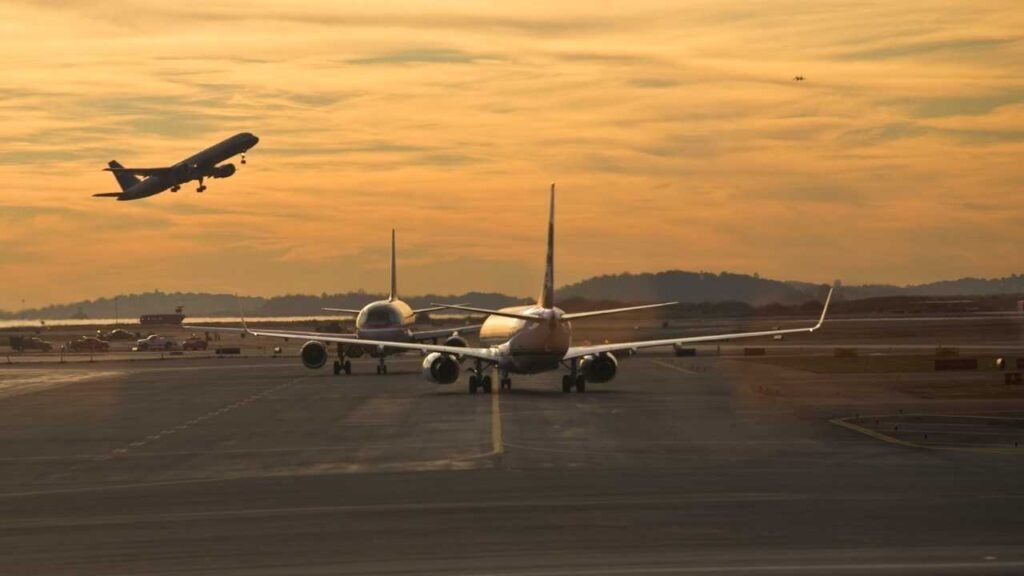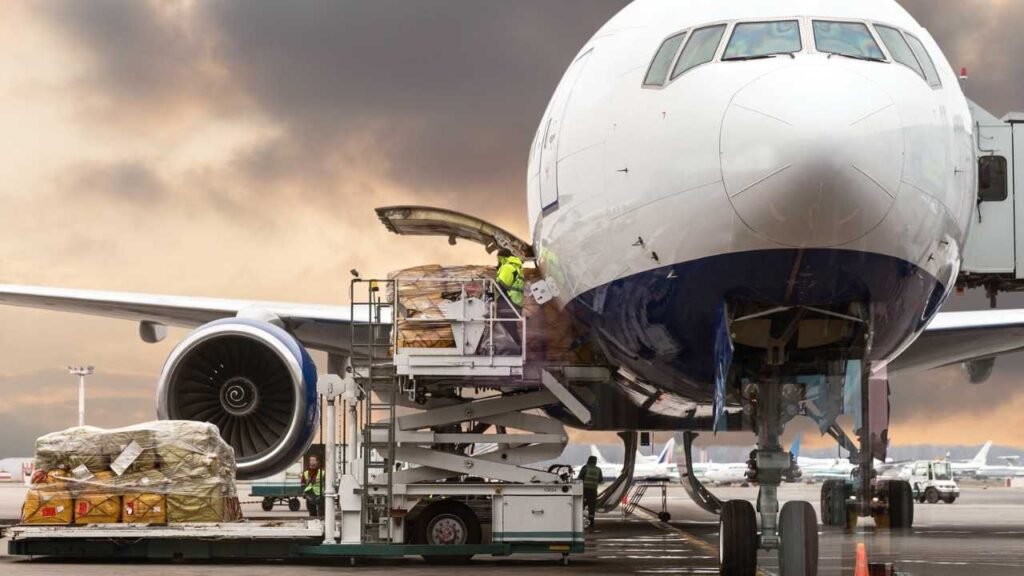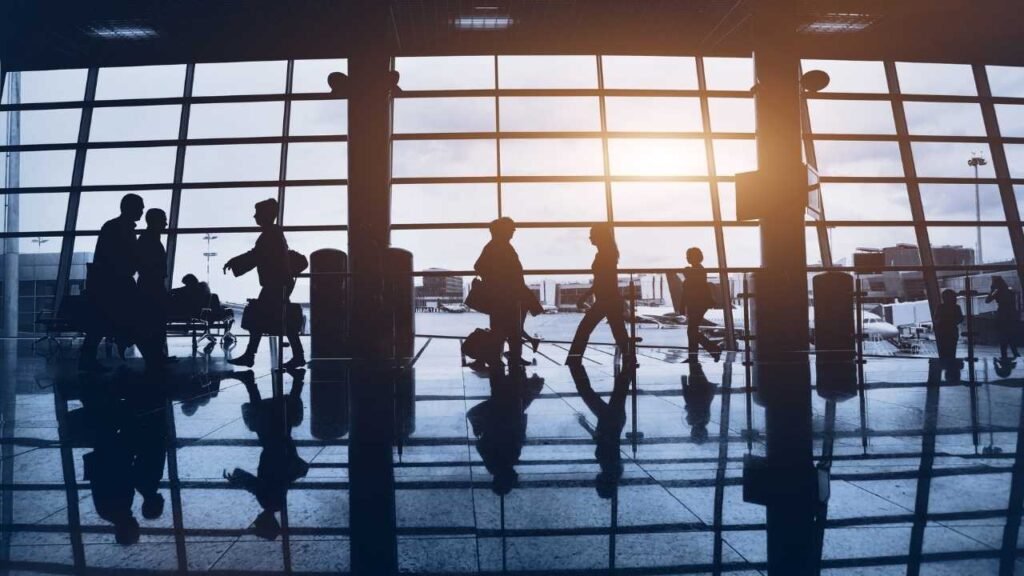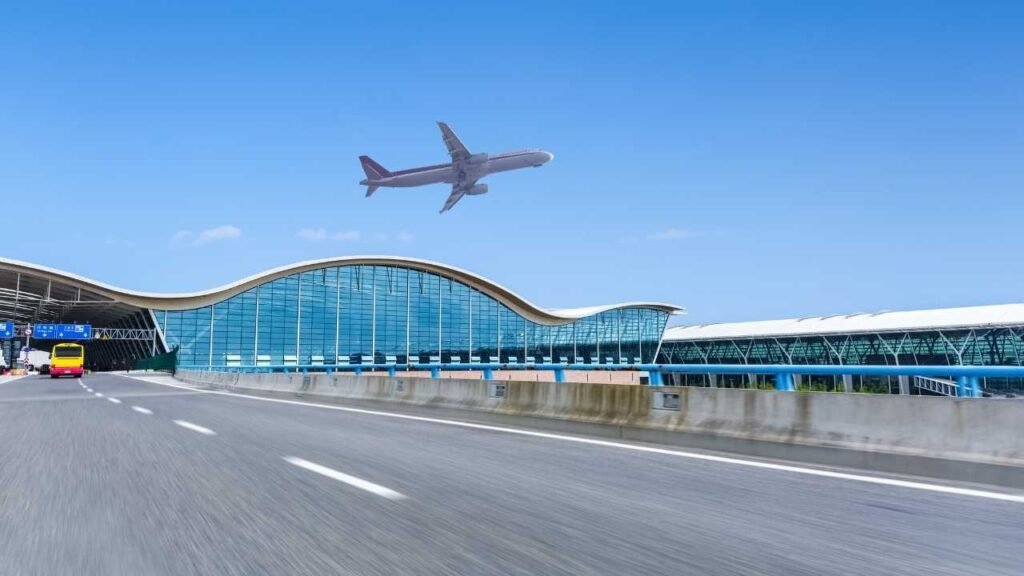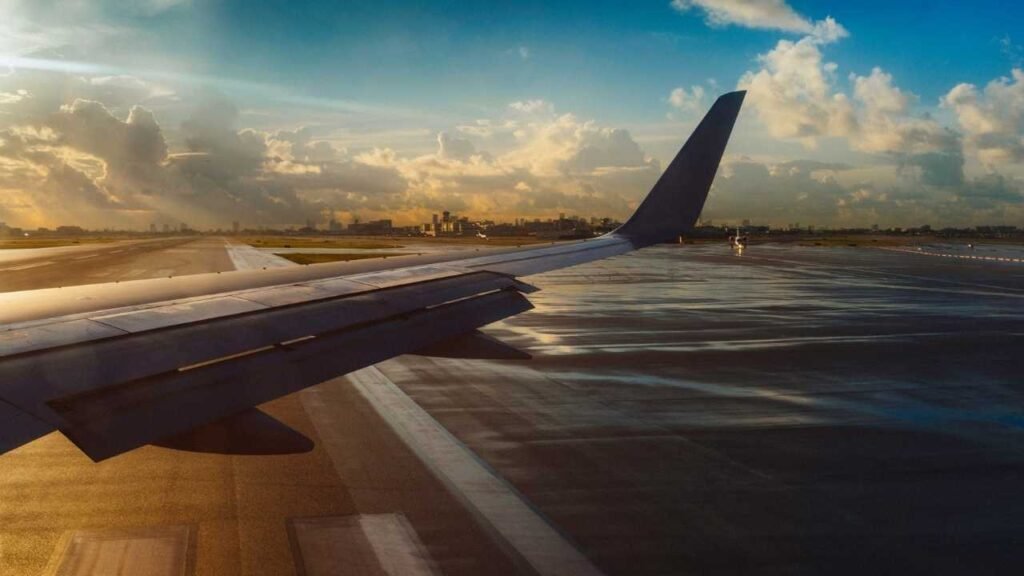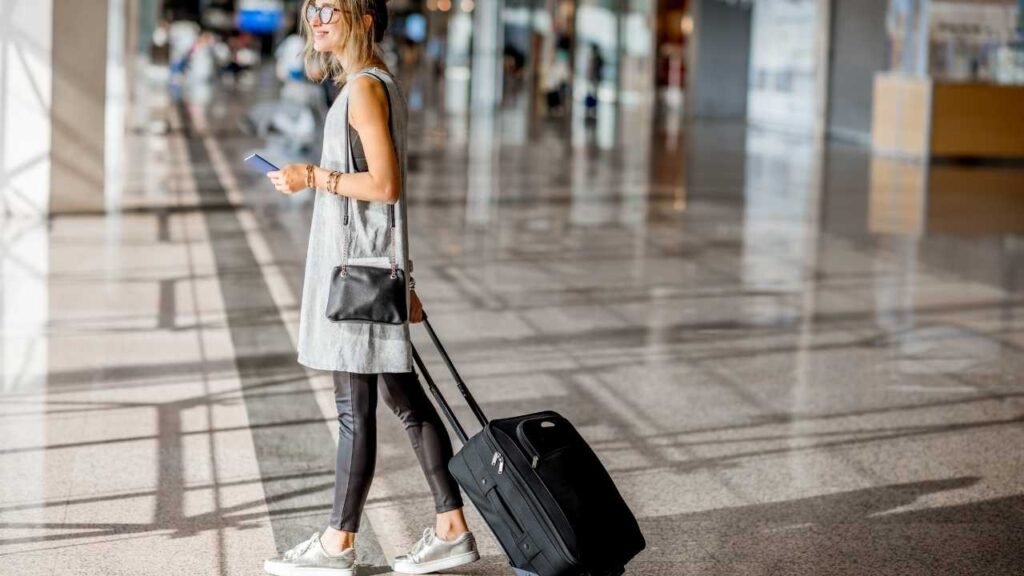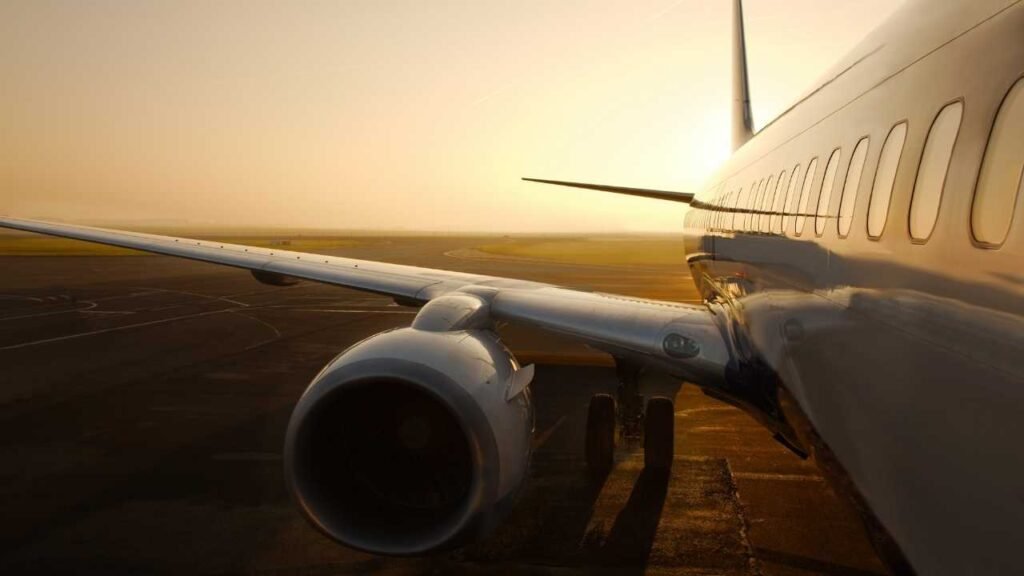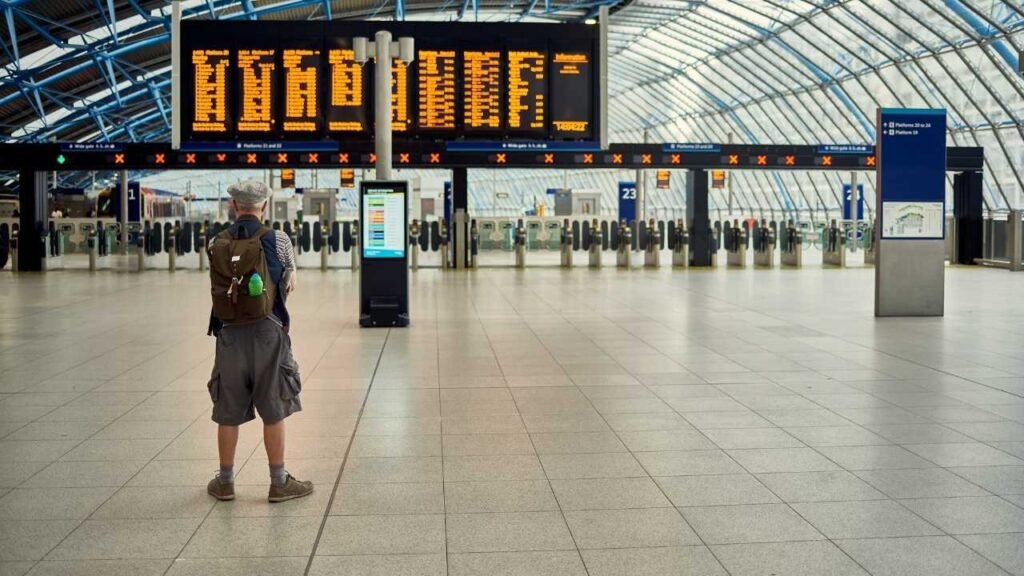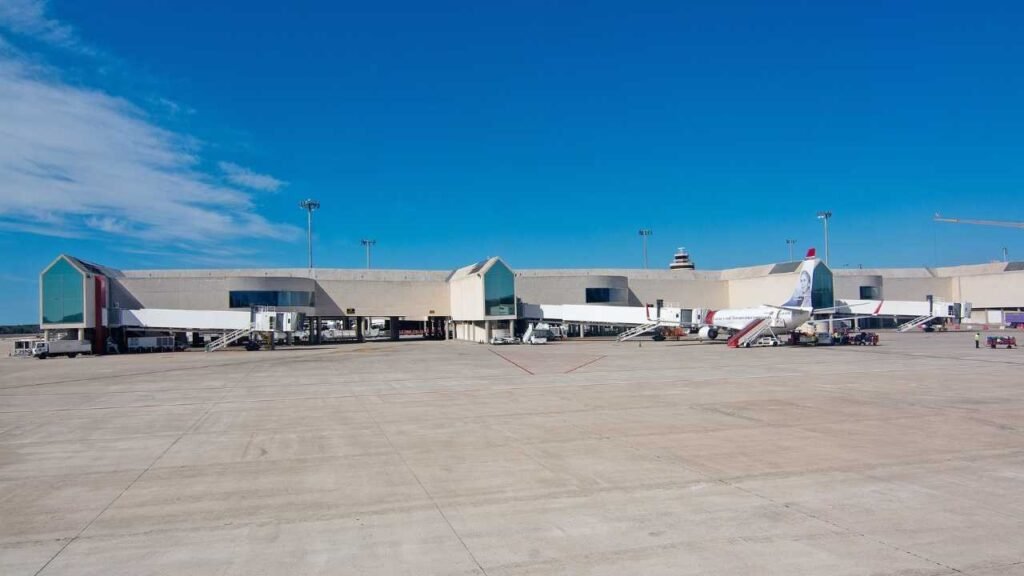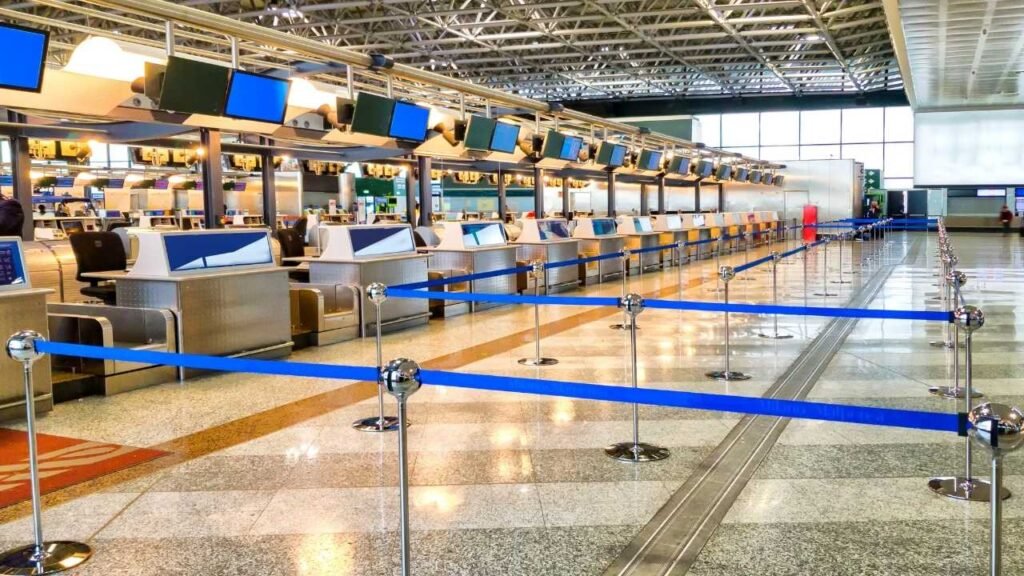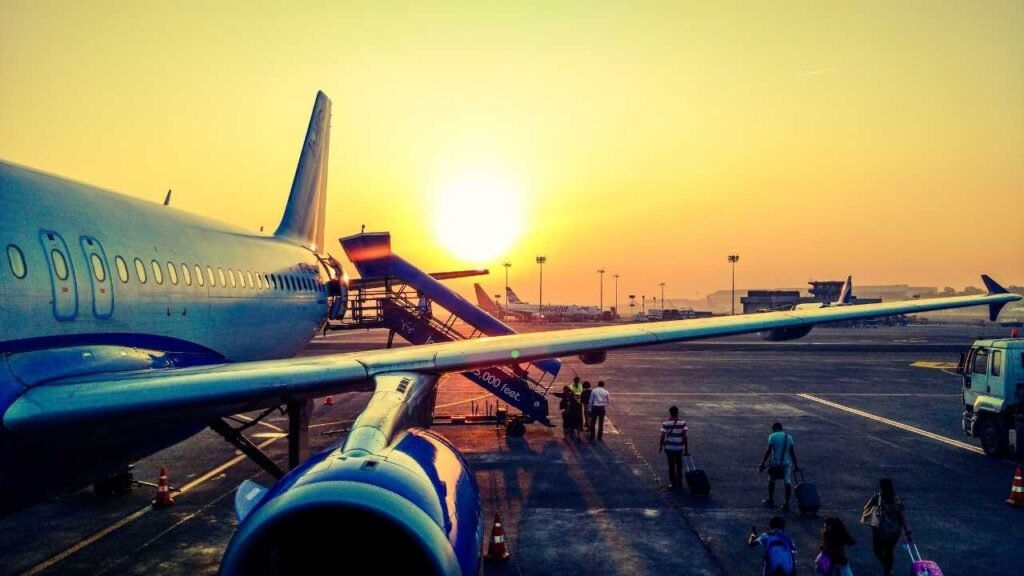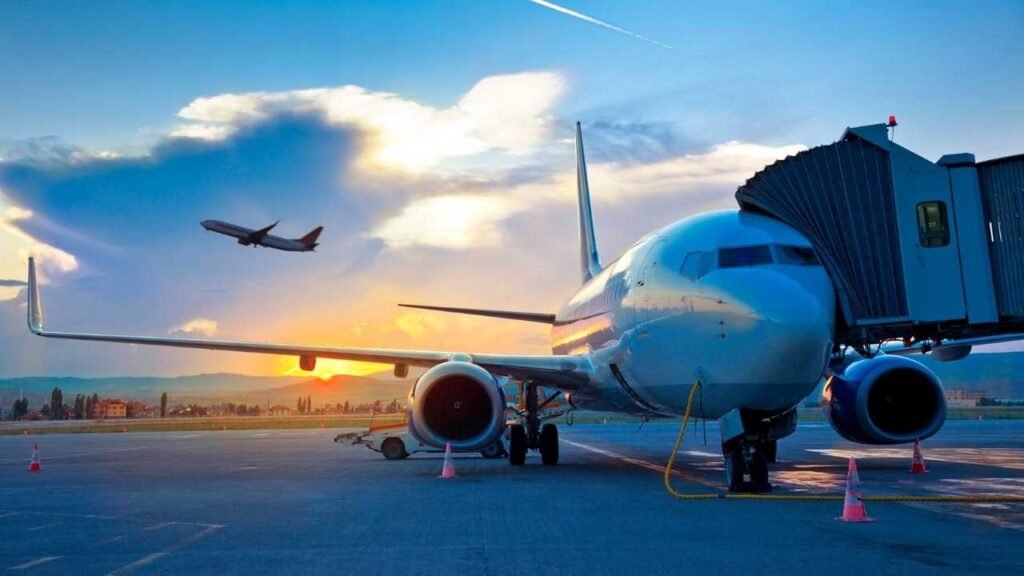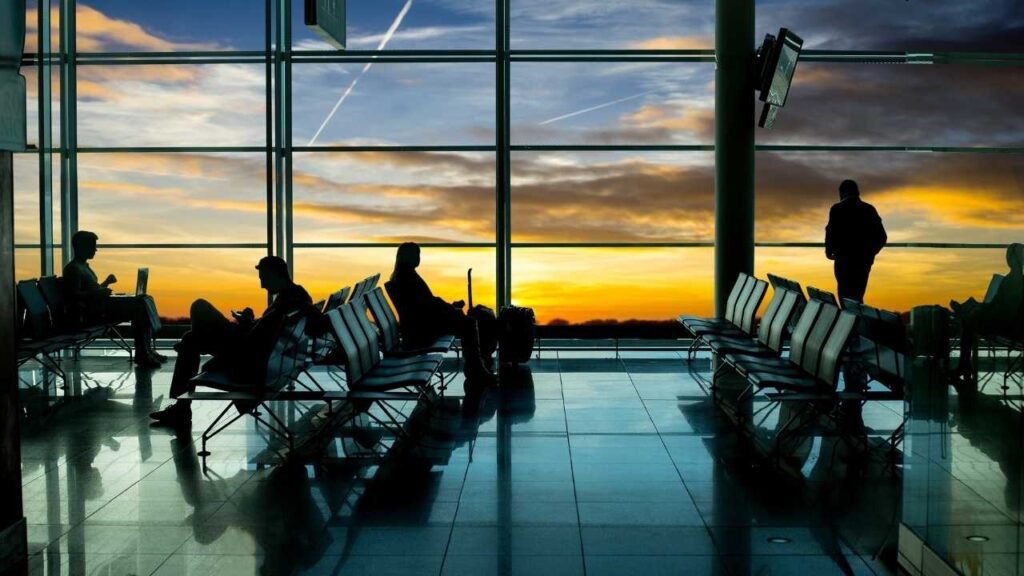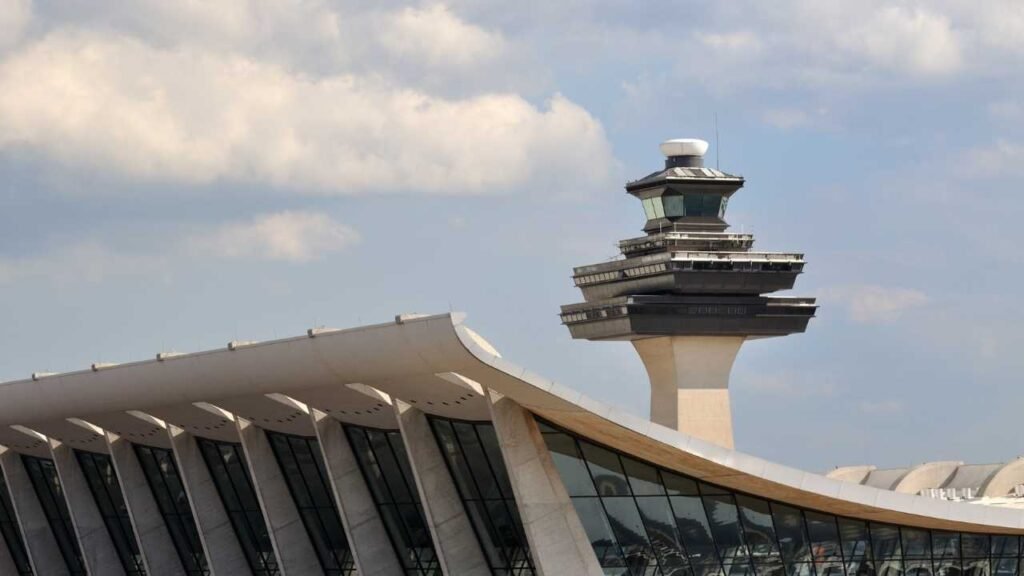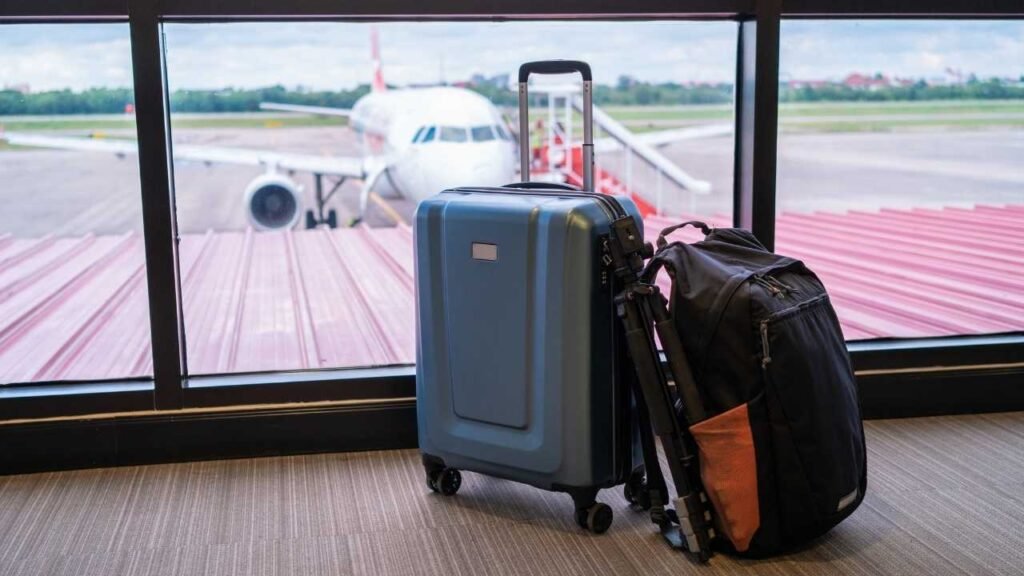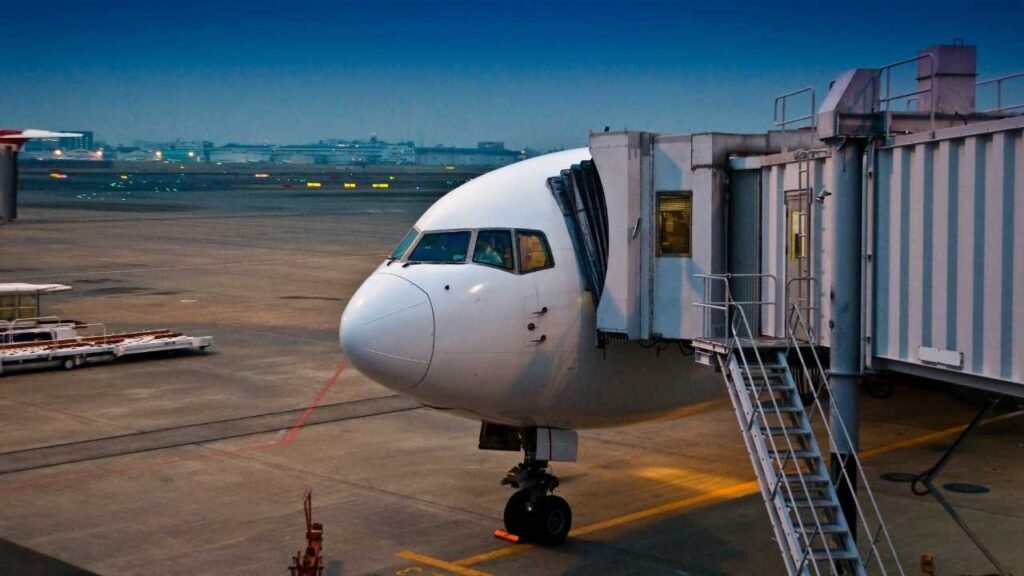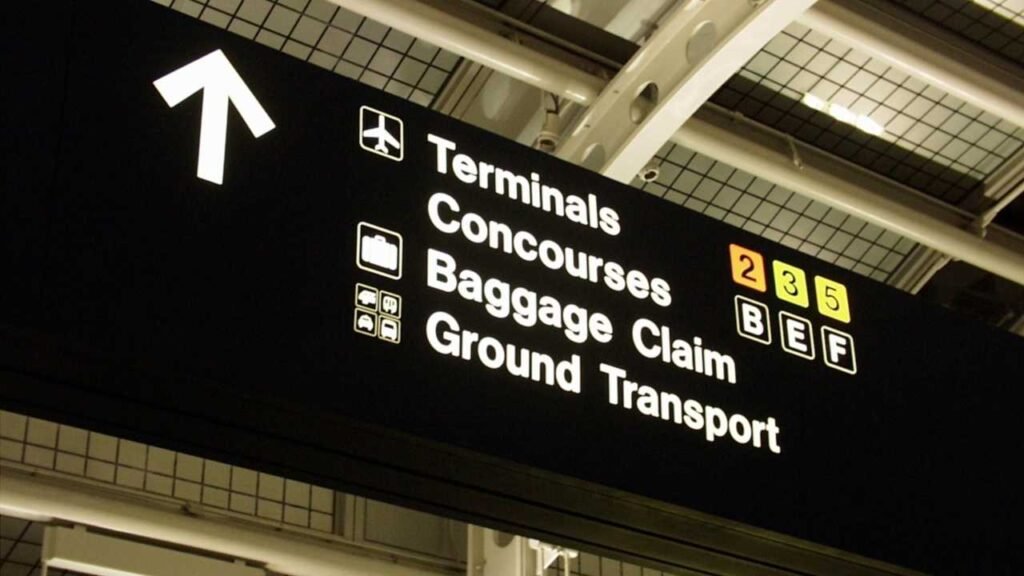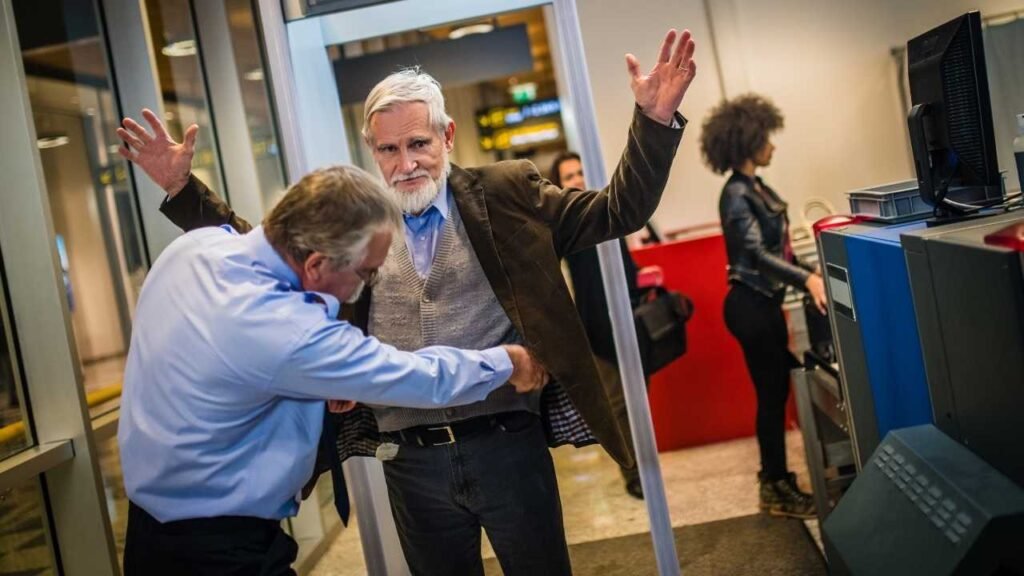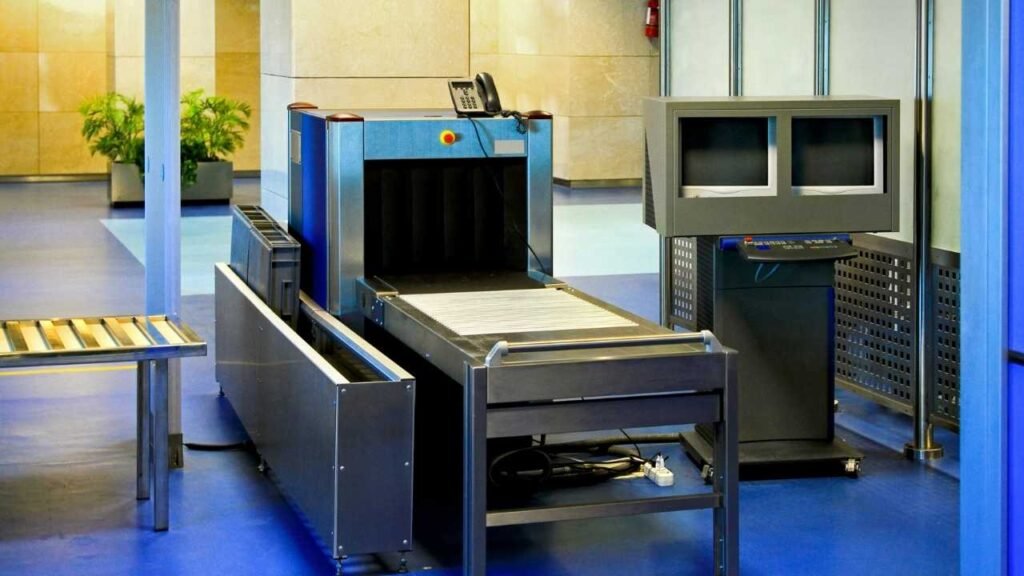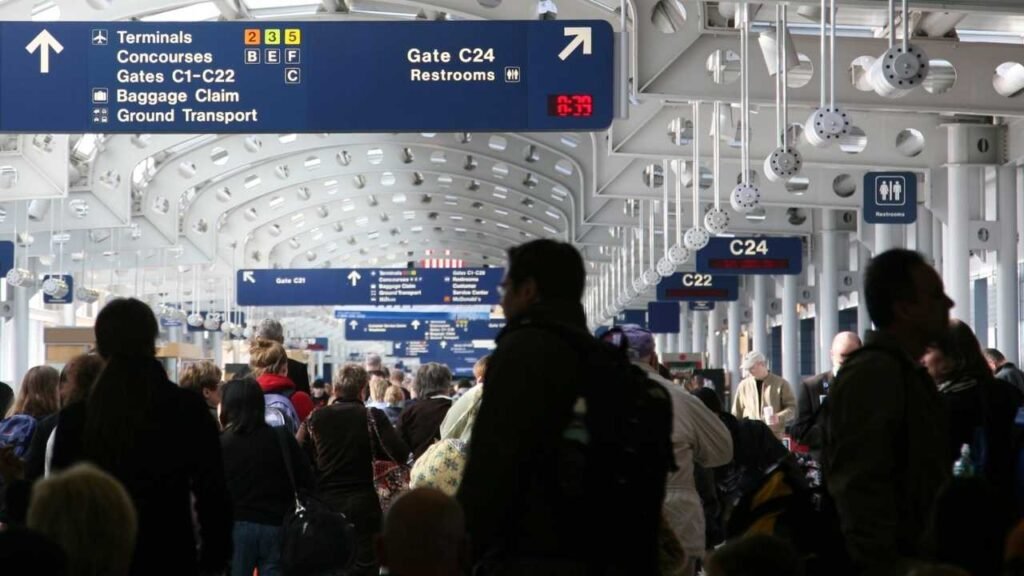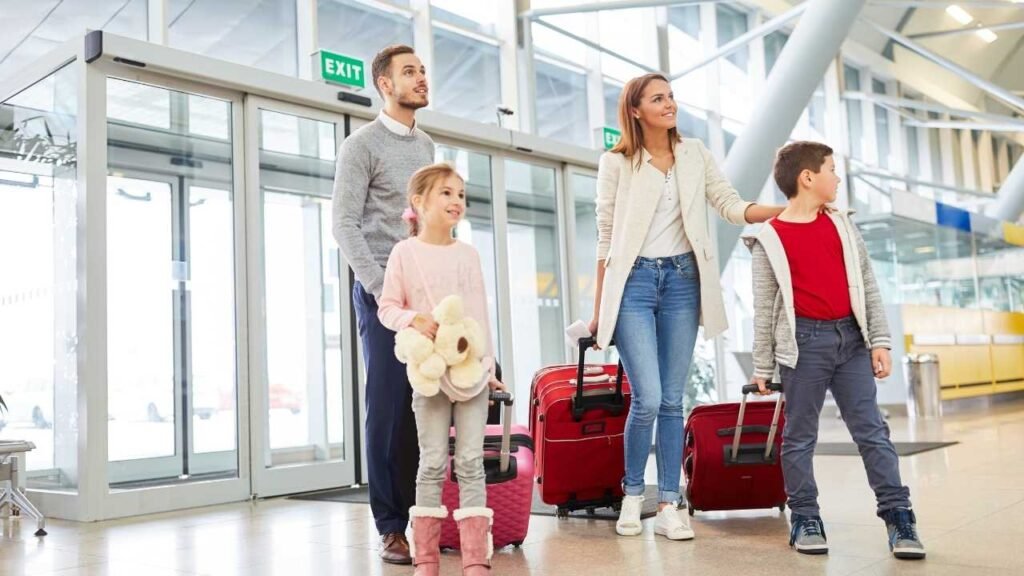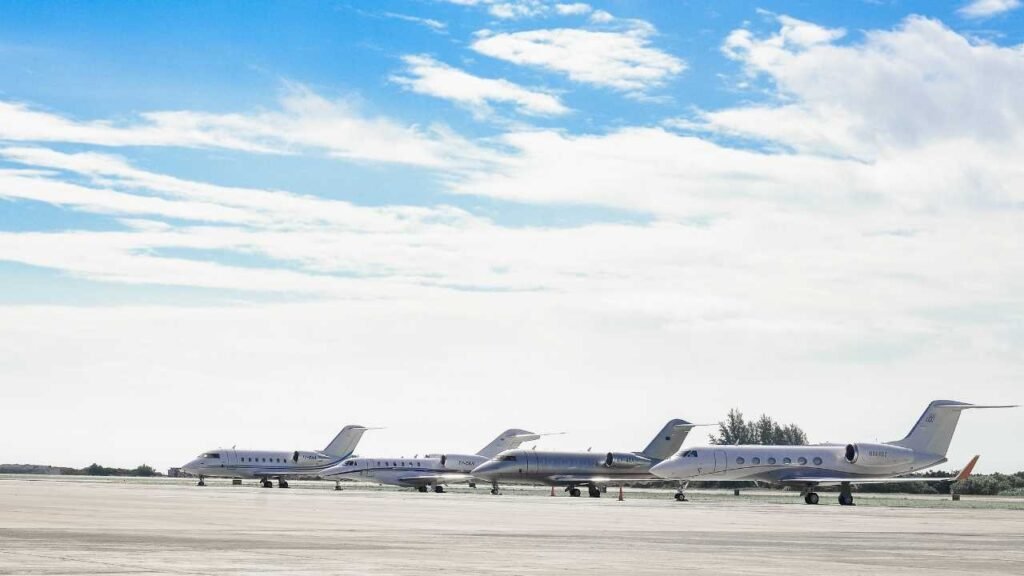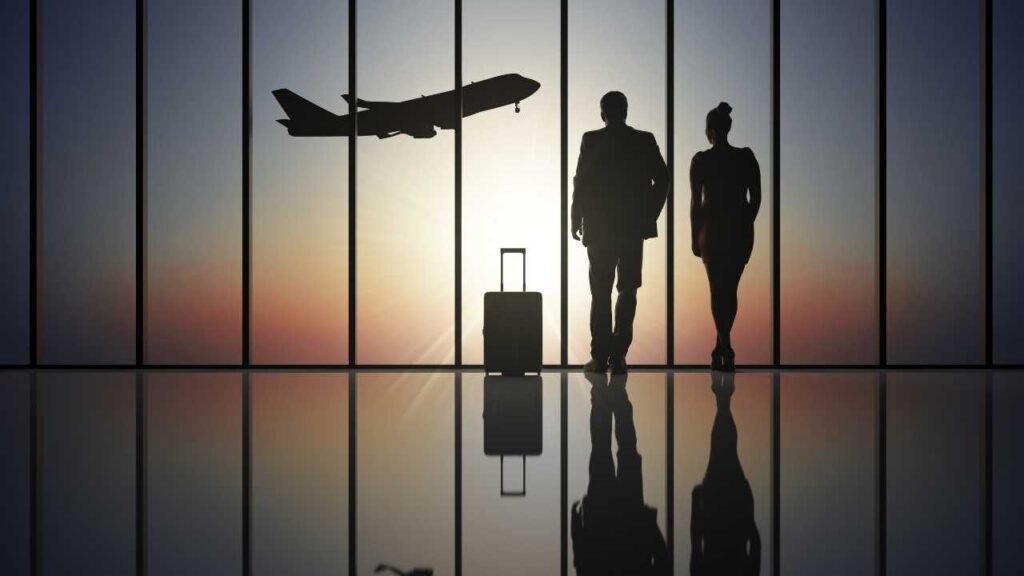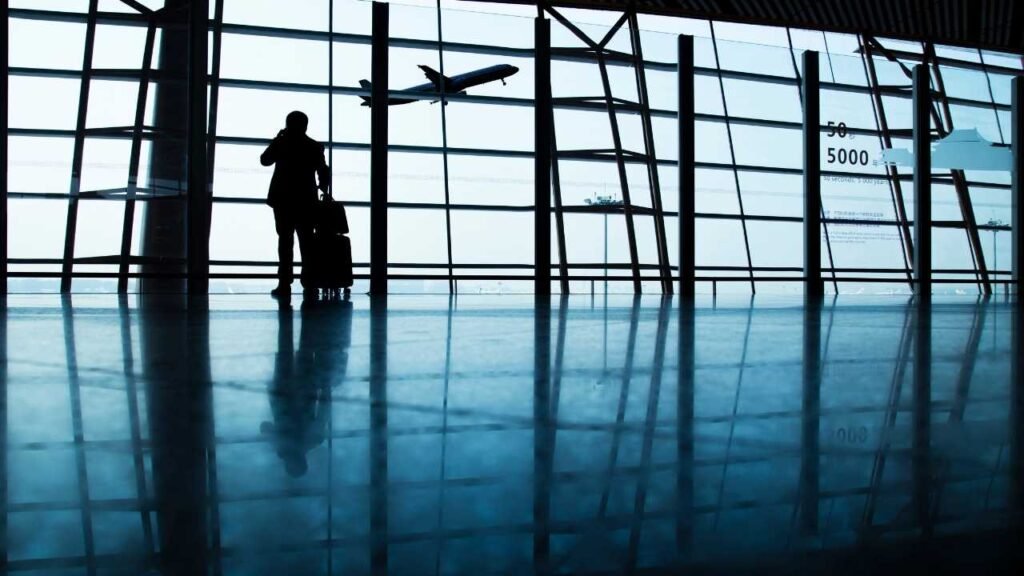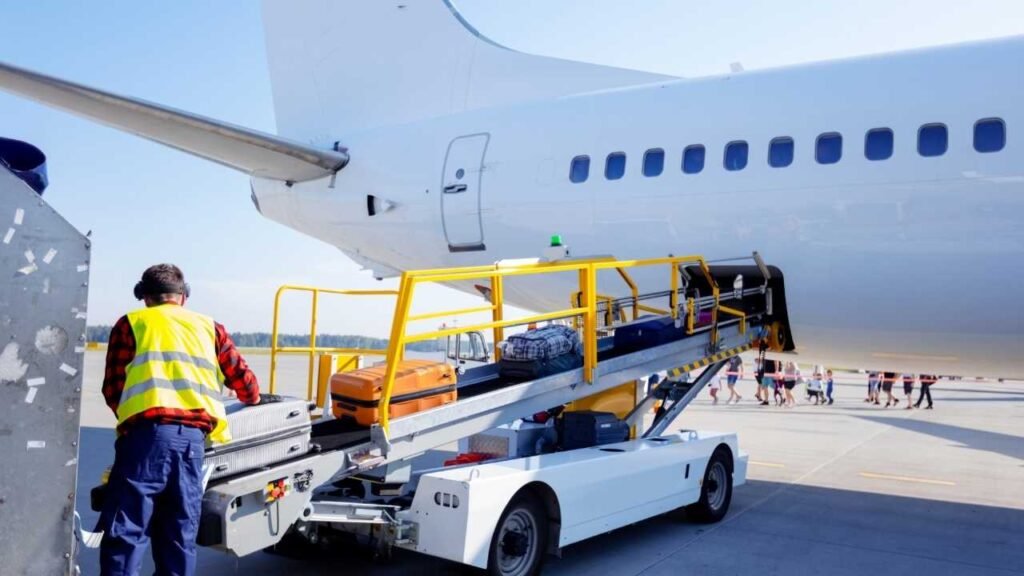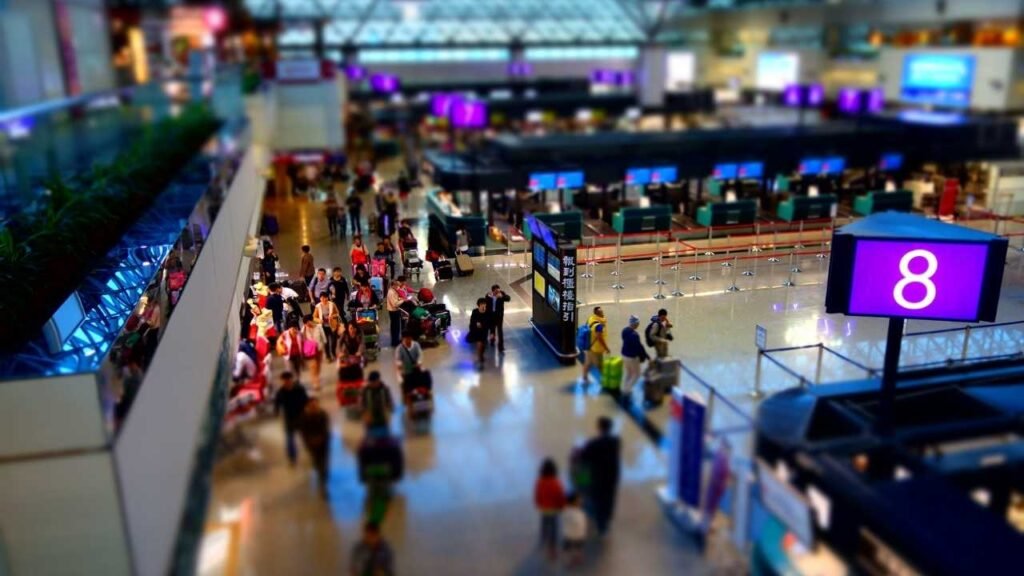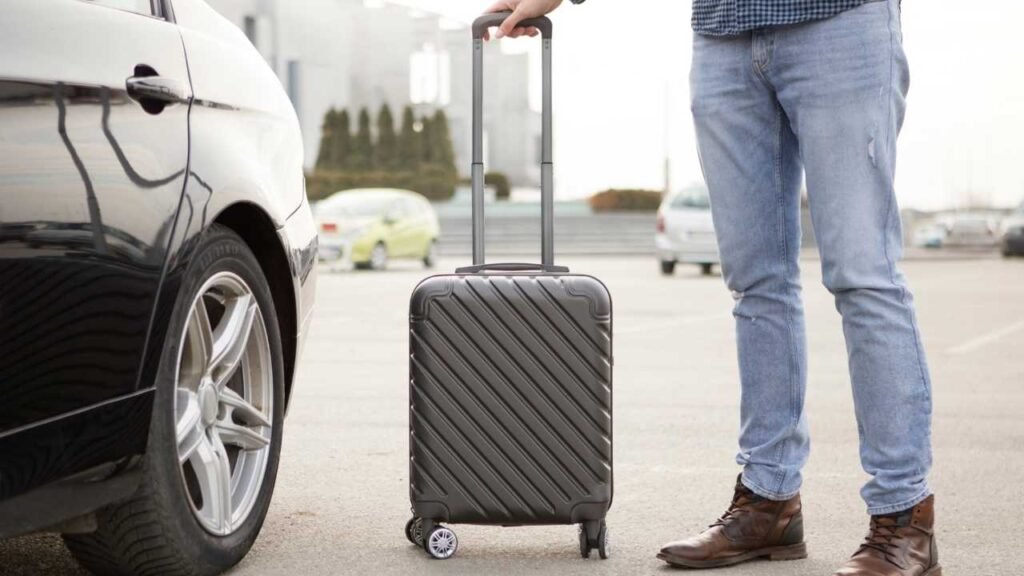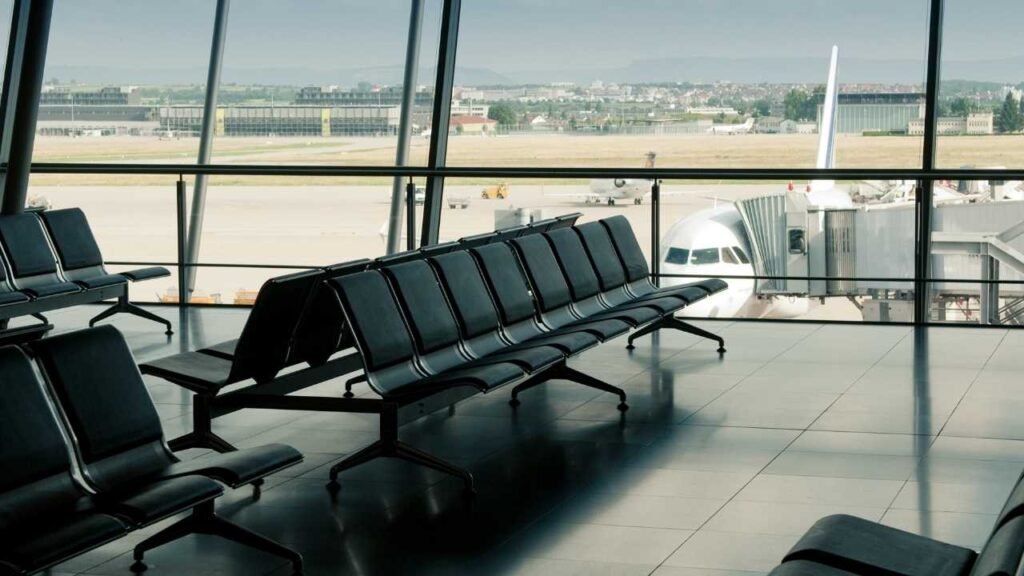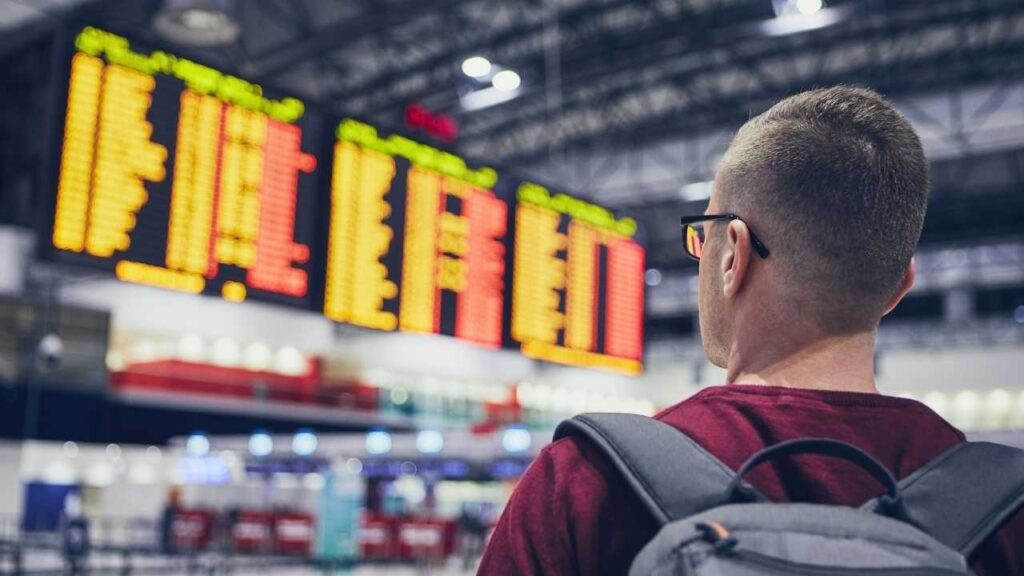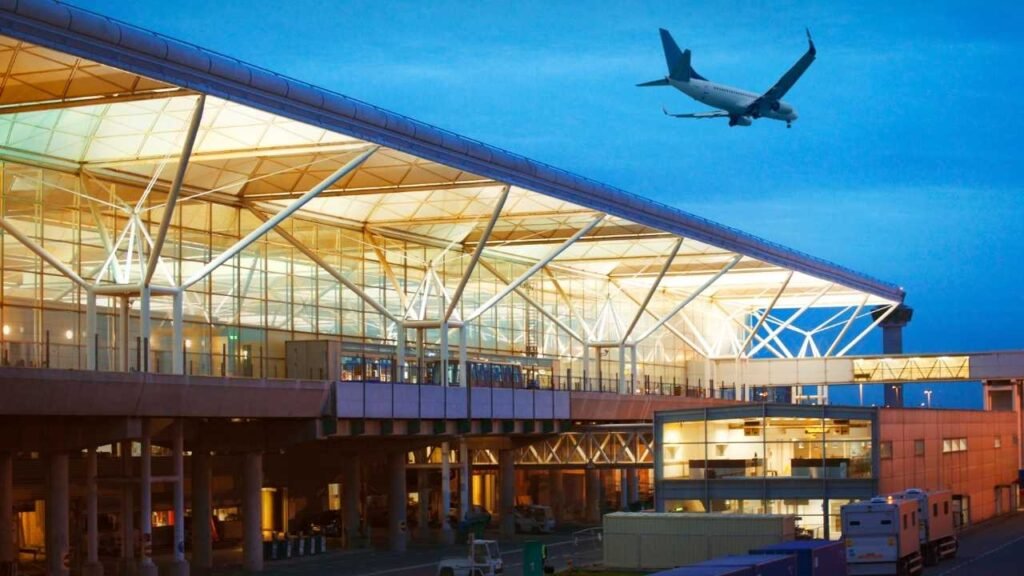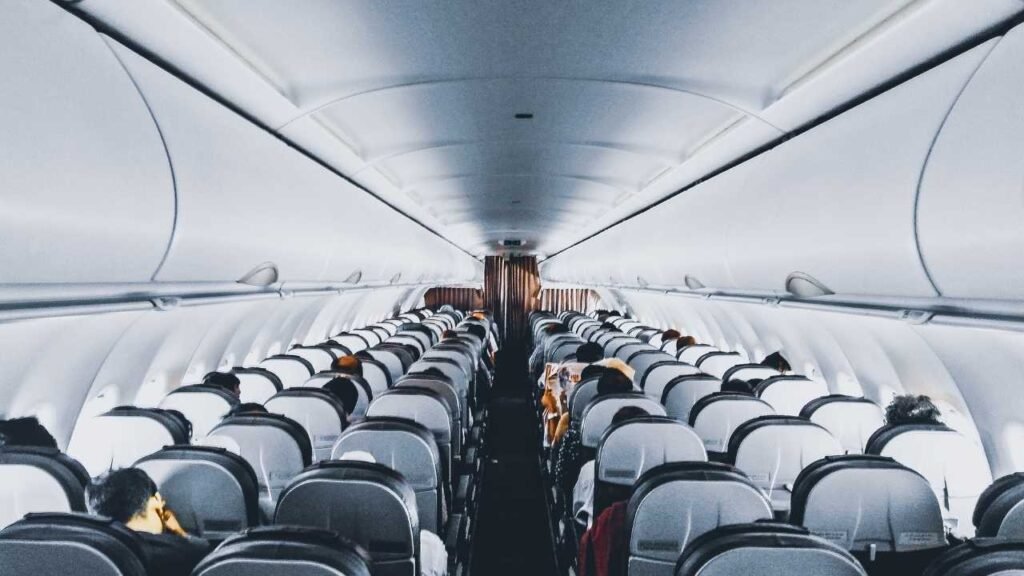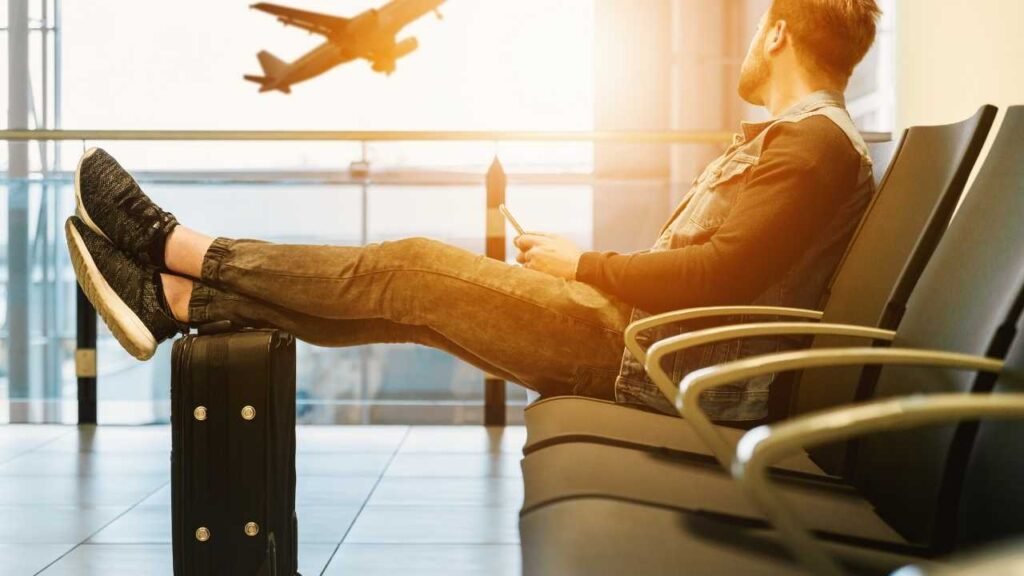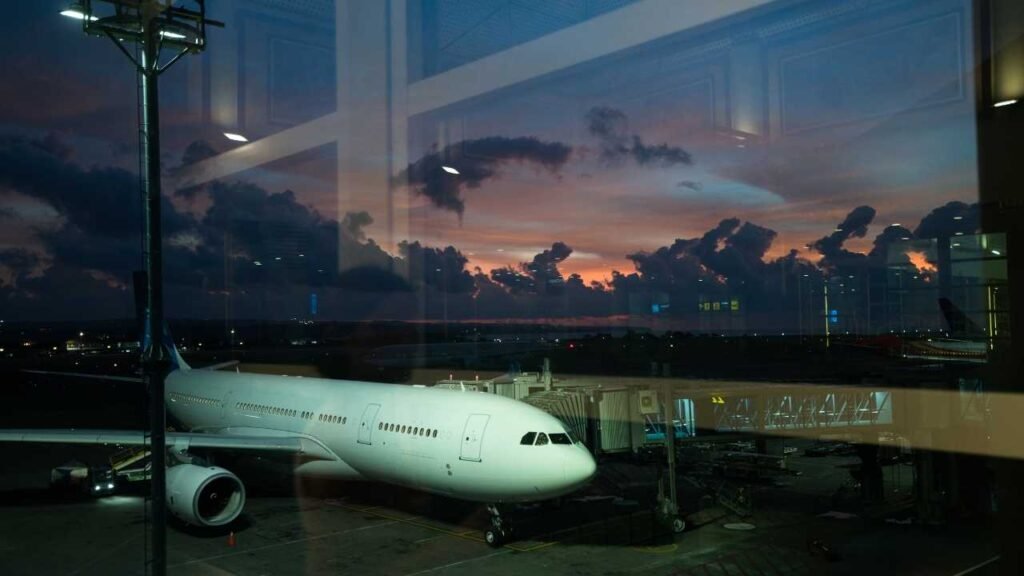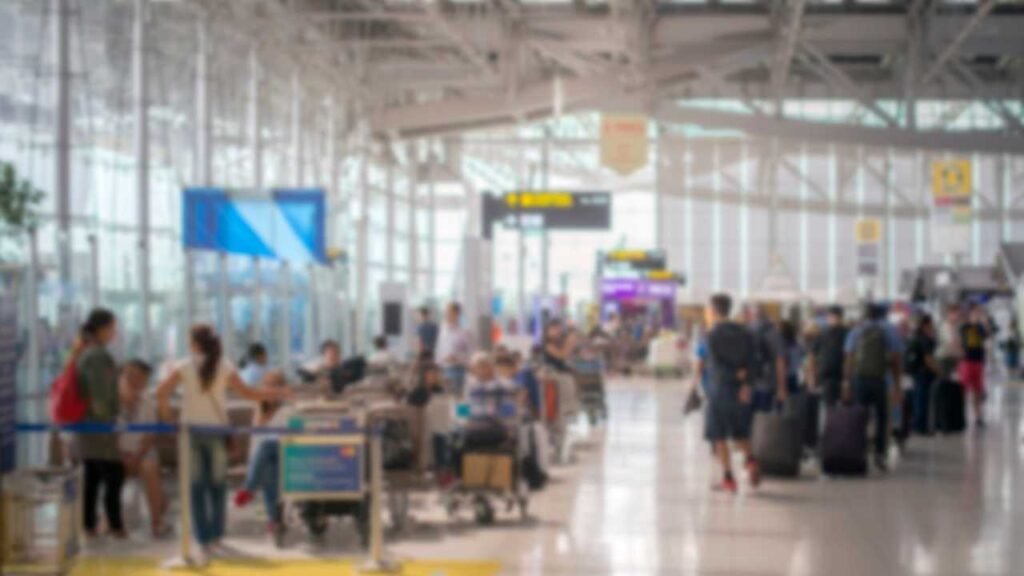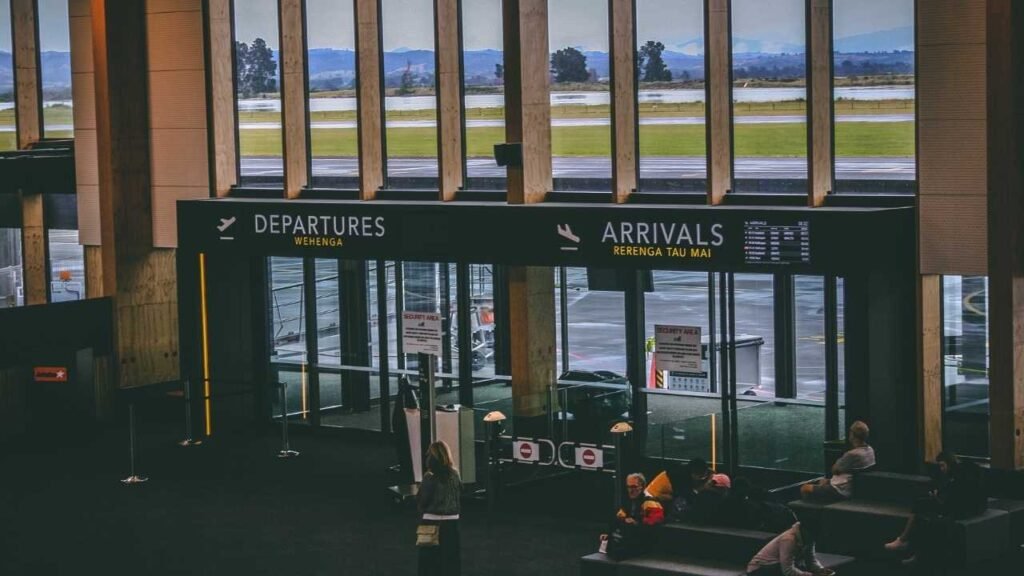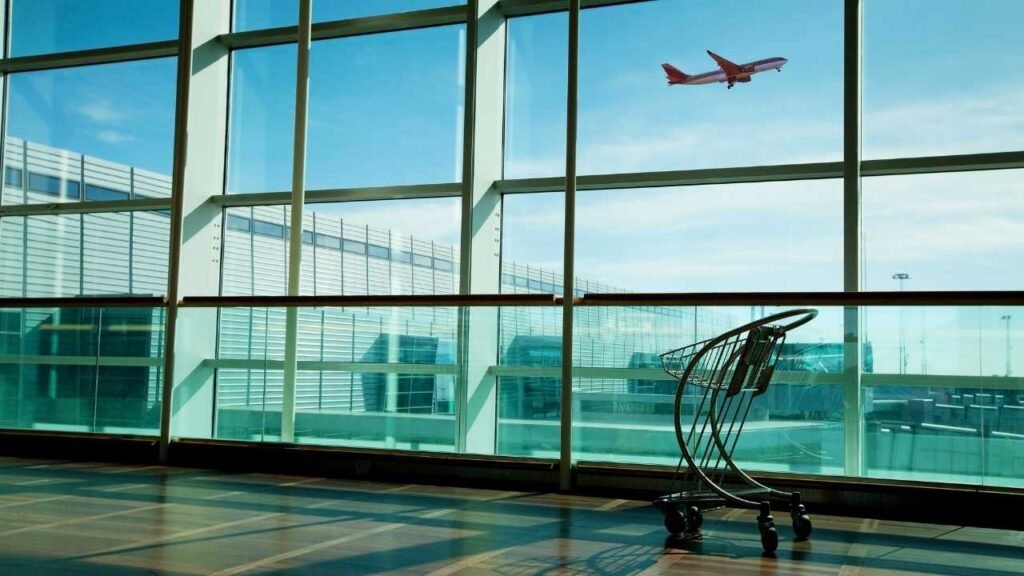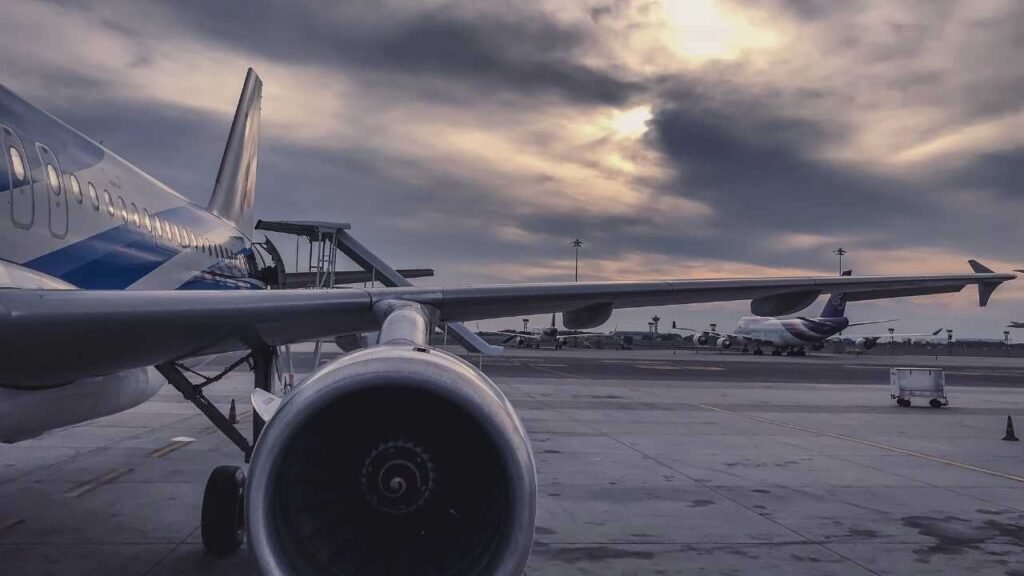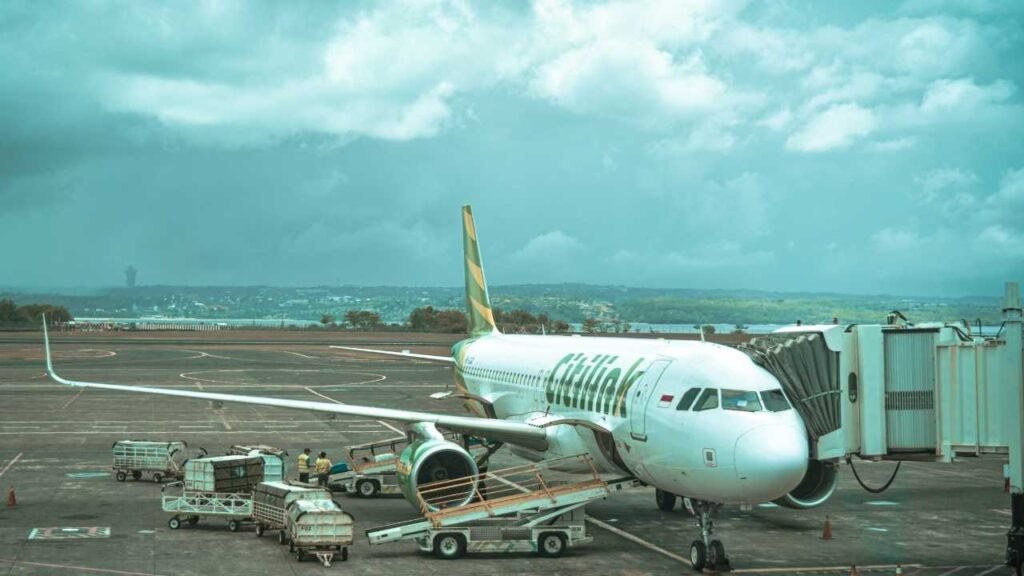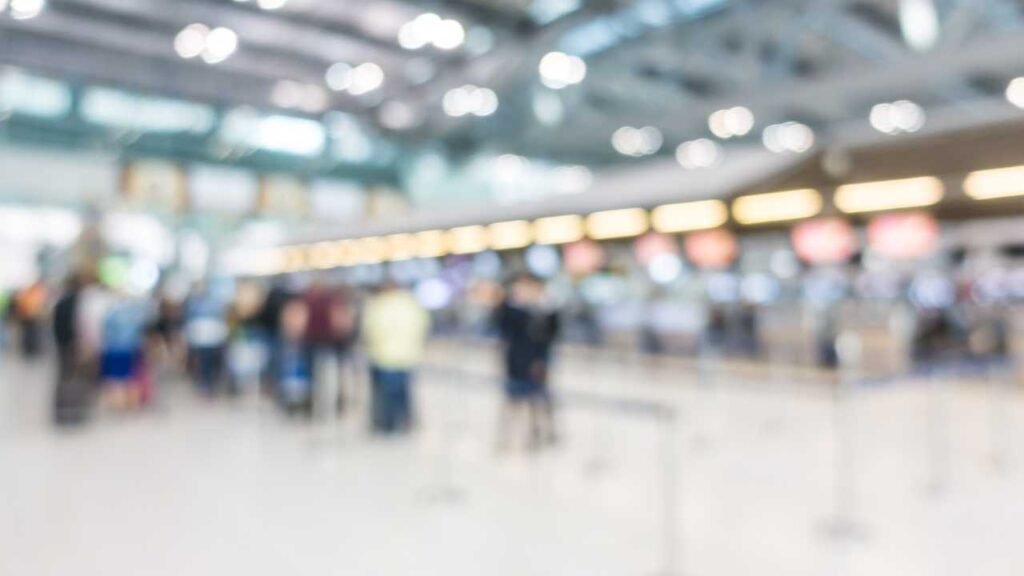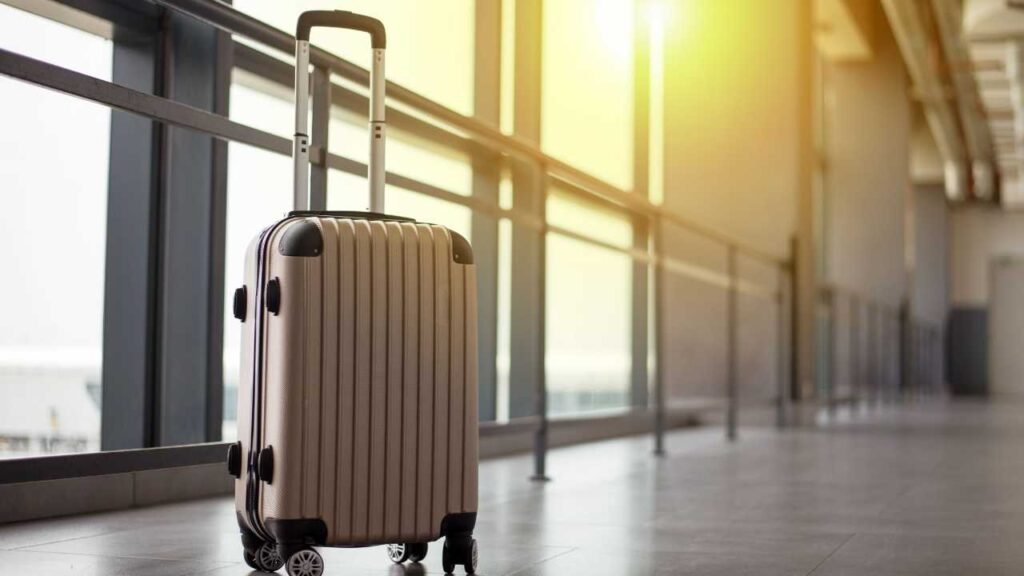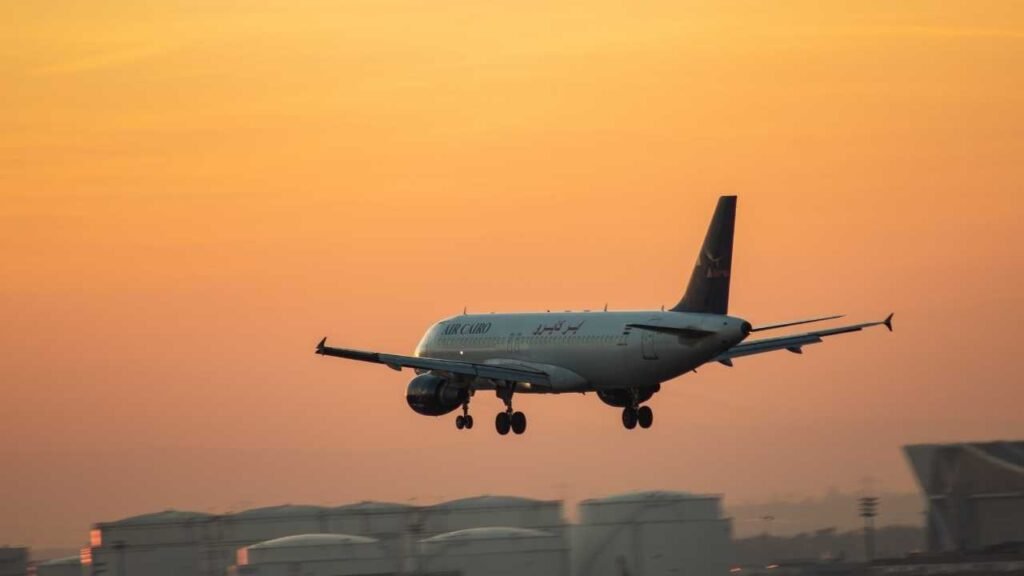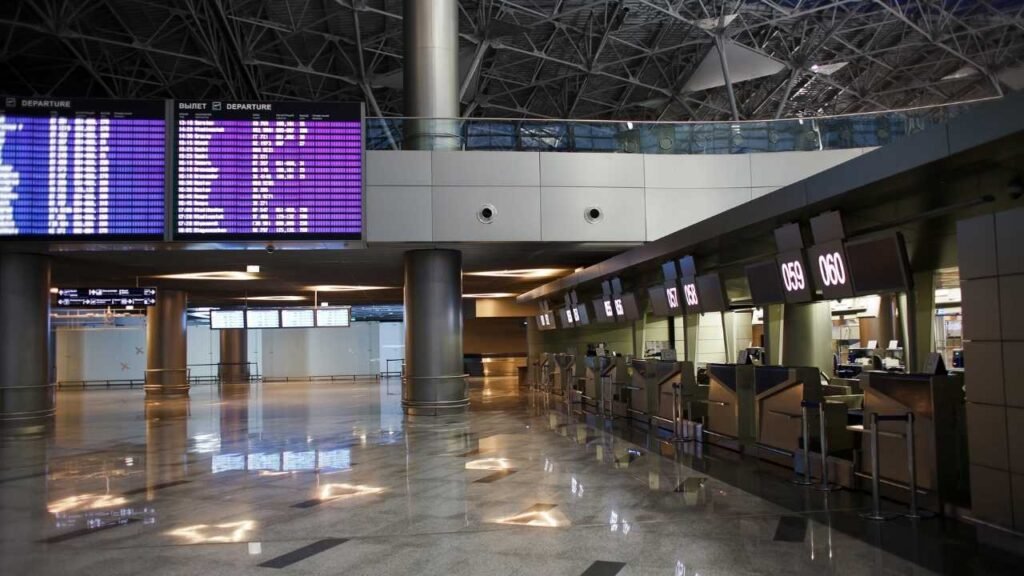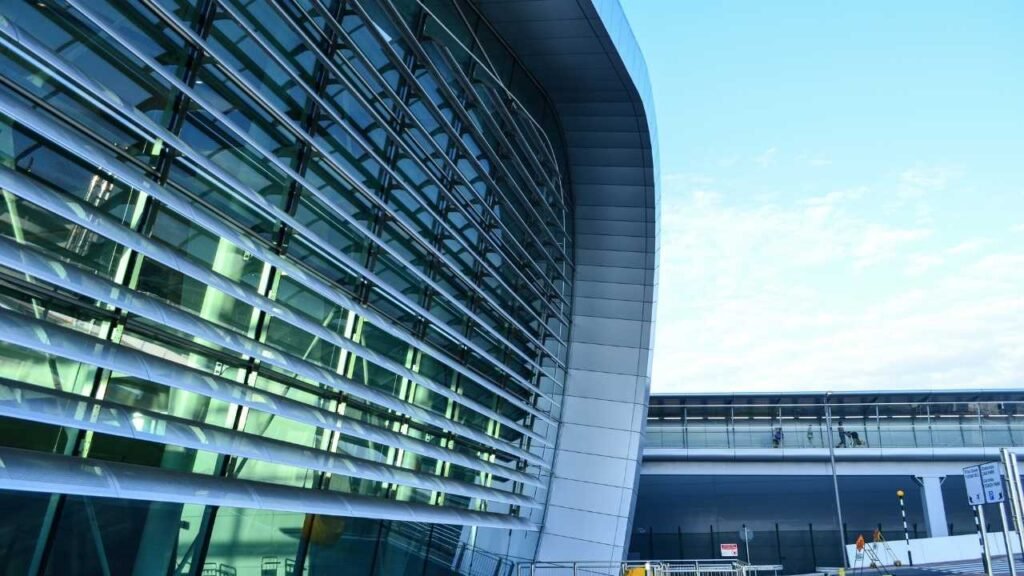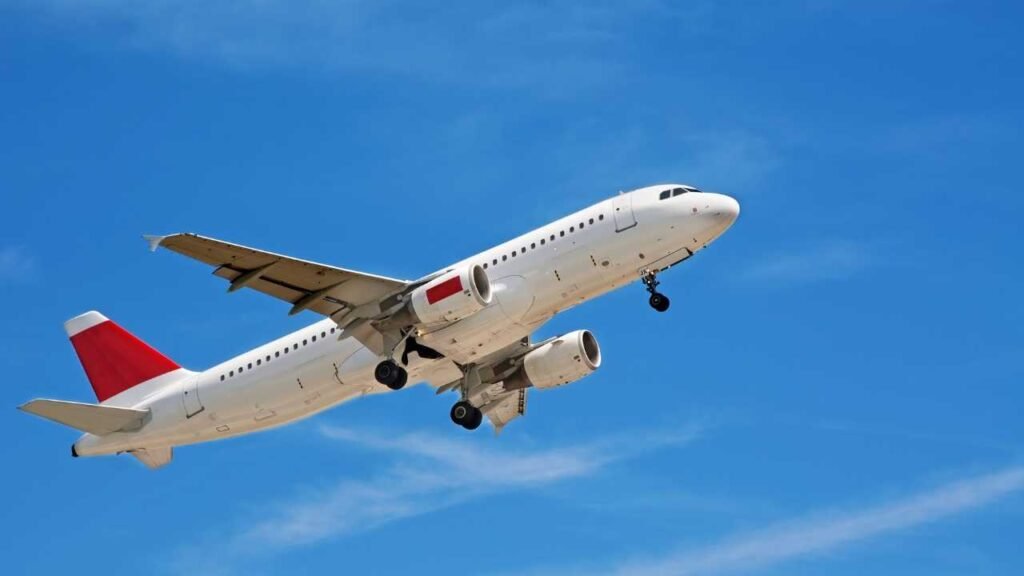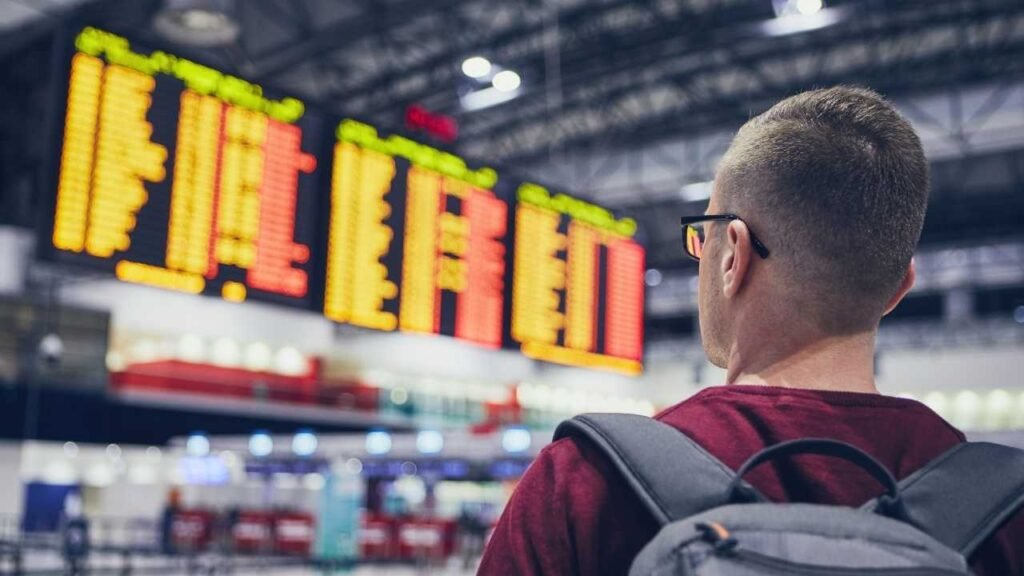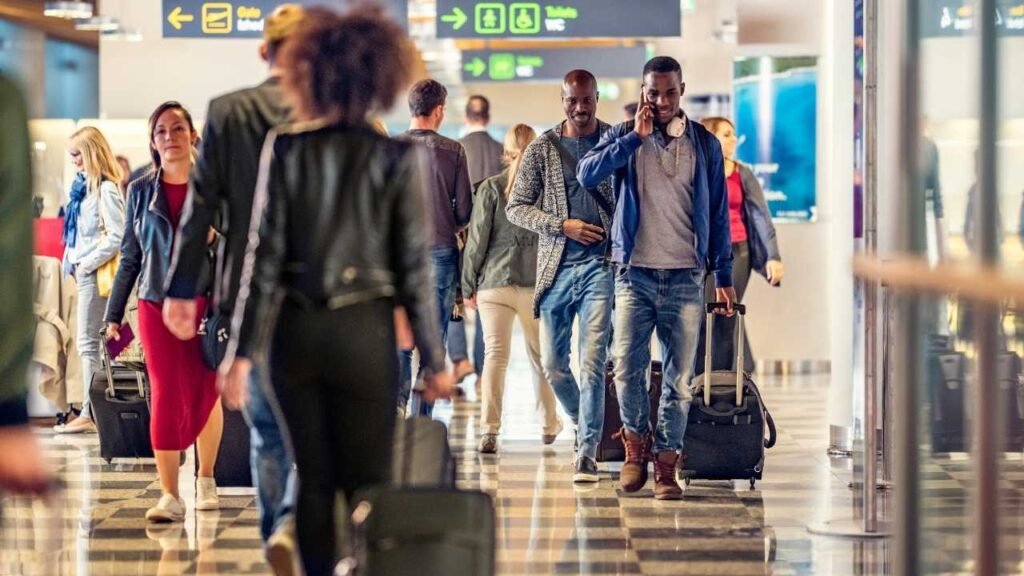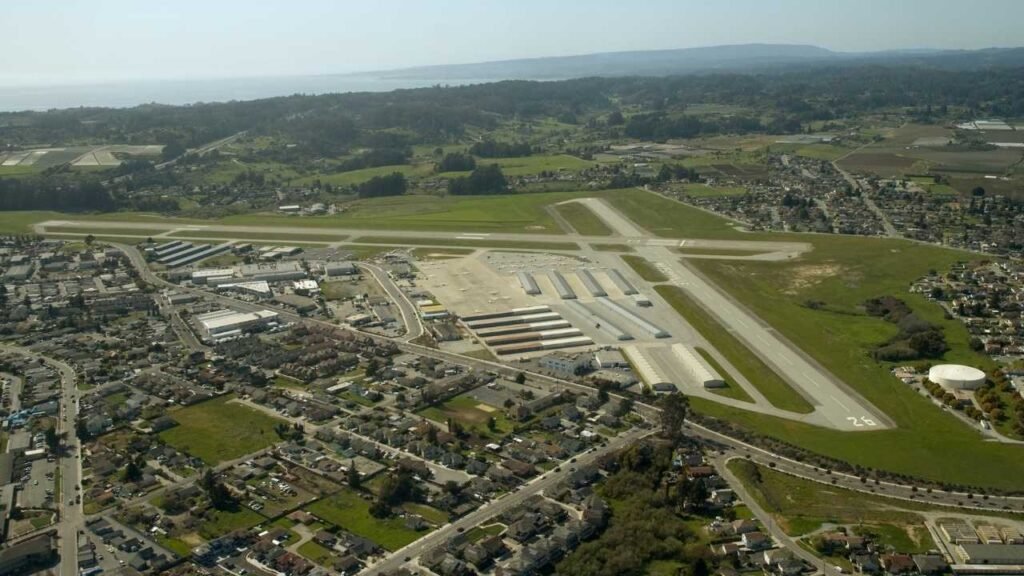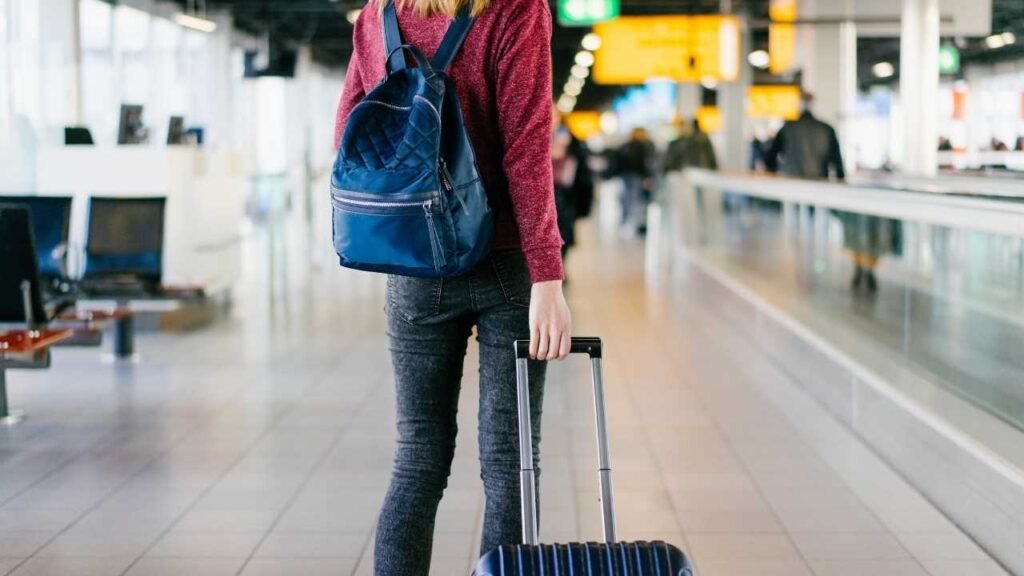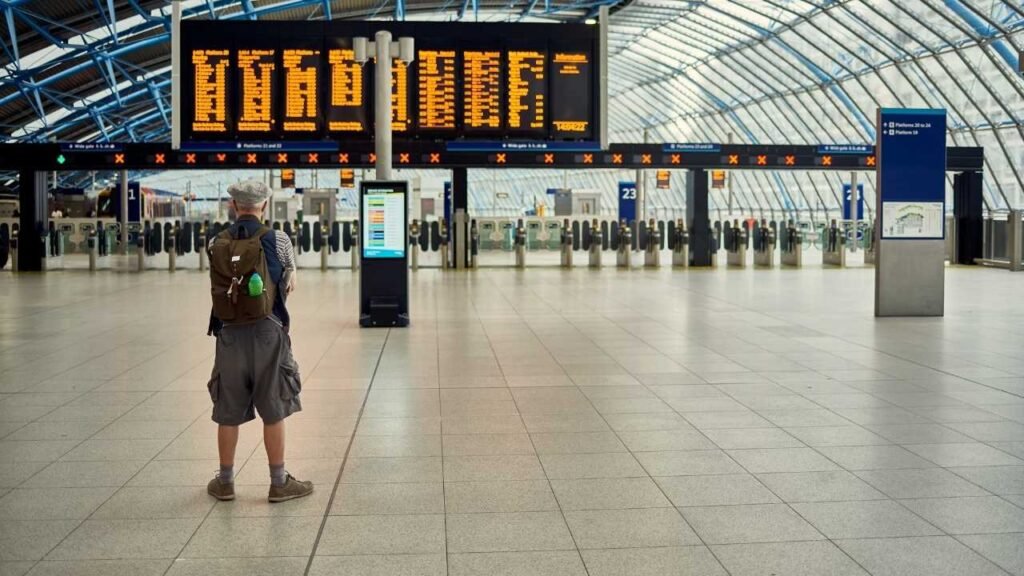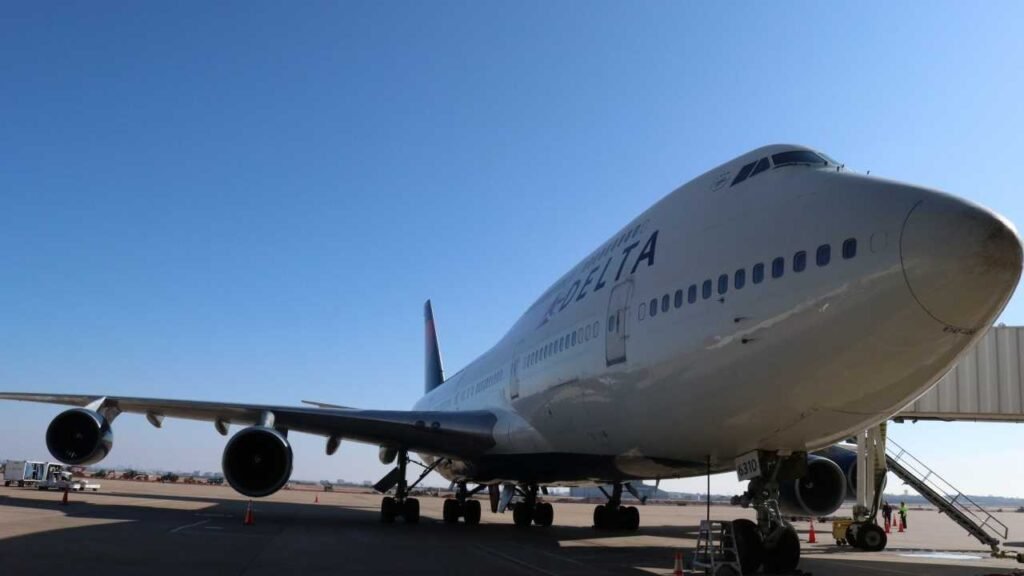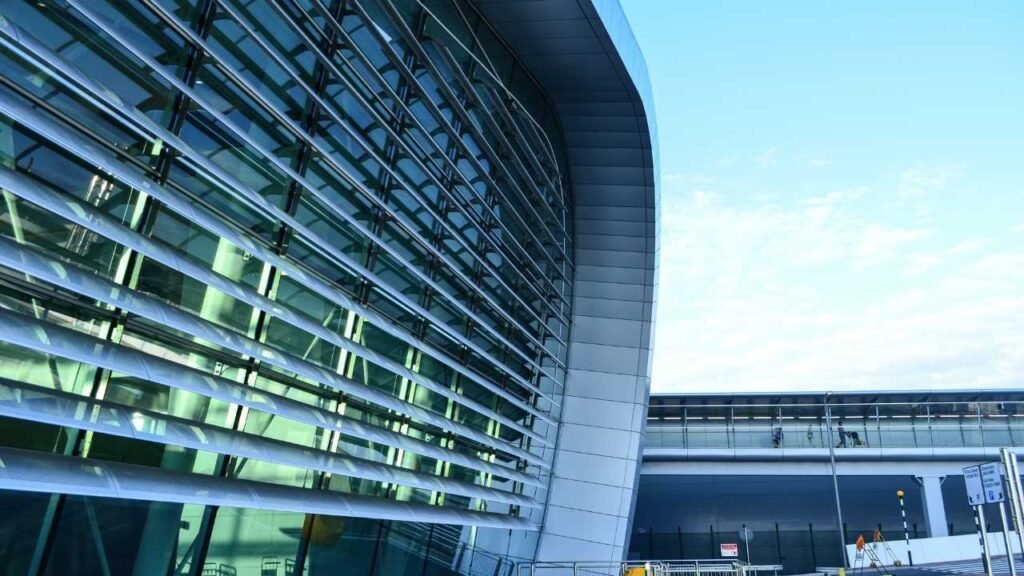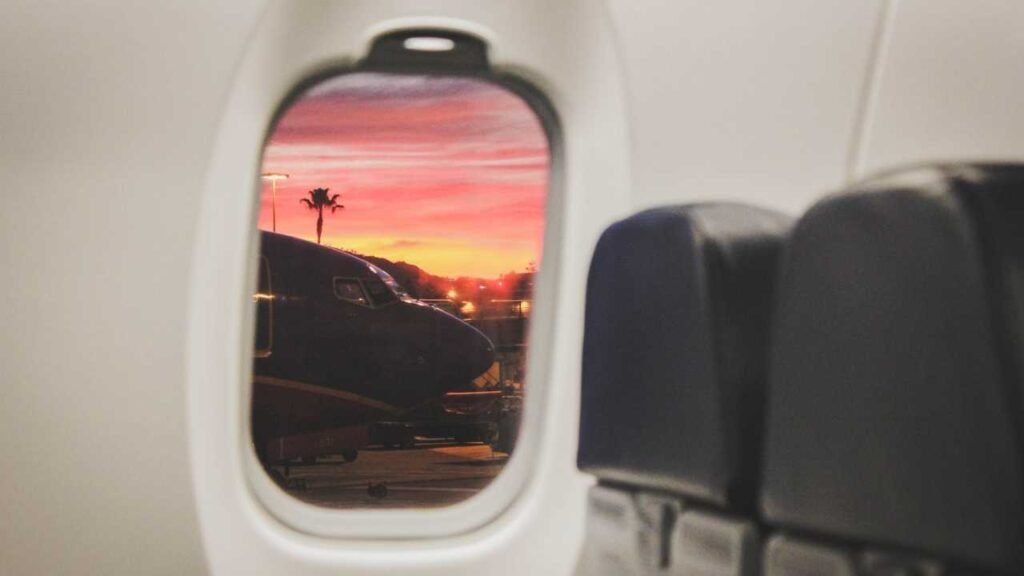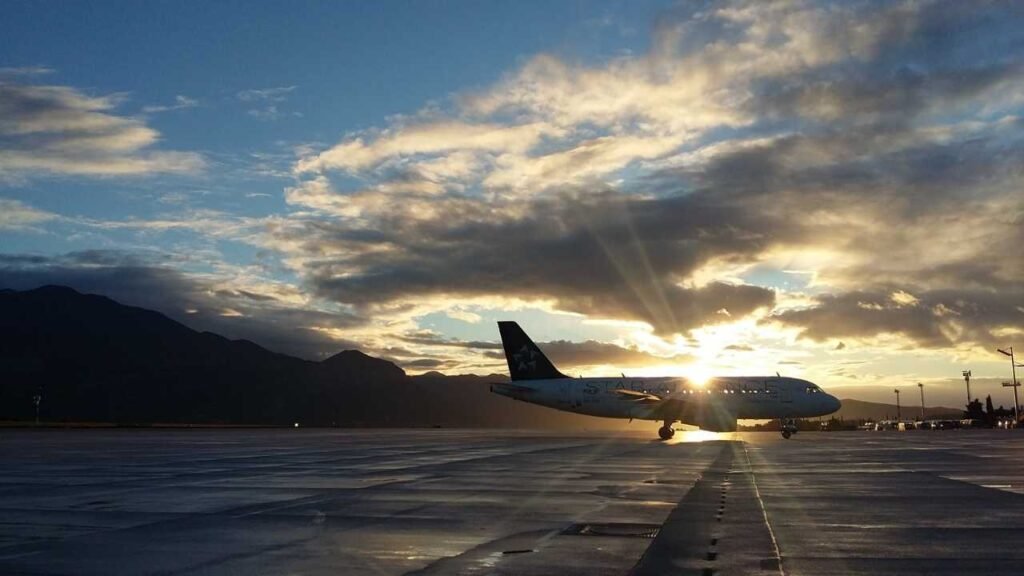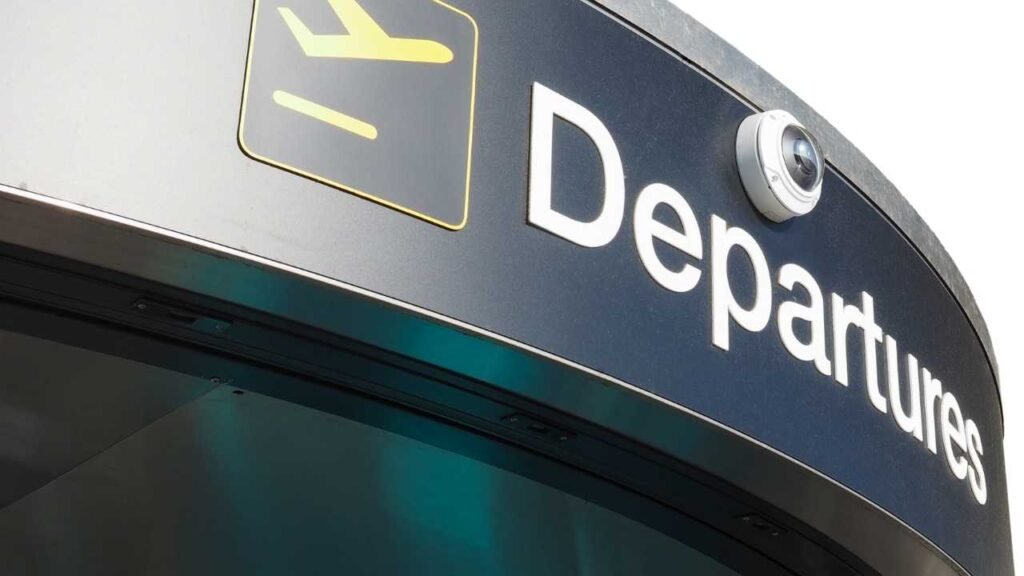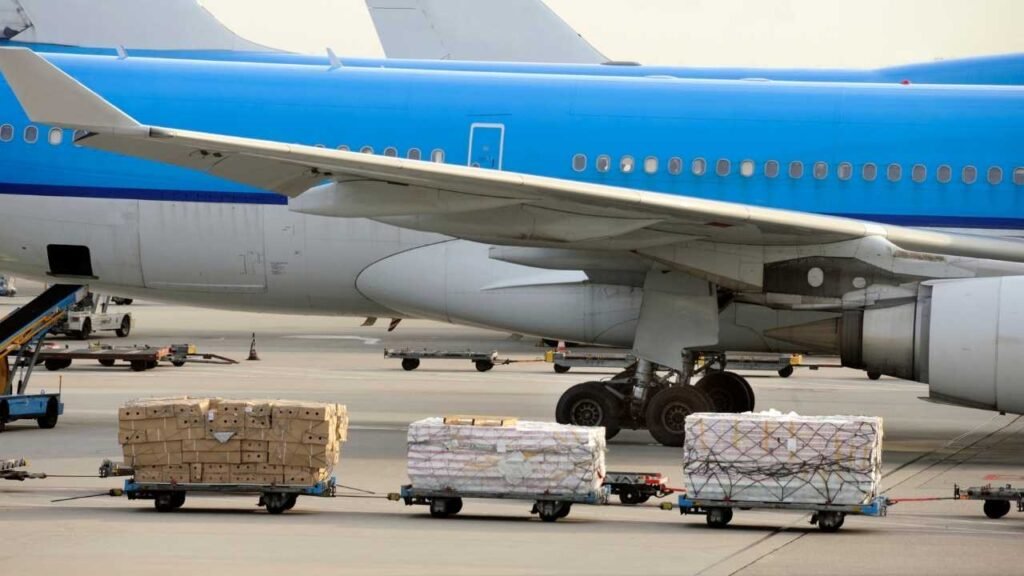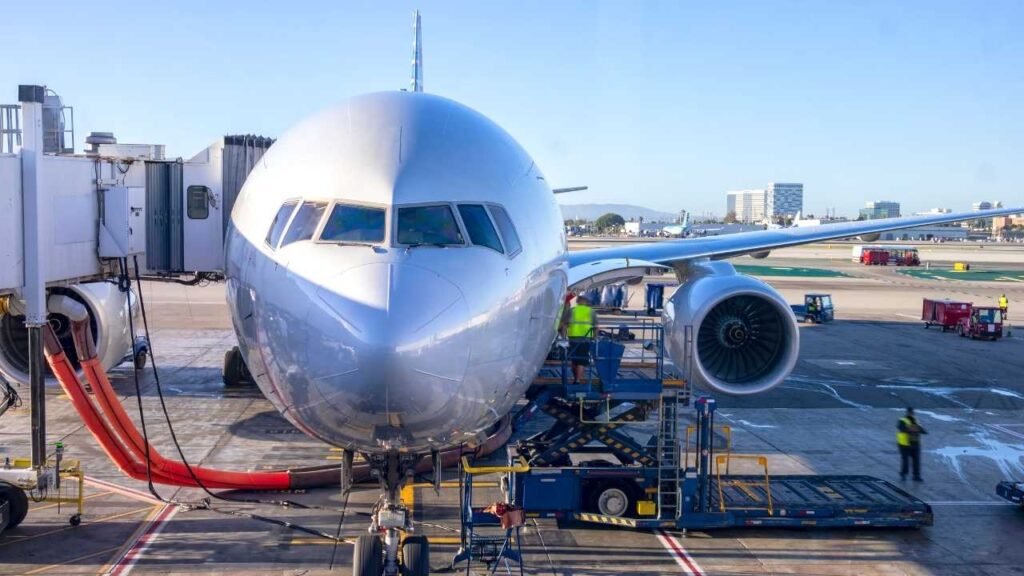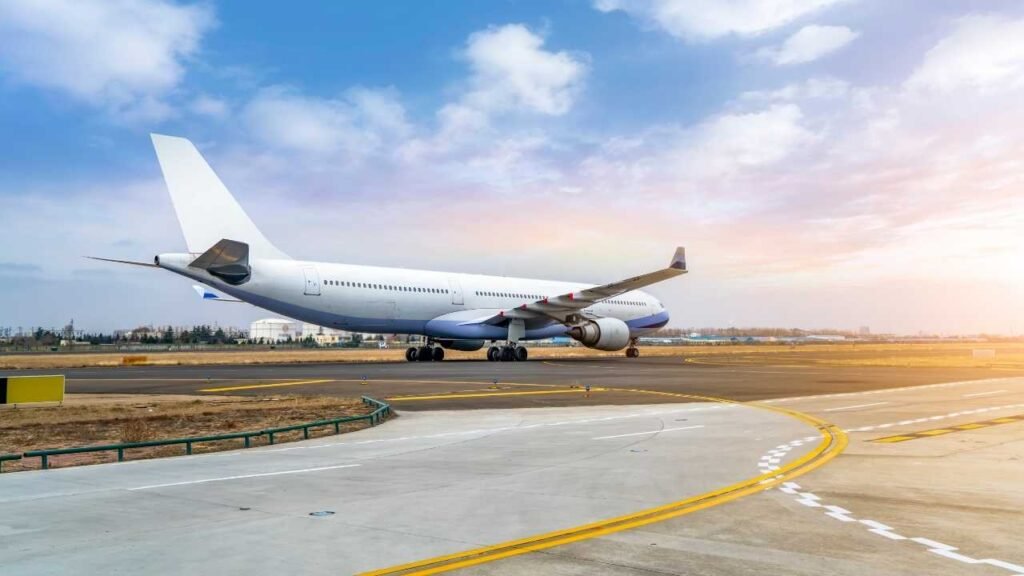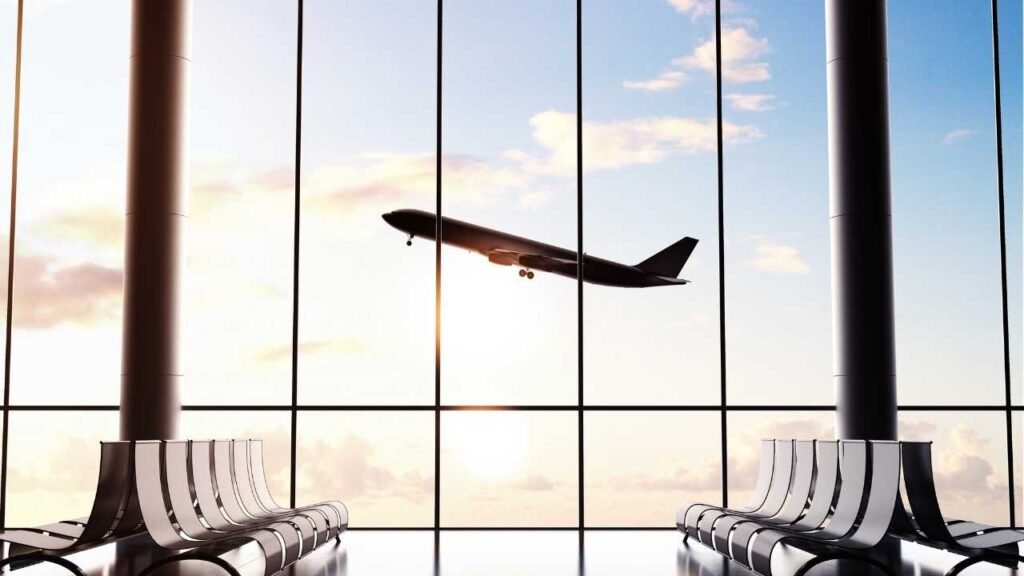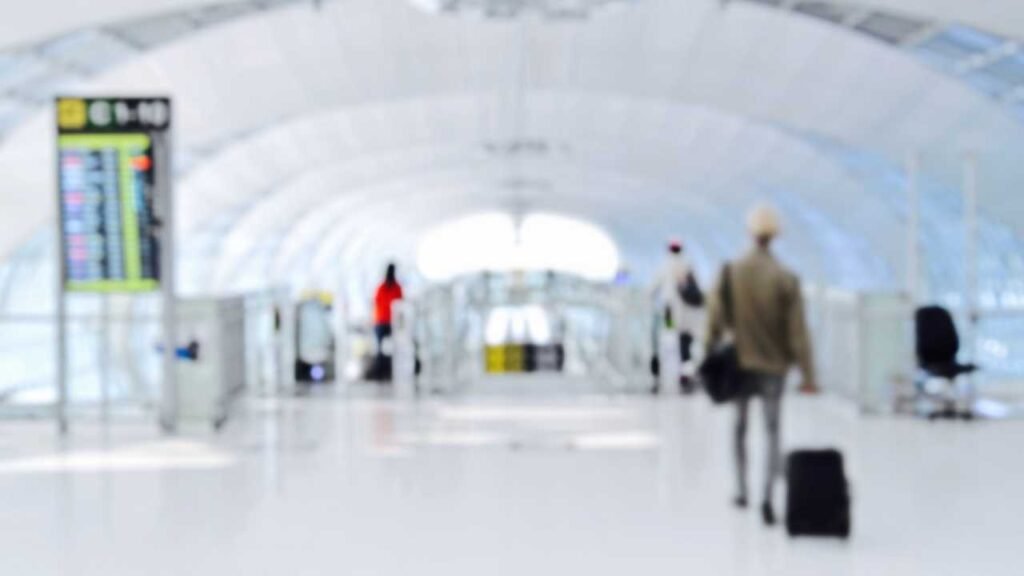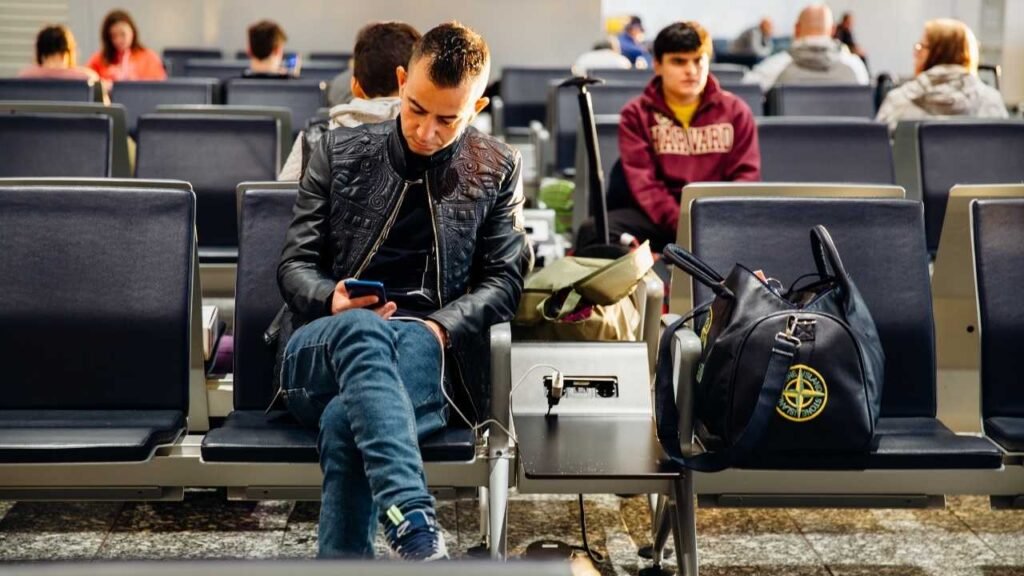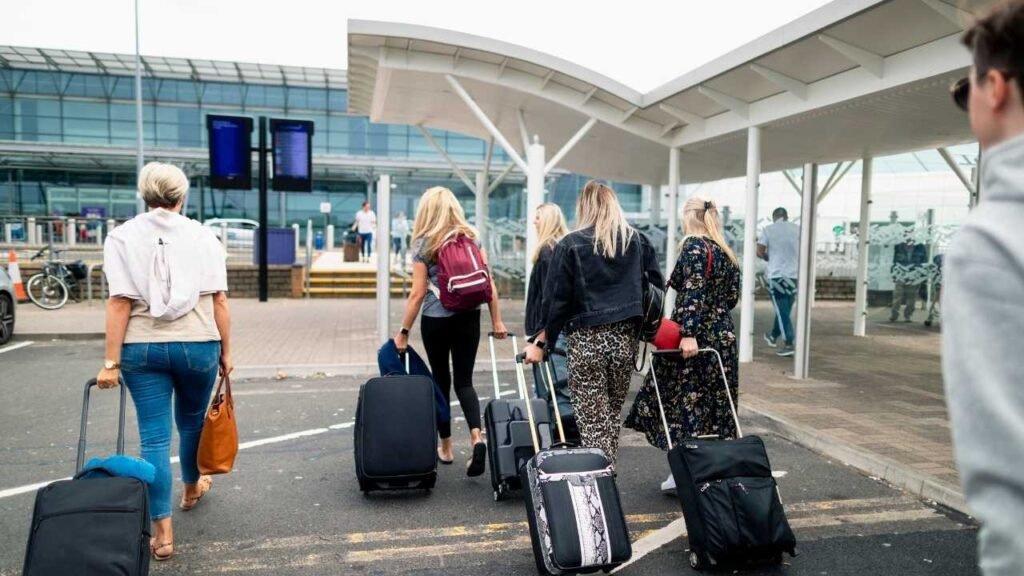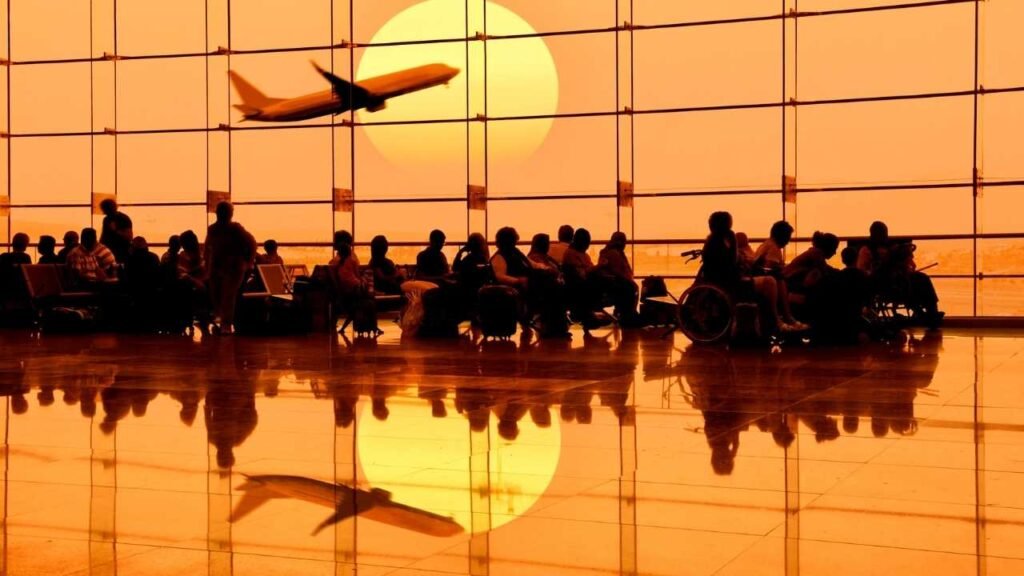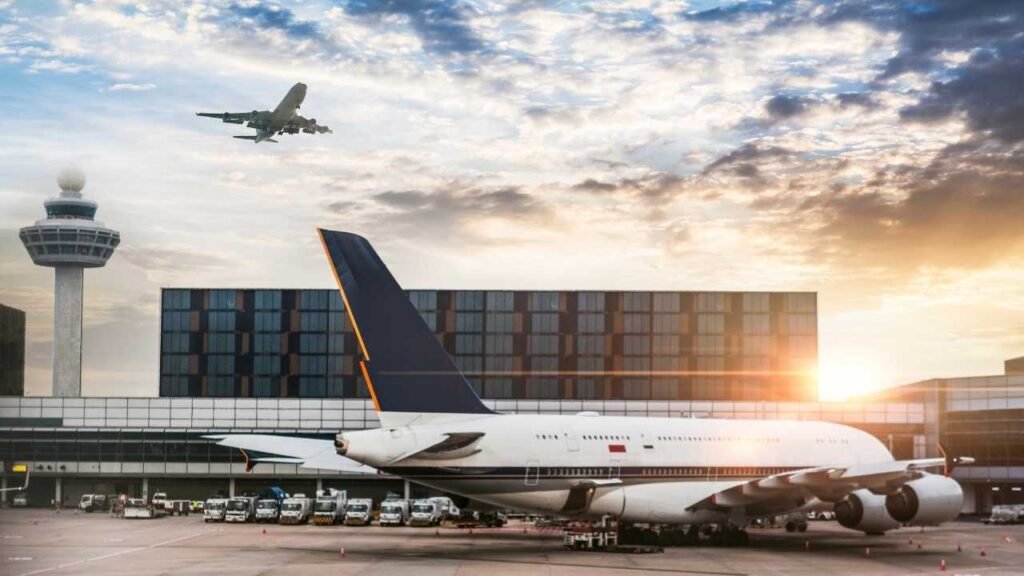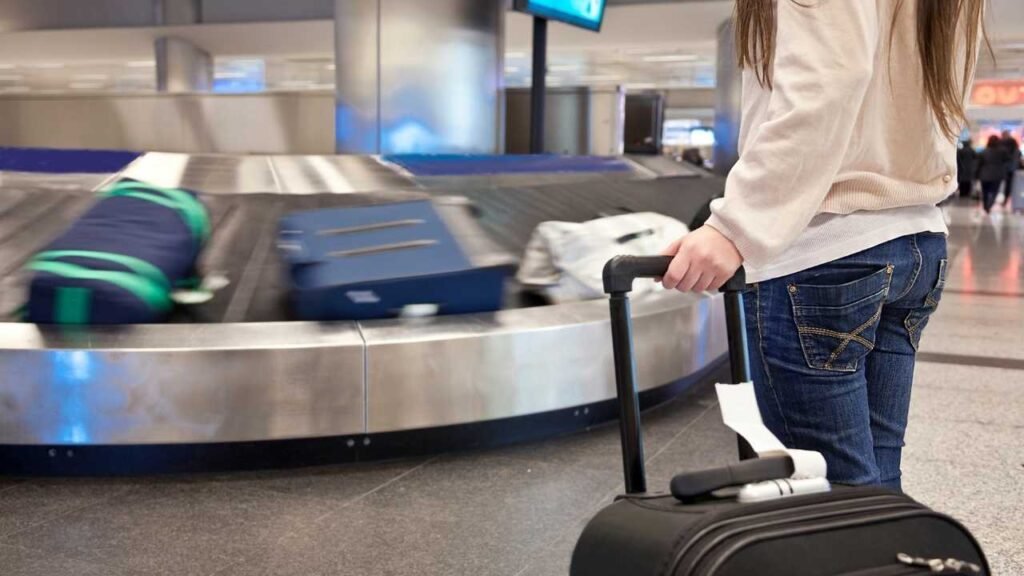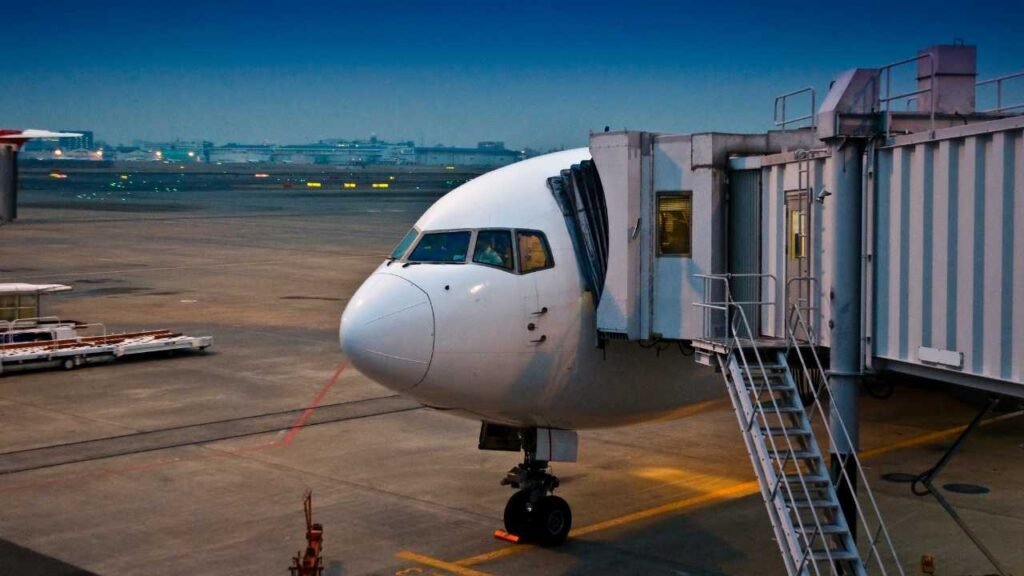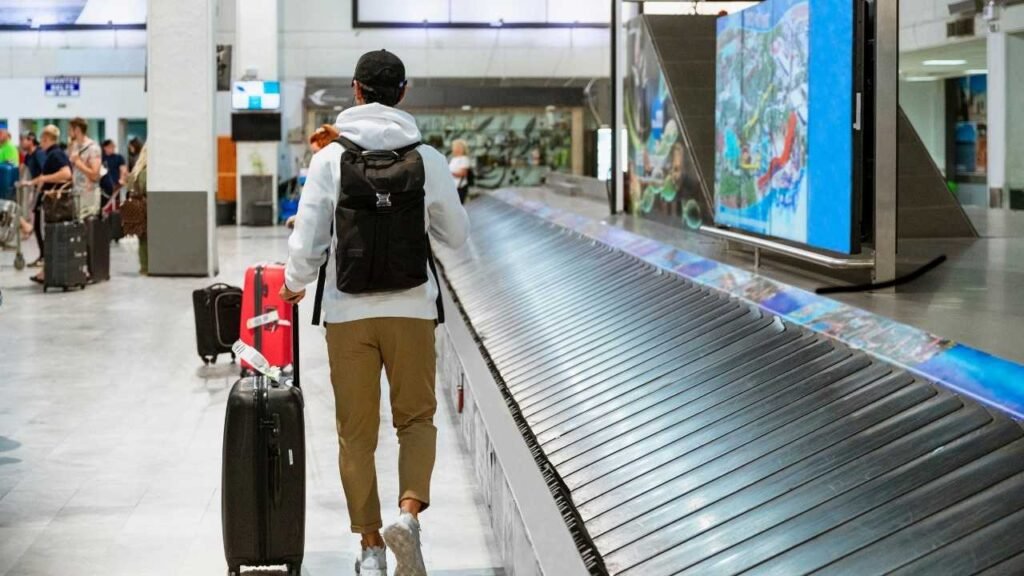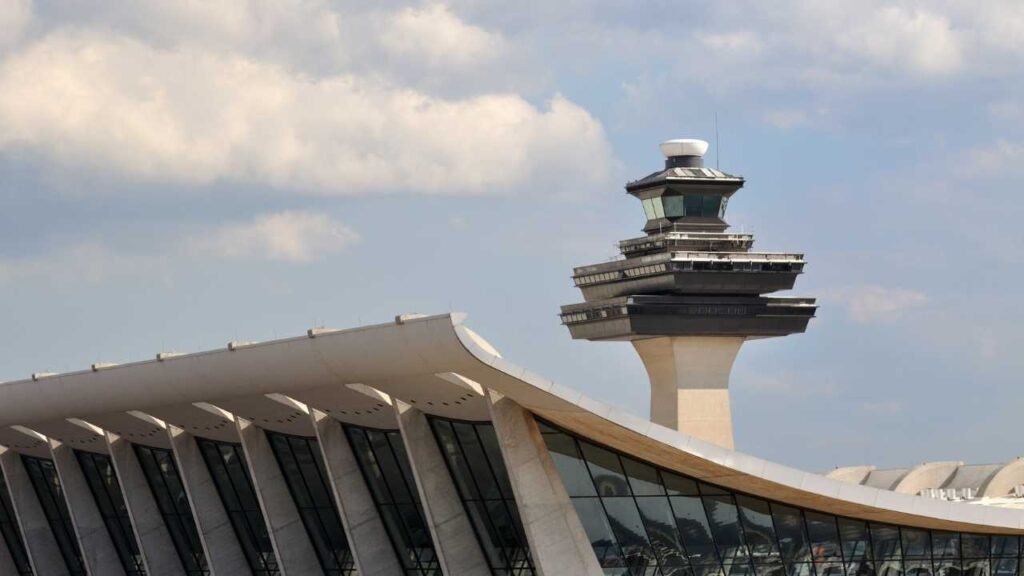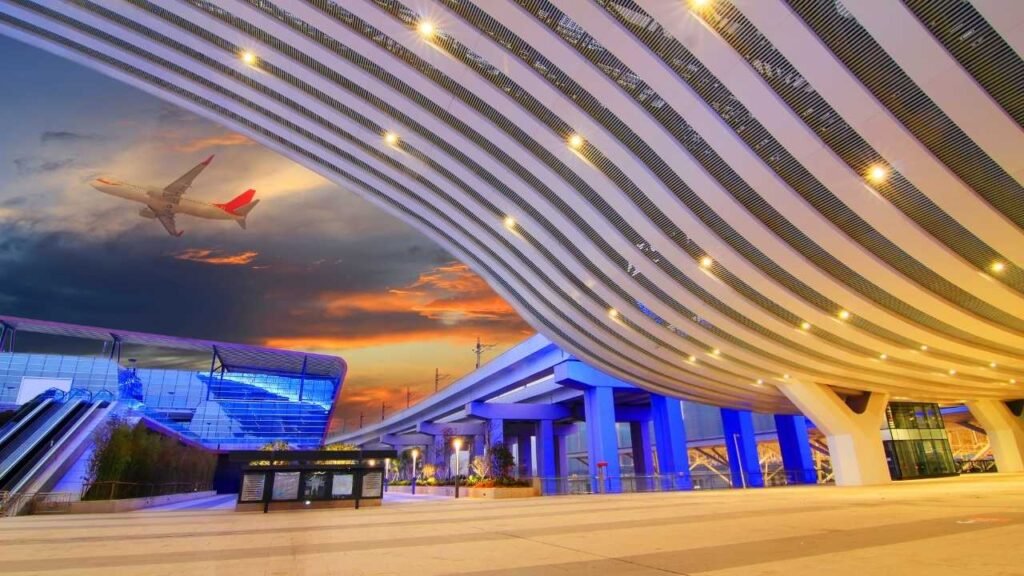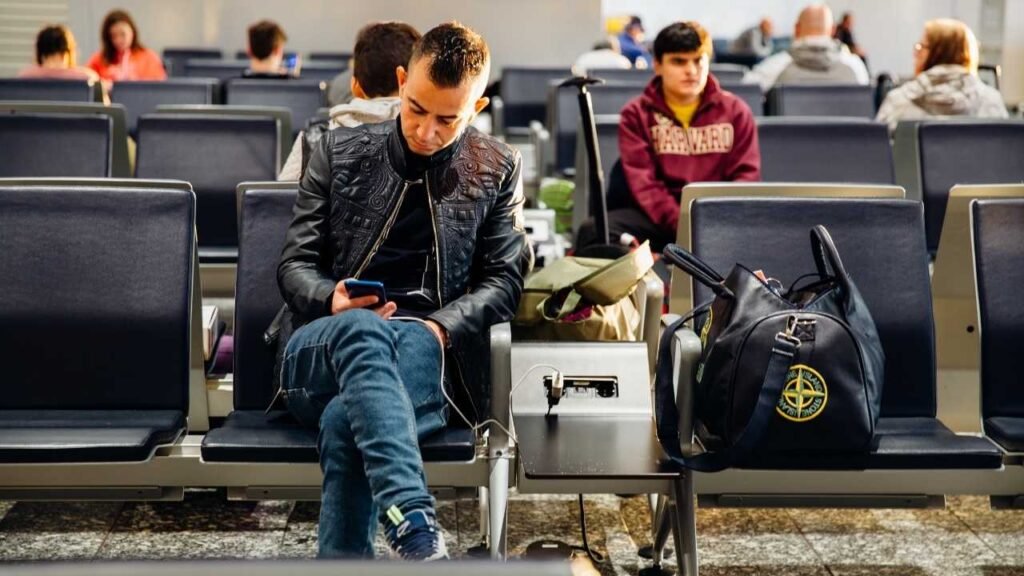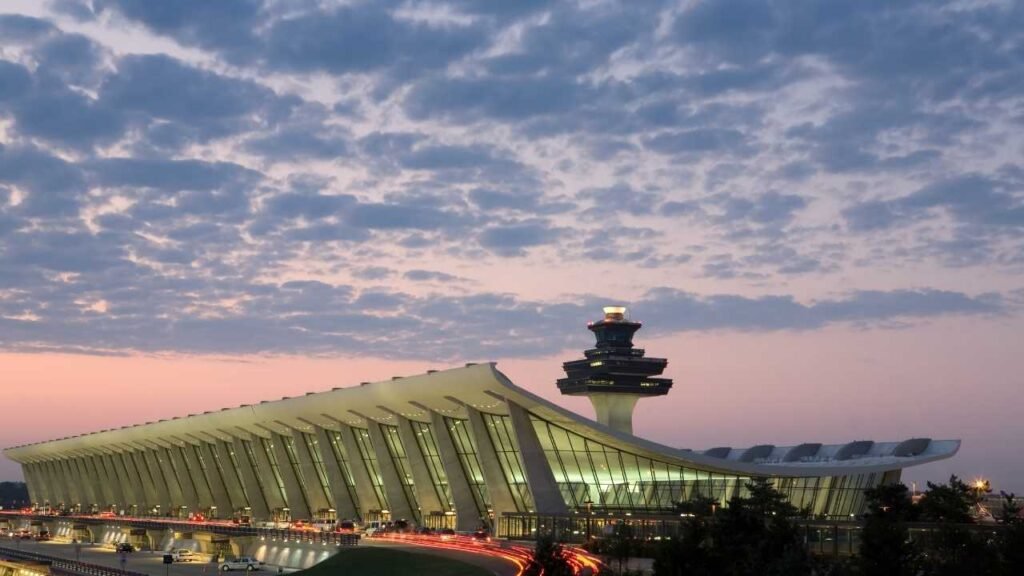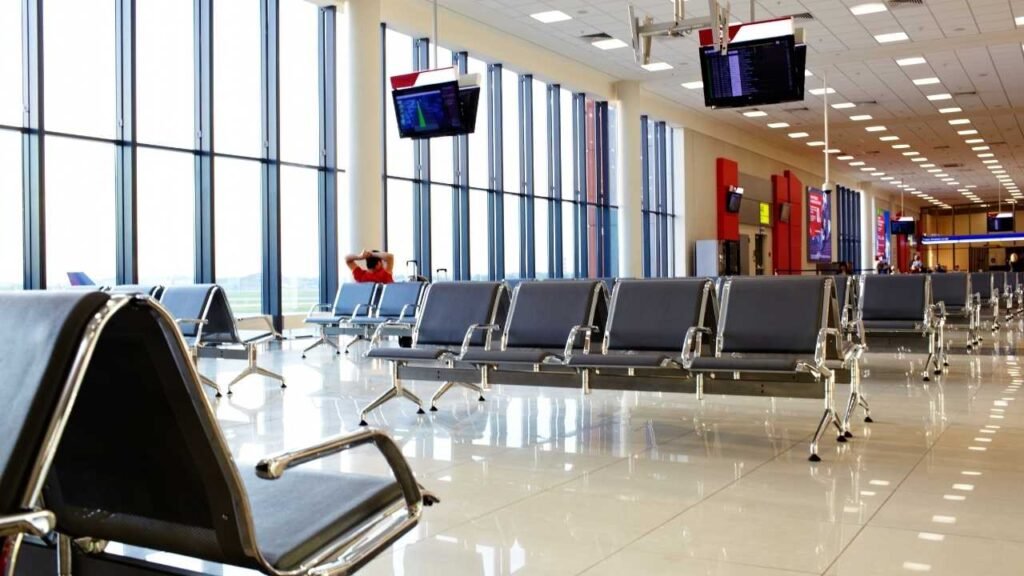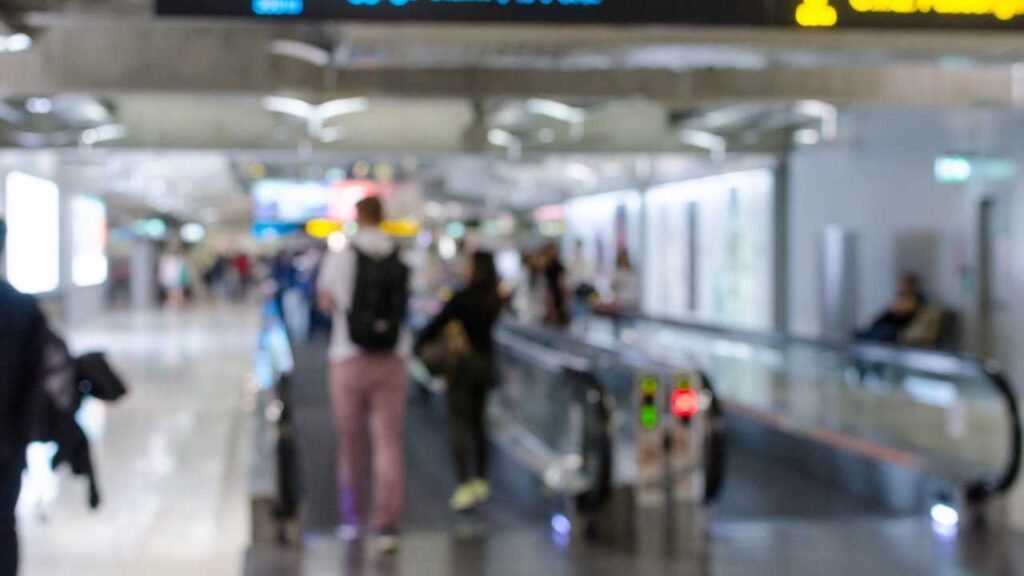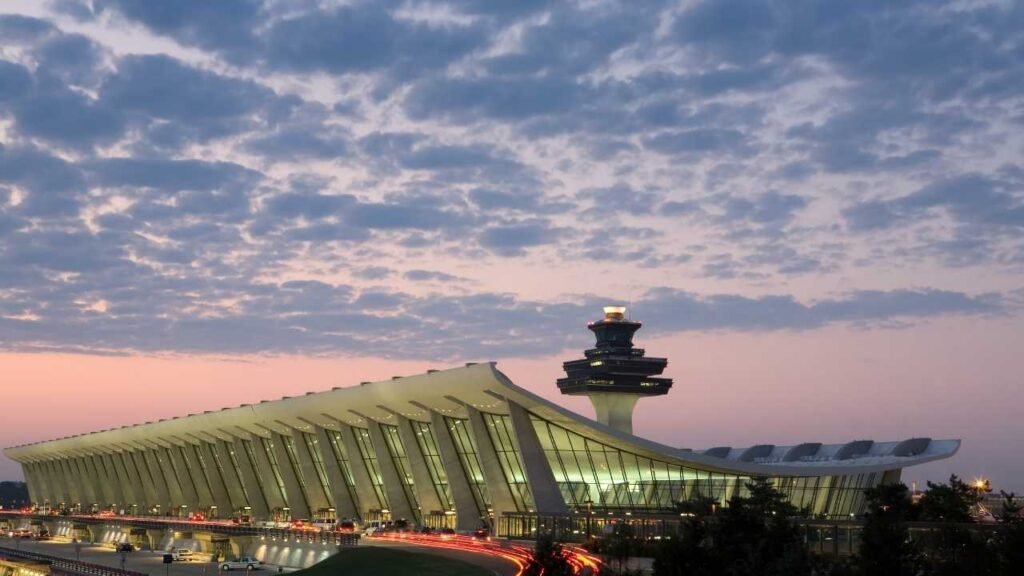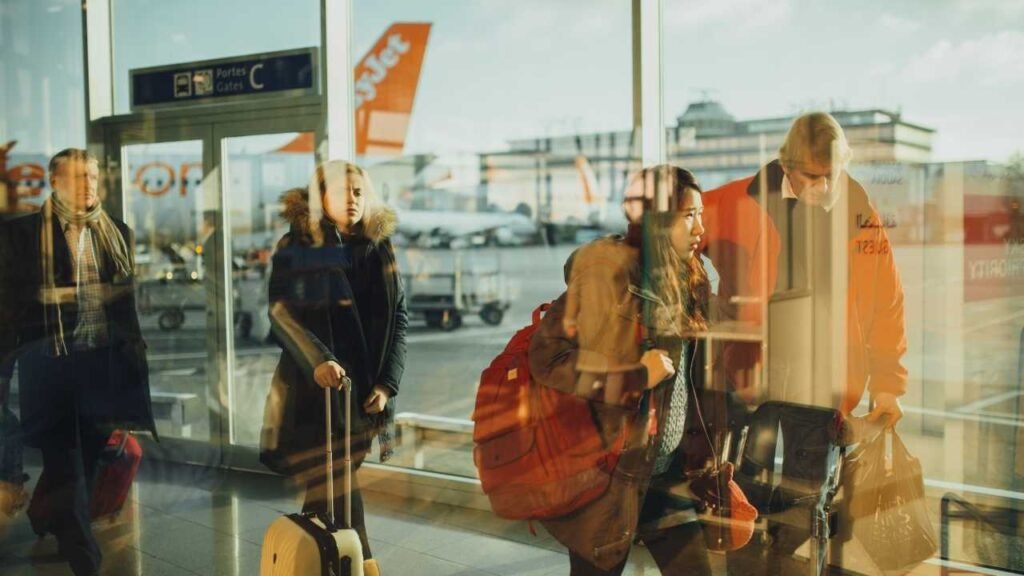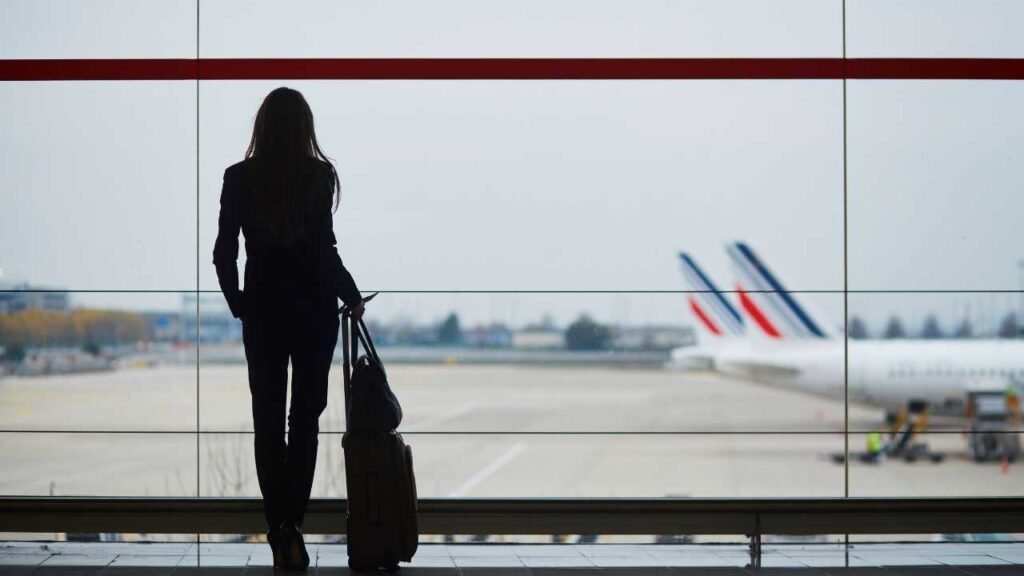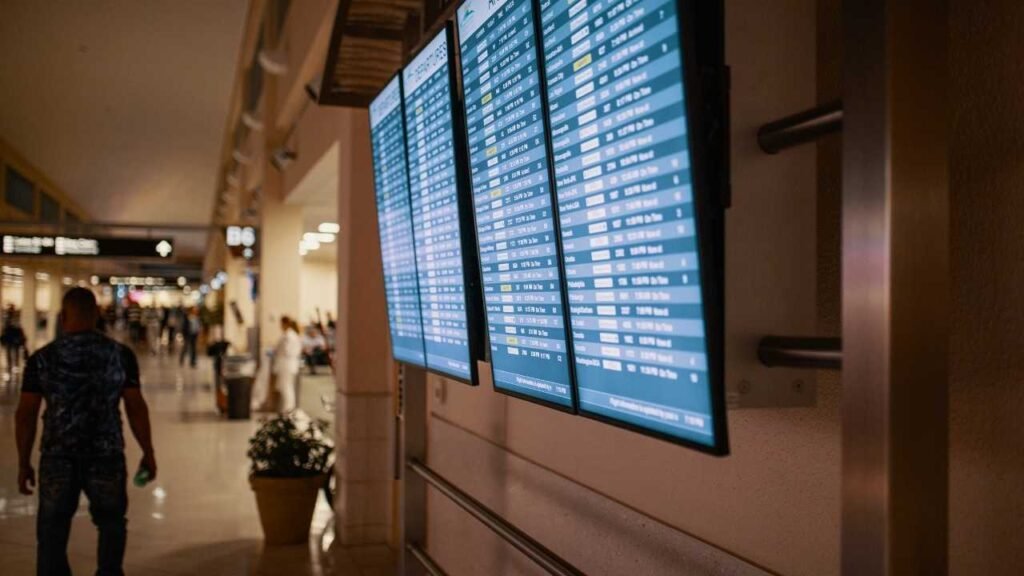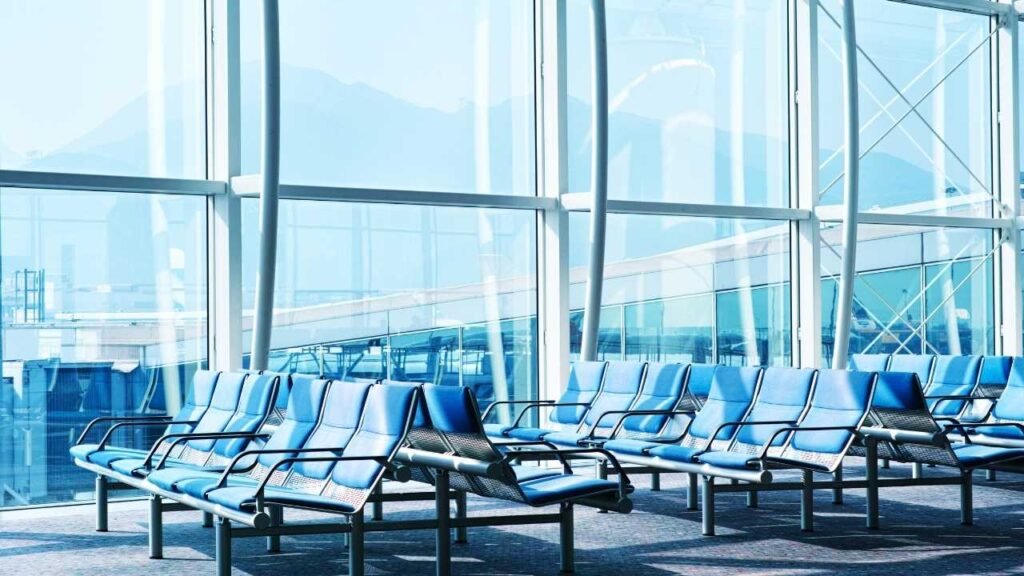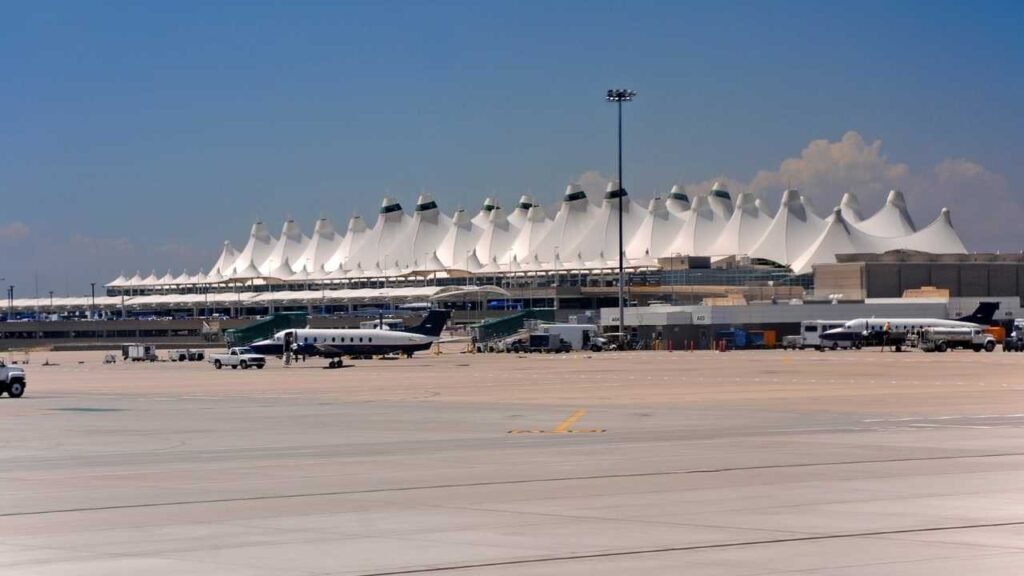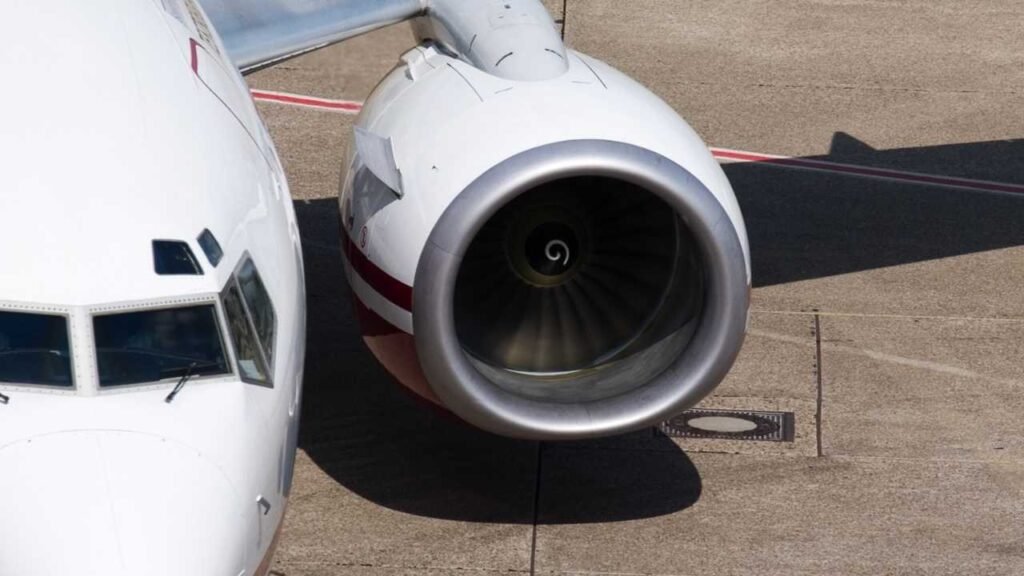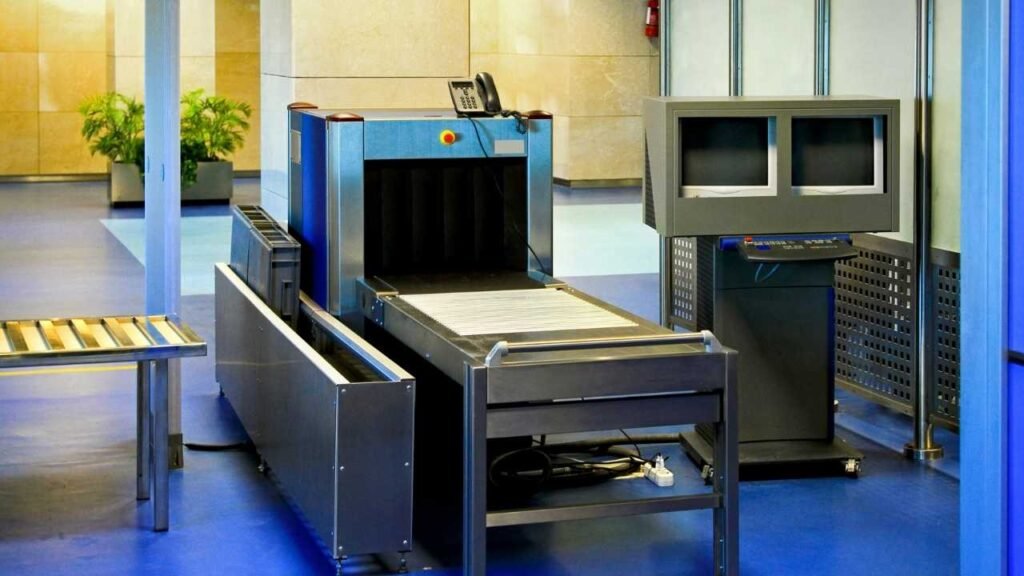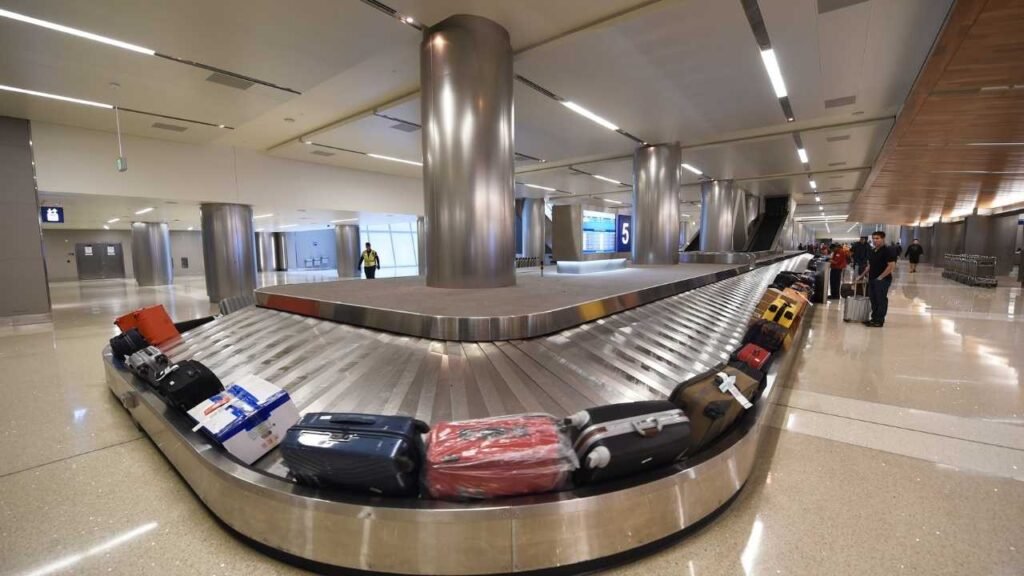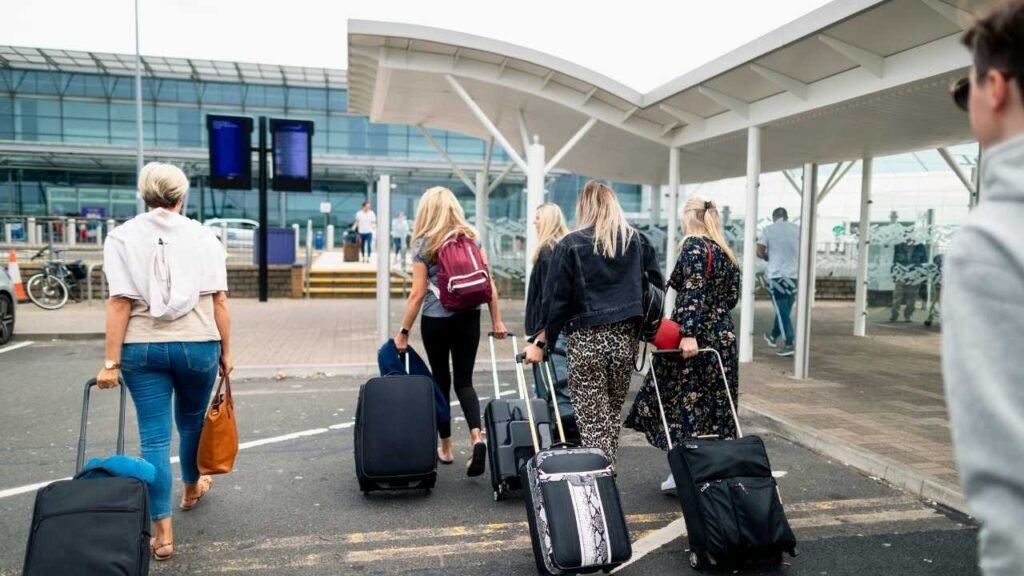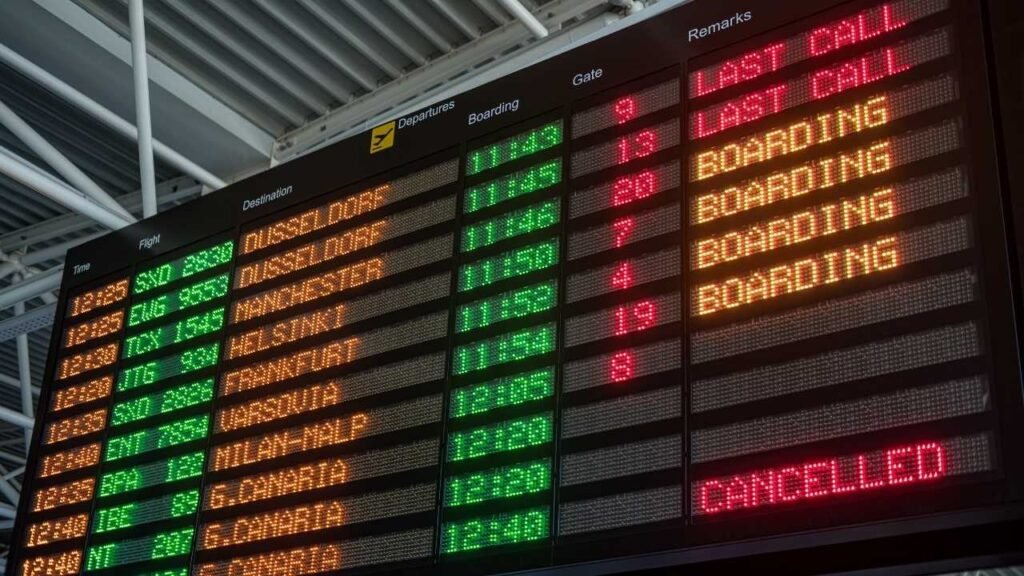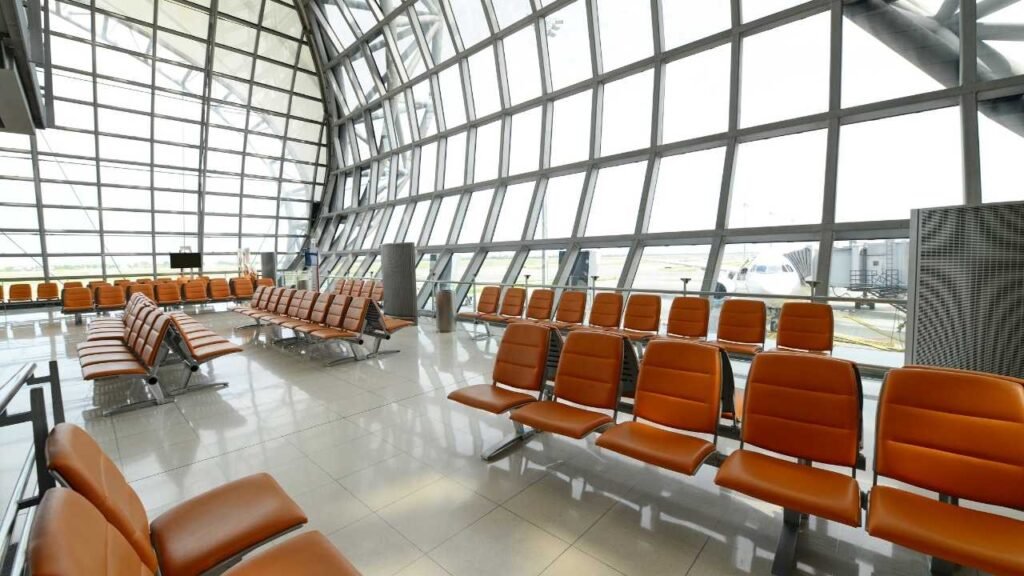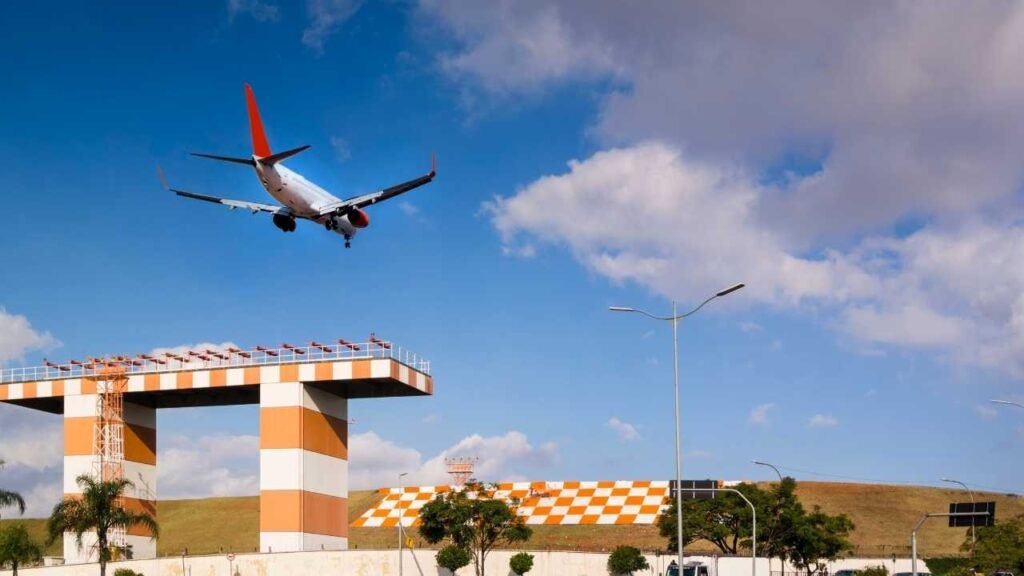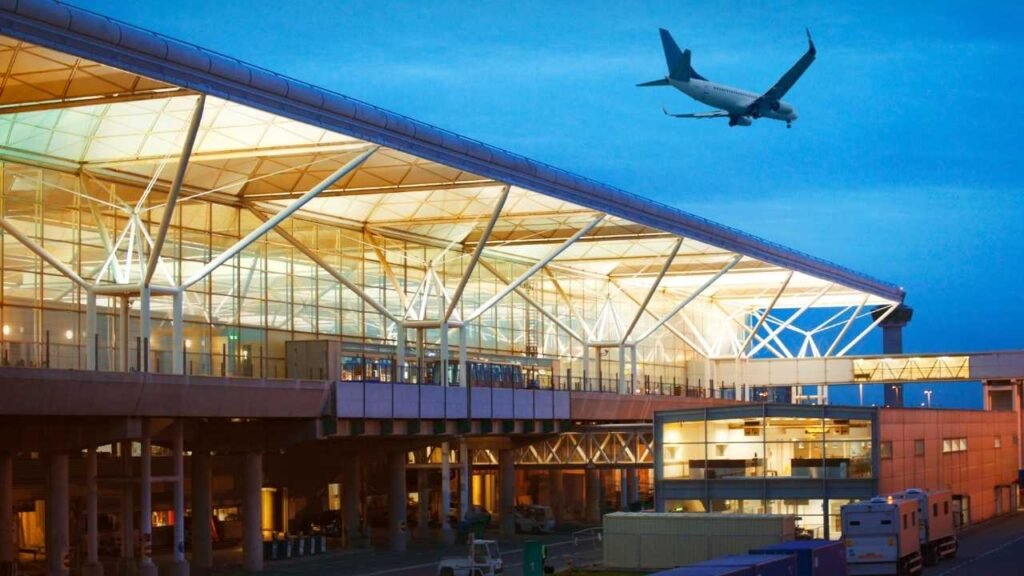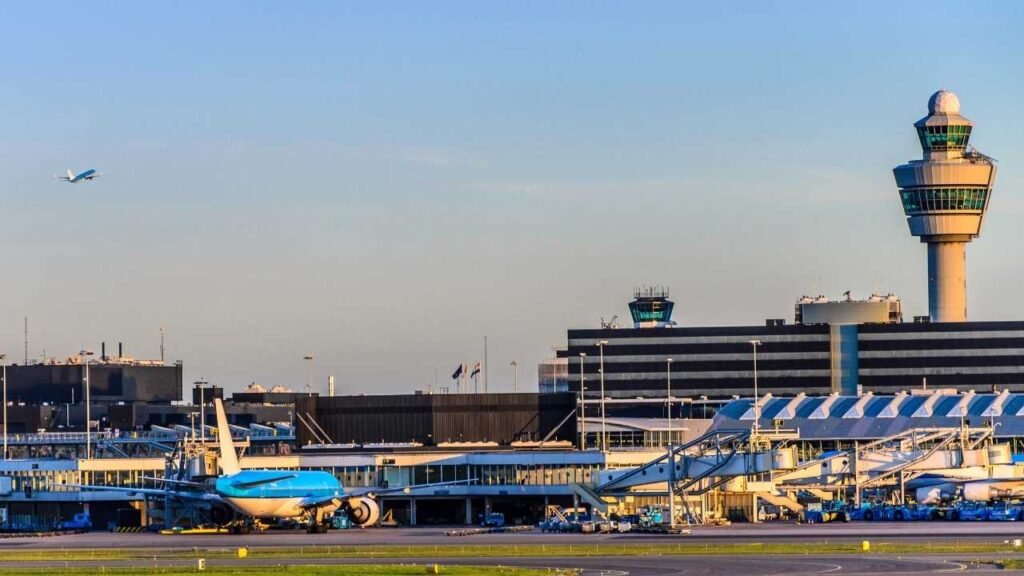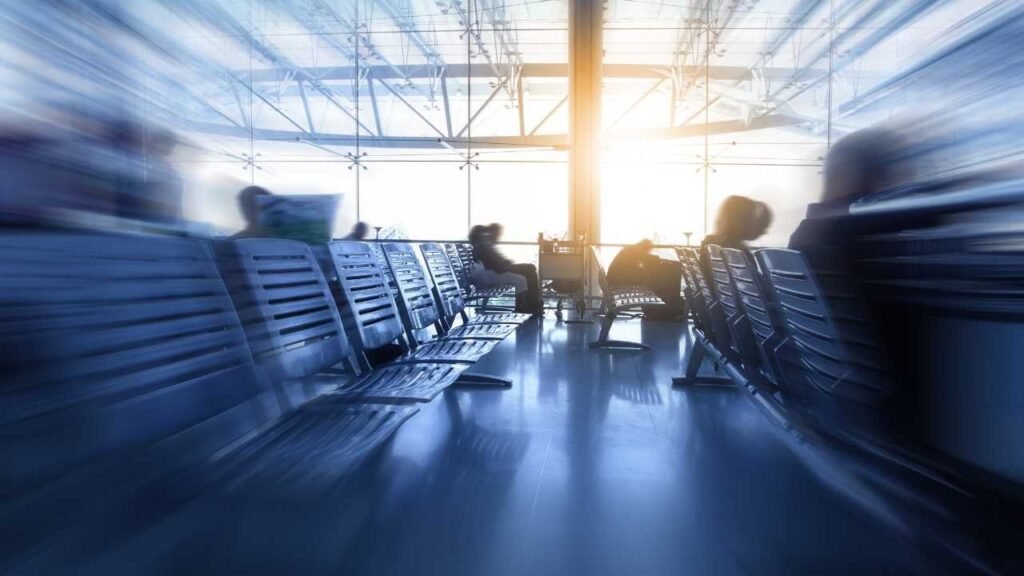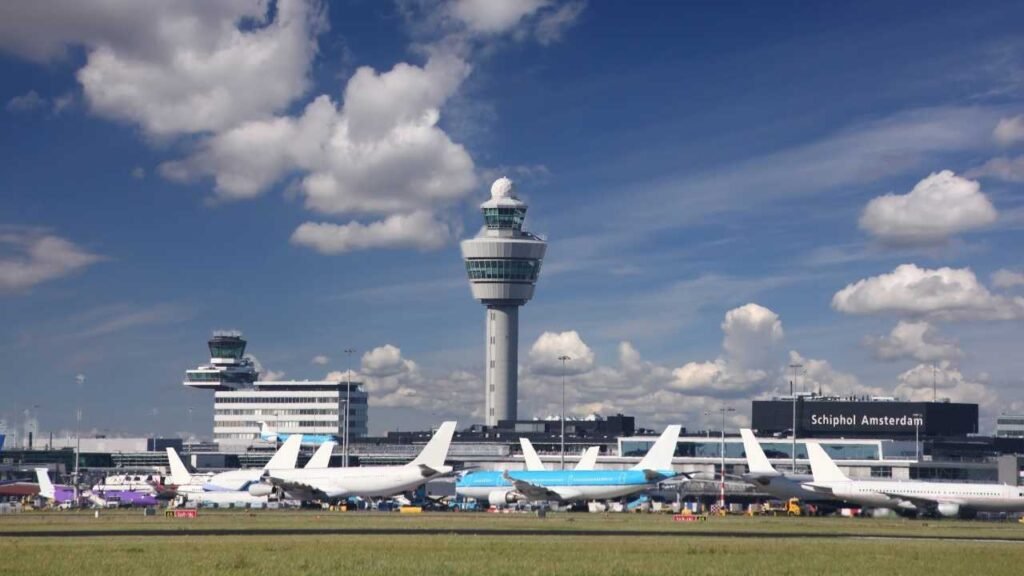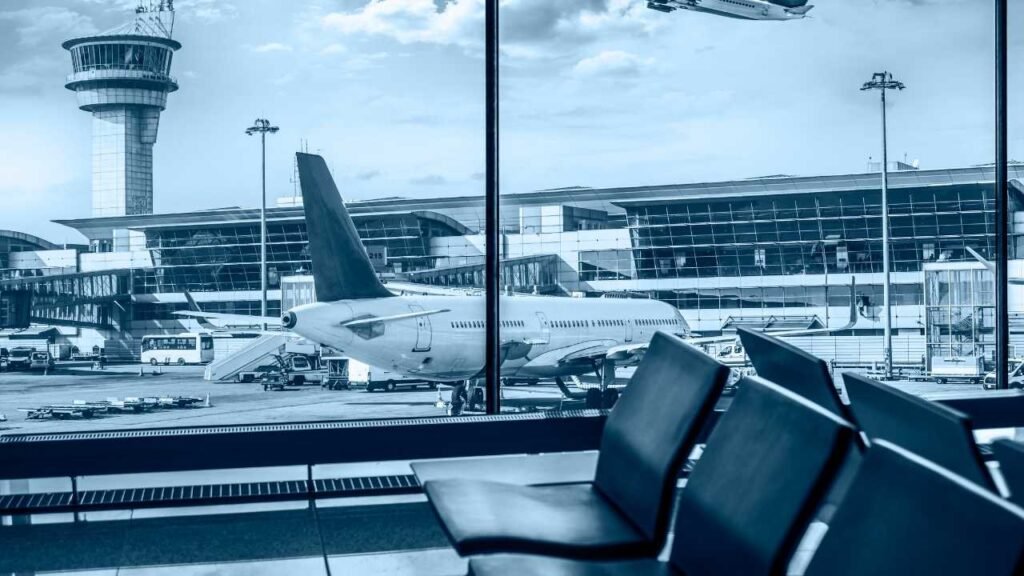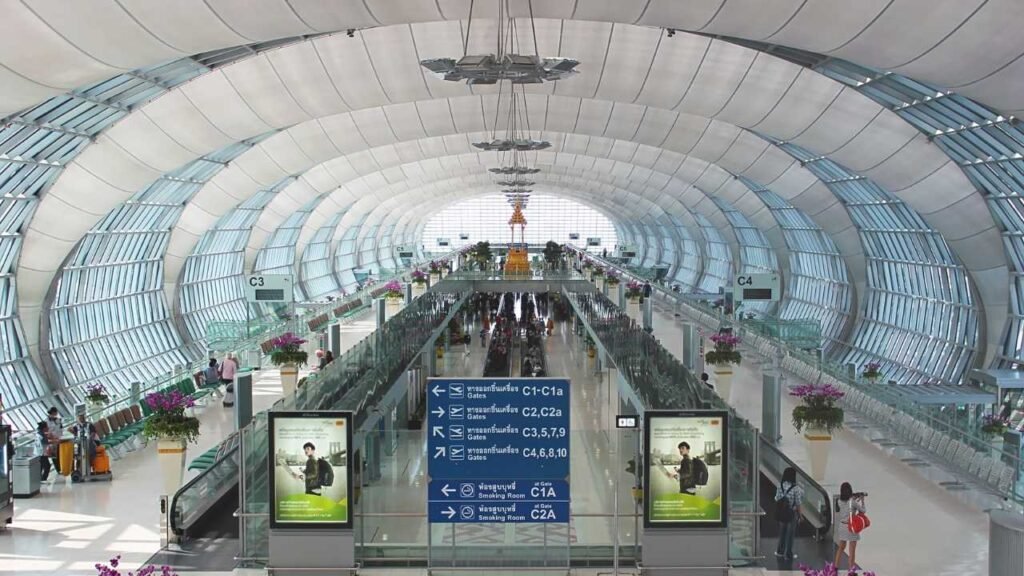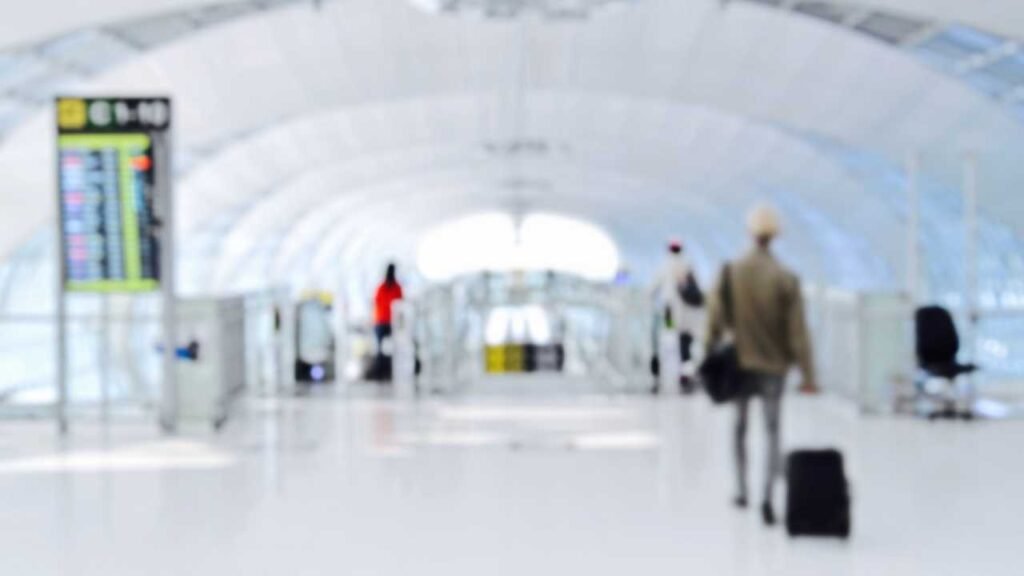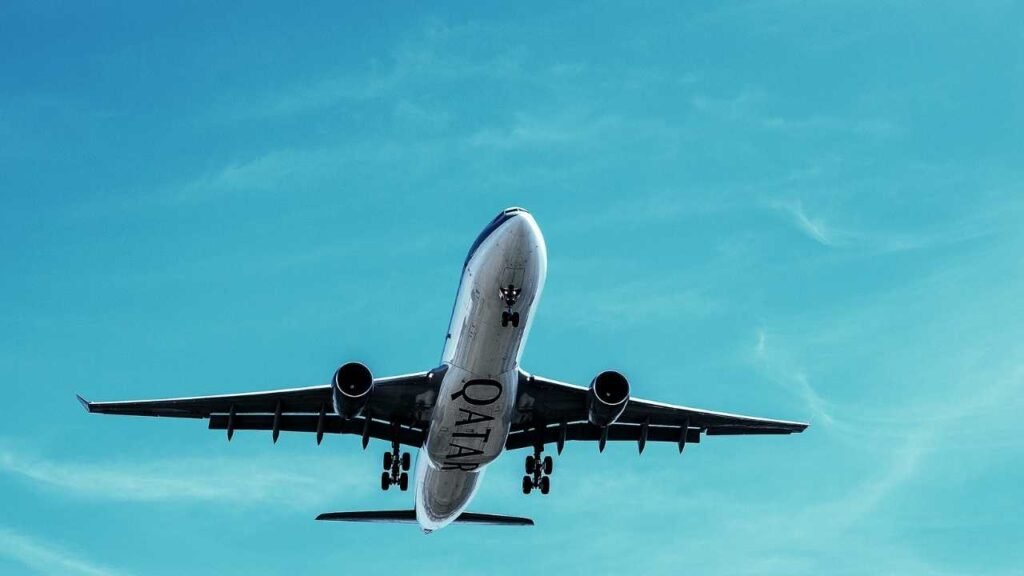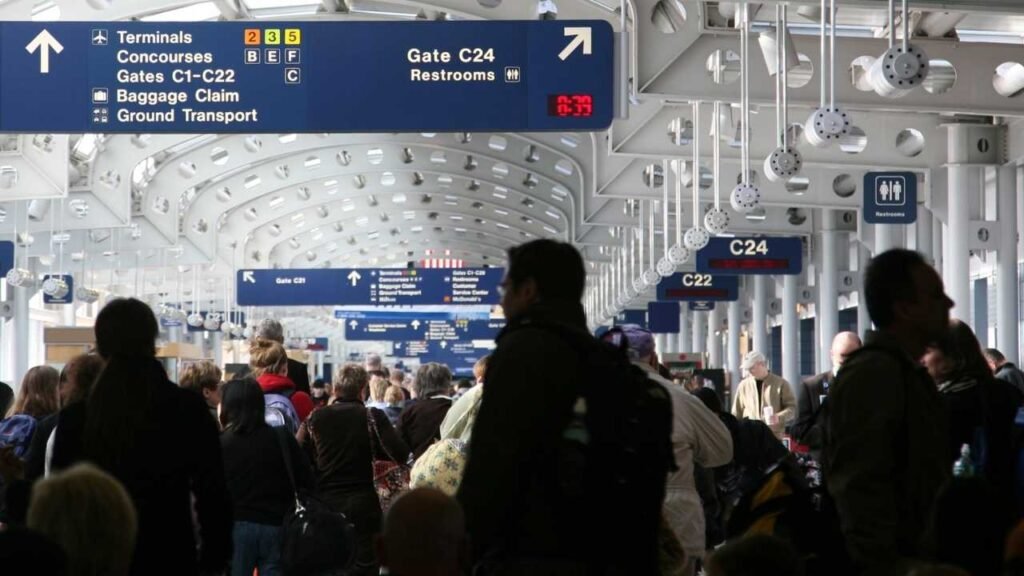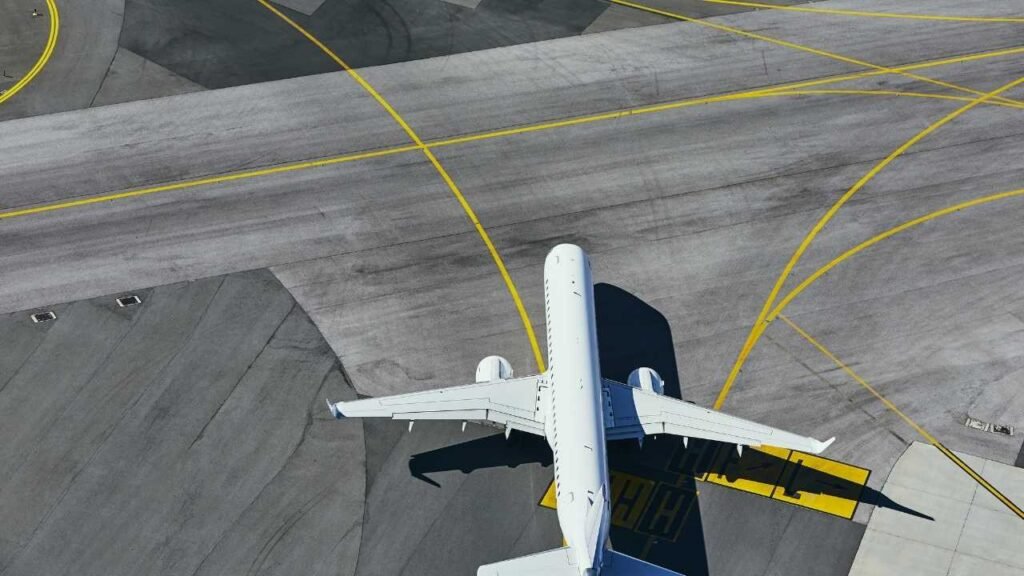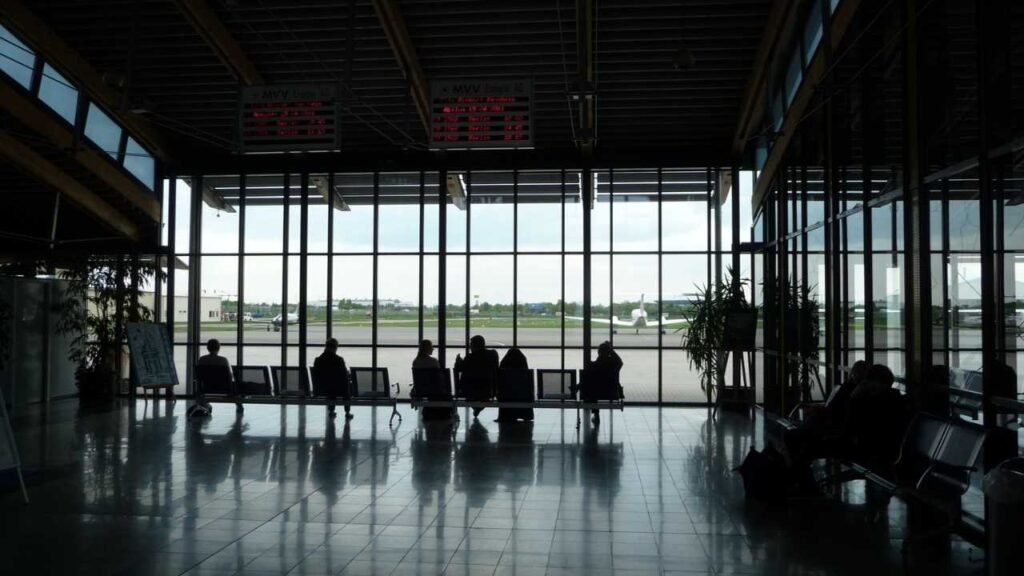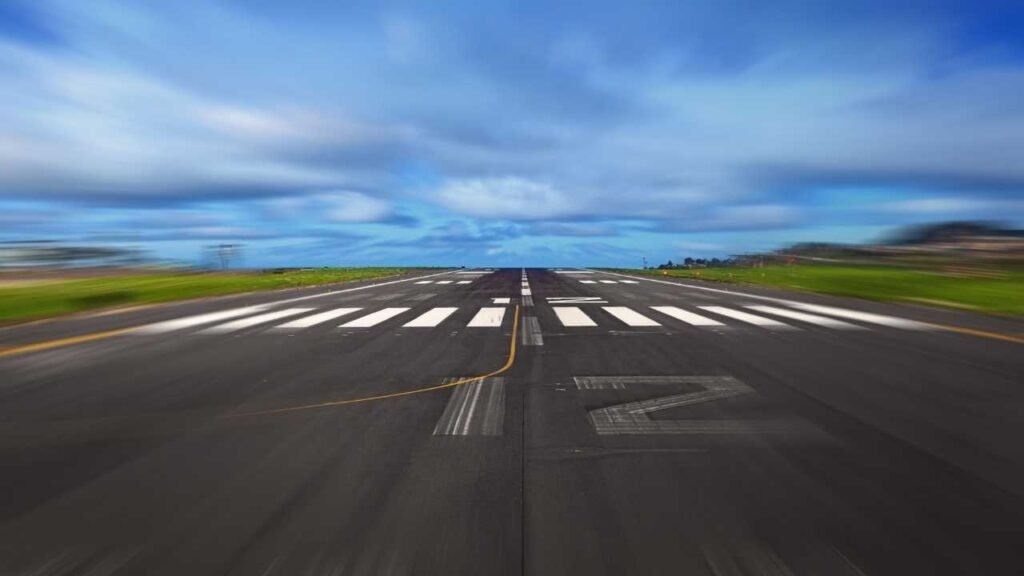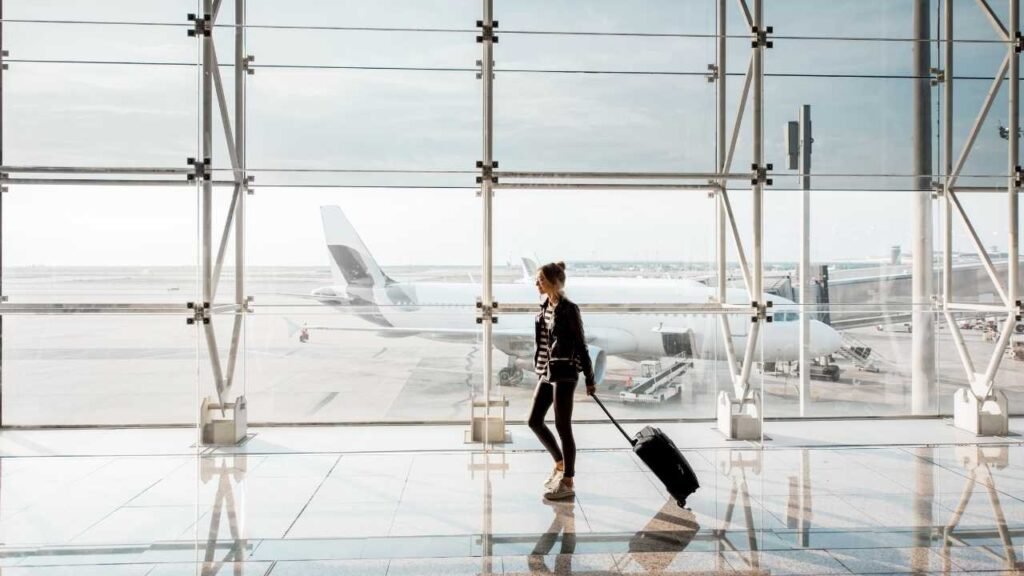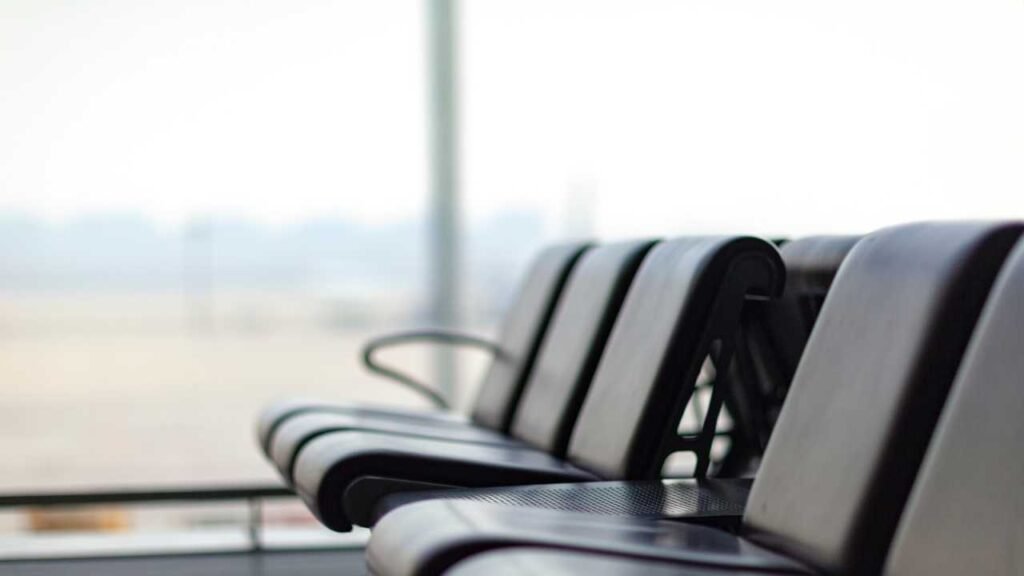- Home
- Tri-Cities Airport (Tennessee) Airport
Tri-Cities Airport (Tennessee) Airport
Slip & Fall and Other Accidents at Tri-Cities Airport (Tennessee) in Tri-Cities, Georgia
Slip and Fall and Other Accidents at Tri-Cities Airport (Tennessee) Aiport in Tri-Cities, Georgia
Slips, trips, and other mishaps happen more than most expect in busy terminals like Tri-Cities Airport (Tennessee). Crowded walkways, wet floors and uneven surfaces create sudden loss of footing. If you are hurt, ask for a supervisor, take photos of the scene, and get evaluated the same day so your recovery and any claim start on solid ground.

Frequent Injuries Reported at Tri-Cities Airport (Tennessee)
Slip & Fall Accidents at Tri-Cities Airport (Tennessee) Aiport
Slip and fall accidents frequently top the list of passenger harm in busy terminals.
Hazards typically stem from wet floors from cleaning, which catch travelers off guard.
High-risk spots tend to be security checkpoints, where crowding amplify risks.
Many incidents trace back to condensation from HVAC vents.
Property operators must keep premises reasonably safe under premises liability rules.
Negligence may be proven through failure to follow cleaning schedules.
Injuries often include wrist or ankle sprains, sometimes leading to long recoveries.
Right after a fall, report the incident to staff and note names and times.
Useful evidence can include close-ups of any liquid or debris.
Surveillance footage may be retained briefly, so send a written preservation request without delay.
Multiple parties may share responsibility, including a janitorial contractor, depending on who controlled the area.
Comparative fault is weighed against the operator’s negligence, so preserve evidence before deciding.
Deadlines to file can be short when government entities are involved, making it important to confirm the exact timeline.
Compensation may cover pain and suffering, with consistent treatment records improving outcomes.
When contacted by insurers, avoid broad statements until you’ve spoken with counsel.
A focused legal review helps secure key video and sets strategy.
Vehicle Accidents at Tri-Cities Airport (Tennessee) Airport
Airport vehicles such as passenger buses at Tri-Cities Airport (Tennessee) in Tri-Cities, Georgia often create dangerous situations.
These crashes frequently happen on the tarmac, where pedestrian safety is often overlooked.
Common causes include malfunctioning brakes or lights.
Risk spikes during peak arrival waves, when lane markings are confusing.
Danger zones often involve service corridors shared with pedestrians.
Responsibility can fall on the airport authority for negligent operation.
Right after an impact, report the incident immediately and visit an urgent care the same day.
Helpful evidence includes contact info for witnesses.
Preservation requests should ask to retain all CCTV covering the time window.
Typical injuries may start as soreness and worsen overnight, so document symptoms.
Comparative fault does not void a claim, even if you stepped outside a marked crosswalk.
Time limits can be shorter for claims involving public authorities, so confirm the exact requirement before filing.
Compensation often considers future care and pain and suffering, and clear documentation strengthen valuation.
If you’re exploring a claim, get a review focused on notice requirements and evidence.
Jet Bridge & Boarding Accidents at Tri-Cities Airport (Tennessee)
Boarding areas and jet bridges at Tri-Cities Airport (Tennessee) in Tri-Cities, Georgia may collapse, causing serious traveler injuries.
Responsibility often falls on maintenance companies, especially when they fail to fix hazards.
Baggage Claim Accidents at Tri-Cities Airport (Tennessee)
The baggage claim area of Tri-Cities Airport (Tennessee) is one of the busiest sections of the airport, which creates risks.
slippery floors near baggage belts injure travelers while passengers retrieve their bags.
Risk factors include misaligned belt guards.
Crowding makes hazards harder to spot, especially during peak arrivals.
High-risk zones include the first drop point where bags appear.
Common injuries include back strains from sudden twisting.
Contributing errors include ignored maintenance alerts.
If a mishap occurs, ask for a supervisor and request an incident number.
Capture evidence like the bag that fell and its tag.
Act quickly to get treated even if symptoms seem minor to support future claims.
Potentially responsible parties may include the airport authority.
Liability often turns on whether staff knew or should have known of the hazard.
Comparative fault may reduce but not eliminate compensation.
Time limits to file can be shorter if a public authority is involved, so confirm the applicable period.
Recoverable damages may include future care, and organized documentation strengthen the case
Security Checkpoint Injuries at Tri-Cities Airport (Tennessee) Airport
Security checkpoints at Tri-Cities Airport (Tennessee) are often the site of accidents, especially when scanners malfunction.
Common hazards include pinches and strikes from rollers, which result in preventable harm.
Bottlenecks raise stress that leads to mistakes, particularly when multiple lanes close unexpectedly.
Contributing factors can involve equipment left in walkways.
Injuries commonly include hip or shoulder fractures that require medical care.
After an incident, request an incident or occurrence number and note names and times.
Useful evidence includes close-ups of signage placement.
Video and data sources scanner logs and lane closures, so email to hold footage for the relevant window.
Responsibility can include TSA or its contractors, depending on contract terms.
Comparative fault may reduce but not eliminate compensation, even if you carried multiple items.
Deadlines to file vary by jurisdiction, so act promptly.
Compensation can cover lost income and travel costs, and clear causation documentation improve outcomes.
Worker Accidents at Tri-Cities Airport (Tennessee)
Employees at Tri-Cities Airport (Tennessee) in Tri-Cities, Georgia face falls from equipment.
Many of these incidents are preventable if management maintained equipment correctly.
International Airport Accidents Linked to Tri-Cities Airport (Tennessee) Airport
International travelers injured at Tri-Cities Airport (Tennessee) in Tri-Cities, Georgia may deal with overseas insurance systems.
Because Tri-Cities Airport (Tennessee) connects Tri-Cities to international carriers, liability often becomes complicated.
Escalator & Elevator Accidents at Tri-Cities Airport (Tennessee)
Escalators and elevators inside Tri-Cities Airport (Tennessee) in Tri-Cities, Georgia sometimes stop suddenly, causing serious passenger injuries.
Responsibility may lie with equipment manufacturers when inspection is neglected.
Shuttle Bus & Ground Transportation Accidents at Tri-Cities Airport (Tennessee) Airport
Shuttle buses, trams, and ground transportation vehicles at Tri-Cities Airport (Tennessee) in Tri-Cities, Georgia can suddenly stop, injuring passengers.
These accidents often occur during busy transfers, creating severe injury risks for residents of Georgia.
Parking Lot & Curbside Accidents at Tri-Cities Airport (Tennessee) Airport
Parking lots and curbside zones at Tri-Cities Airport (Tennessee) in Tri-Cities, Georgia are common accident zones.
Hazards include heavy traffic flow, leading to slip and fall accidents.
Luggage Cart & Conveyor Belt Accidents at Tri-Cities Airport (Tennessee) Airport
At Tri-Cities Airport (Tennessee) in Tri-Cities, Georgia, runaway luggage carts or jammed conveyor belts can strike passengers.
These incidents may result from careless baggage staff.
Food Court & Restaurant Accidents at Tri-Cities Airport (Tennessee) Airport
Restaurants and food vendors inside Tri-Cities Airport (Tennessee) in Tri-Cities, Georgia can cause slip hazards.
Liability often rests with airport restaurant operators when they leave floors unsafe.
Airport Construction Zone Accidents at Tri-Cities Airport (Tennessee)
Renovation or construction areas inside Tri-Cities Airport (Tennessee) in Tri-Cities, Georgia expose travelers to wiring.
Injuries here may involve lack of proper barriers.
Disabled Passenger Assistance Accidents at Tri-Cities Airport (Tennessee)
Disabled passengers at Tri-Cities Airport (Tennessee) in Tri-Cities, Georgia sometimes suffer injuries during wheelchair or electric cart assistance.
Failures to comply with ADA standards often lead to avoidable harm.
Boarding Stair & Ramp Accidents at Tri-Cities Airport (Tennessee)
Portable boarding stairs and ramps at Tri-Cities Airport (Tennessee) in Tri-Cities, Georgia sometimes aren’t secured properly, causing serious injuries.
These accidents are especially common at gates without jet bridges.
Lost Luggage & Property-Related Injuries at Tri-Cities Airport (Tennessee)
Lost luggage at Tri-Cities Airport (Tennessee) in Tri-Cities, Georgia is not just inconvenient — it can create safety problems, such as when essential medication is missing.
Travelers may seek compensation for damages linked to lost or delayed luggage.
Airside & Tarmac Accidents at Tri-Cities Airport (Tennessee)
Restricted airside areas at Tri-Cities Airport (Tennessee) in Tri-Cities, Georgia expose workers and sometimes passengers to aircraft support equipment.
These incidents are serious and often fall under worker’s compensation.
The things you do in the hours following your fall at Tri-Cities Airport (Tennessee) in Tri-Cities, Georgia could mean the difference between a valid legal case and one that is thrown out. Here’s what you should do next.
See a Doctor Immediately After the Accident
The most important step is protecting your health. After an slip and fall at Tri-Cities Airport (Tennessee) in Tri-Cities, Georgia, it’s vital to seek treatment without delay. Even if you don’t think you’re badly hurt, hidden injuries like concussions, fractures, or internal bleeding may become serious if untreated. Request first responders at the airport or go to the local emergency department and make sure you get a written medical report. This report from a doctor will serve as vital evidence when negotiating with insurers.
Document and Collect Evidence
One of the most critical steps after an incident at Tri-Cities Airport (Tennessee) in Tri-Cities, Georgia is to record the scene. Use your smartphone to take photos of the hazard such as cluttered walkways. Make sure to photograph the location from multiple angles and include signs posted nearby. Write down the time of the accident and anything unusual you noticed. If there are witnesses who saw the incident, politely request their contact information. This documentation will support your claim when your lawyer pursues legal action on your behalf.
Speak to a Lawyer Right Away
Call for Airport Accident Legal Support Once you’ve reported the accident at Tri-Cities Airport (Tennessee) in Tri-Cities, Georgia, the next step is to speak with an attorney who understands airport accident claims. Airports and their risk managers will act quickly to minimize payouts, and without a lawyer you may be asked to sign paperwork that waives your rights. A qualified attorney can: Investigate the accident immediately Identify all liable parties Handle state and federal filing requirements Negotiate with insurers Call our legal help desk now for a free consultation. By contacting us today, you can understand your case value and make sure your accident at Tri-Cities Airport (Tennessee) in Tri-Cities, Georgia leads to fair compensation.
Report the Accident to Airport Staff
After an injury at Tri-Cities Airport (Tennessee) in Tri-Cities, Georgia, it’s essential that you notify airport staff right away. Go directly to the information desk, or call the airport’s passenger assistance phone number if you are unable to walk to a desk. Always insist on receiving an incident report, and make sure it includes your contact information as well as the location inside Tri-Cities Airport (Tennessee). This record serves as an essential record that the accident occurred inside Tri-Cities Airport (Tennessee), and it can protect you if the airport denies responsibility. If the airport provides a case number, write it down and store it with your records.
Save All Documentation After the Accident
After an accident at Tri-Cities Airport (Tennessee) in Tri-Cities, Georgia, it’s critical to save all documents connected to your case. This includes medical bills, as well as boarding passes. Keep copies of insurance correspondence along with your address. If you lost time from work, make sure to save pay stubs to show how the accident at Tri-Cities Airport (Tennessee) affected your income. Maintaining a complete record of expenses and correspondence will strengthen your claim. Without this proof, the airport, airline, or their insurers may deny parts of your claim.
Protect Your Case by Staying Silent on Key Details
After an accident at Tri-Cities Airport (Tennessee) in Tri-Cities, Georgia, it’s very important that you avoid making statements that can be used against you. Airline staff, airport security, or insurance representatives may request a statement while you’re still shaken. Anything you admit could later be twisted. Avoid saying it was your fault without first getting legal advice. Instead, provide only basic details and let your attorney handle all detailed questions. By keeping quiet on details, you protect your rights and allow your lawyer to present the evidence properly.
Frequent Ask Questions About Accidents in {aiport_name} Airport
How do lawyers define an accident at Tri-Cities Airport (Tennessee) Airport?
There are many ways travelers may get hurt at Tri-Cities Airport (Tennessee) Airport. Some of the most common examples include, falls caused by rainwater tracked through entrances. It’s not just the gates and terminals — cafeterias, food courts, and gift shops also create risks when poorly maintained. At the end of the day, any situation where a traveler is harmed due to negligence, it likely counts as an airport accident under the law.
Who can be held responsible after an accident at Tri-Cities Airport (Tennessee) Airport?
Every case is unique, and who is legally at fault will vary. It’s common that, Tri-Cities Airport (Tennessee) Airport management may be directly at fault. Other groups may also share responsibility. Vendors, shop owners, and food courts inside Tri-Cities Airport (Tennessee) Airport can also be held accountable if their negligence created unsafe conditions. In many situations, multiple companies are involved, and they may share legal responsibility. Because airports are complex systems with many contractors, you need an attorney to investigate.
What should I do immediately after I’m injured at Tri-Cities Airport (Tennessee) Airport?
The first and most urgent step is to seek medical attention. Early treatment also protects your health if hidden injuries exist. Be sure to notify airport authorities and ask that a formal incident report be created. This paperwork can be key evidence later on. Use your phone to capture evidence. Don’t be shy about requesting contact details from bystanders. Do not wait weeks to call an attorney. Evidence can disappear in hours.
Is it really necessary to have an attorney if I was hurt at Tri-Cities Airport (Tennessee) Airport?
Yes, in almost every case. Here’s why: airports and airlines have powerful legal teams. Without an attorney, you’re at a major disadvantage. A lawyer will gather evidence, subpoena security footage, review maintenance logs, and deal directly with insurance adjusters. That means you pay nothing upfront. So hiring a lawyer doesn’t add risk — it adds protection.
Is it possible to bring a case against the airline if my accident happened while boarding or deplaning at Tri-Cities Airport (Tennessee) Airport?
In many cases, yes you can. Airlines are responsible for passenger safety during boarding and deplaning. Examples include jet bridges that collapse or shift, slippery surfaces during boarding, or flight crew negligence in assisting passengers. An experienced attorney will determine if one or multiple parties should be sued. If you were hurt during boarding or exiting, don’t assume you have no case — the airline may owe you compensation.
What can I claim financially after an accident at Tri-Cities Airport (Tennessee) Airport?
Depending on your case, you may be eligible for several categories of damages. These may include medical expenses like hospital bills, surgery costs, and rehabilitation therapy. If you missed work or can no longer perform your job, lost income is included. Airports and insurers often fight these claims, but they can be significant. If you require ongoing care or special equipment, that can be part of your settlement. Without legal guidance, you risk settling for far less than you deserve.
Is filing a claim against Tri-Cities Airport (Tennessee) Airport different from other injury cases?
Generally, yes — airport accident cases involve unique challenges. Airports often involve government entities, multiple contractors, and airlines. Different rules can apply depending on whether the airport is city-owned, private, or federally regulated. Additionally, large airports have insurance companies and legal teams who fight claims aggressively. That makes legal representation even more important for these claims.
What happens if the airport says the accident was my fault?
It’s a common defense tactic for Tri-Cities Airport (Tennessee) Airport to argue you were careless. You could still win money even if the airport proves you were partly responsible. For example, if you slipped on an unmarked wet floor but were looking at your phone, a court may assign partial fault but still hold Tri-Cities Airport (Tennessee) Airport liable. Strong evidence can tip the case in your favor. Blame-shifting is a strategy to avoid paying, not proof you don’t have a case.
Do I have to pay upfront to hire a lawyer for an accident at Tri-Cities Airport (Tennessee) Airport?
Most airport accident lawyers work on a contingency fee basis. This means you only pay if you win your case. Most firms clearly explain their contingency percentage. This system makes legal help accessible to everyone, regardless of income. At the end of the day, legal representation usually results in far higher settlements, even after attorney fees are deducted.
